AAVMC Annual Conference: Catalyzing Dynamic Change in Academic Veterinary Medicine
The AAVMC’s recent Catalyze 2022 Annual Conference and Iverson Bell Symposium drew more than 350 attendees, both in person and virtual, for a dynamic event that featured three keynote speakers and numerous workshops and presentations focused on prominent issues in academic veterinary medicine. The conference took place March 3-5 at the Watergate Hotel in Washington, D.C.
It was the AAVMC’s first opportunity to gather in-person for their annual conference since March 2020, just before the COVID-19 pandemic shook the world and shut down face-to-face meetings.
There were more than 30 presentations and break-out sessions on topics that ranged from “Assessment and Review of Admissions Processes” to “A Critical Assessment of the New Veterinarian: Debt, Compensation and Wellness,” and “Academics Experience in Veterinary Educational Research: Results of a Broad International Survey and Interviews of Early Leaders.”
Many sessions focused on Diversity, Equity and Inclusion (DEI) in academic veterinary medicine, including: “One Small Step toward Increasing Diversity in Veterinary Medicine-Diversity and Inclusion Pledges”; “DEI and Wellbeing Application Essay Prompts”; “Strategies for Integrating Diversity, Equity and Inclusion Skills into Pre-Clinical Professional Skills Coursework”; “Understanding Cultural Competency, Diversity, Equity and Inclusion Across Veterinary Institutions: A Global Perspective Through Survey and Focus Group Discussions”; and “Use of a Hack-a-Thon to Engage Students and Faculty in Designing a Longitudinal Diversity, Equity, Inclusion and Belonging Thread in a Veterinary Residency Program.”
Wellbeing was another common theme, with sessions that included “Integrating Wellbeing into the Pre-Curriculum: Learning Objectives and Assessment Toolkit,” “Health and Wellbeing Among LGBTQ+ Veterinary Professionals and Students,” and “Transitions to Practice: Supporting the Wellbeing of Early-Career Veterinarians.”
Several sessions focused on the curriculum, such as the challenge of implementing the Competency-based Veterinary Education (CBVE) framework in teaching hospitals or a Stanton Foundation-sponsored symposium on Spectrum of Care, an approach that aims to ensure that graduates have the knowledge, skills and confidence to provide clients and their animals with a range of care options.
Keynote Speakers Look at Educational and Institutional Change
… factors contributing to inequality are ‘subtle’ and overcoming them will take ‘time and commitment.’
Anthony Carnavale
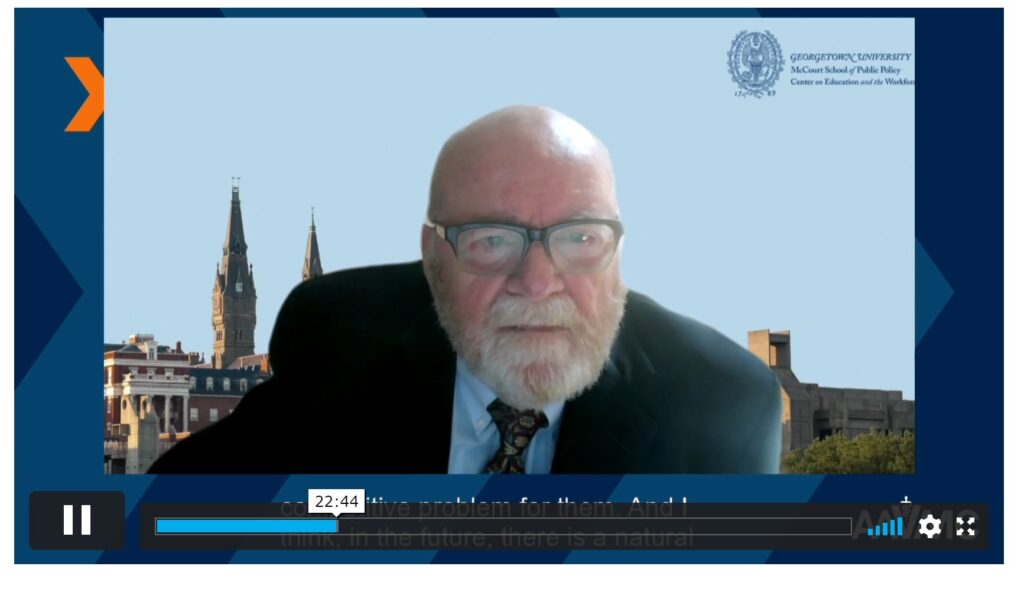
Keynote speaker Dr. Anthony P. Carnavale, author of the book “The Merit Myth” and a research professor at Georgetown University, addressed the conference on Thursday. He outlined how education has changed over time but is still “the most well-traveled pathway to economic success.” He said that “Education has enormous potential and is a powerful tool to address injustices,” however, it has failed to do so. He pointed out the powerful effects of demography and socio-economic status in determining success by noting that those in the highest income quartile but with early grade test scores in the bottom half still have a 70 percent chance of graduating from college and getting a good job. However, those in the lowest income quartile with early grade test scores in the upper half only have a 31 percent chance of graduating from college and getting a good job.
Access to good jobs is largely determined by education and education has enormous potential to address race, class and gender issues, he said, but that potential is unrealized because of inherent unfairness.
Overall, he said the evidence shows that the economic value of education is largely determined by field of study.
In the future, he expects career training to play a more dominant role with hybrid educational models that do not necessarily involve getting a four-year degree.
He adds that the factors contributing to inequality are “subtle” and that overcoming them will take “time and commitment.”
Are we helping humans get better at being humans?
Randall Bass
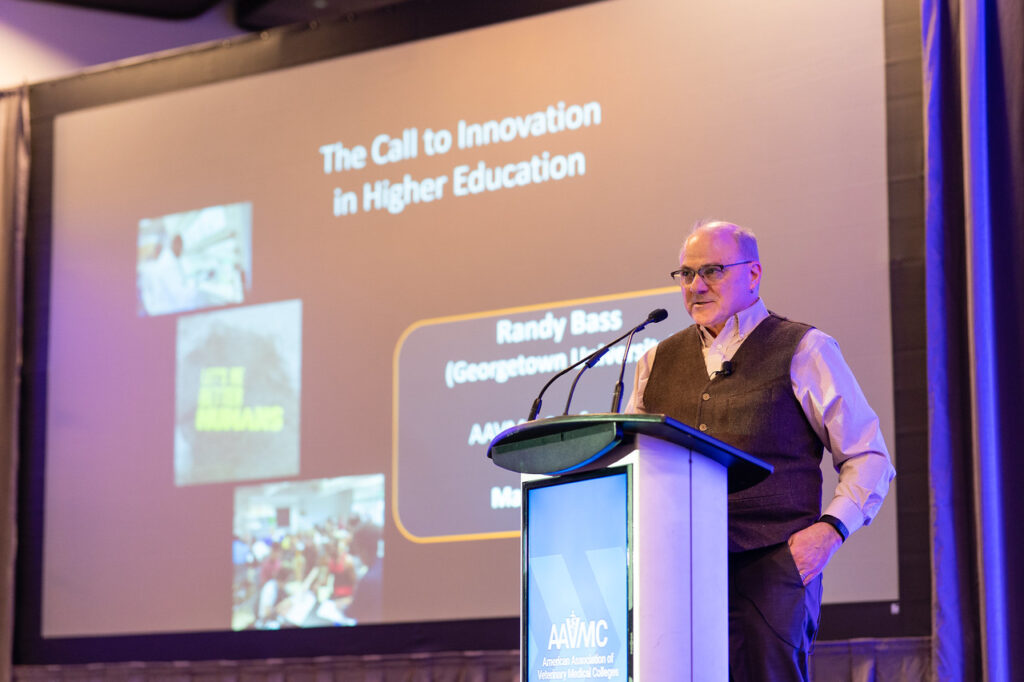
Keynote speaker Dr. Randall Bass, vice president for strategic education initiatives and an English professor at Georgetown University, addressed the conference on Friday. Dr. Bass called for innovation in higher education and noted how the COVID-19 pandemic contributed to “punctuated equilibrium,” where people were forced to adopt new learning paradigms, expanding what learning looks like in the U.S.
He stressed the importance of active, inclusive, and holistic teaching. “The skills of the future are not found in traditional classrooms,” he said, and include characteristics such as creativity, curiosity, resilience, and ethical judgment, which can’t necessarily be taught, but can be cultivated in the right environments. Key takeaways regarding higher education innovation include that a digital revolution has led to a human learning revolution, that quality teaching and training elevate the learning process for students, and we must educate the whole person.
In the end, he asked, “Are we helping humans get better at being humans?”
Slavery is one of the oldest institutions … It’s foundational to the nation and casts a long shadow that shapes all of our institutions.
Nikole Hannah-Jones
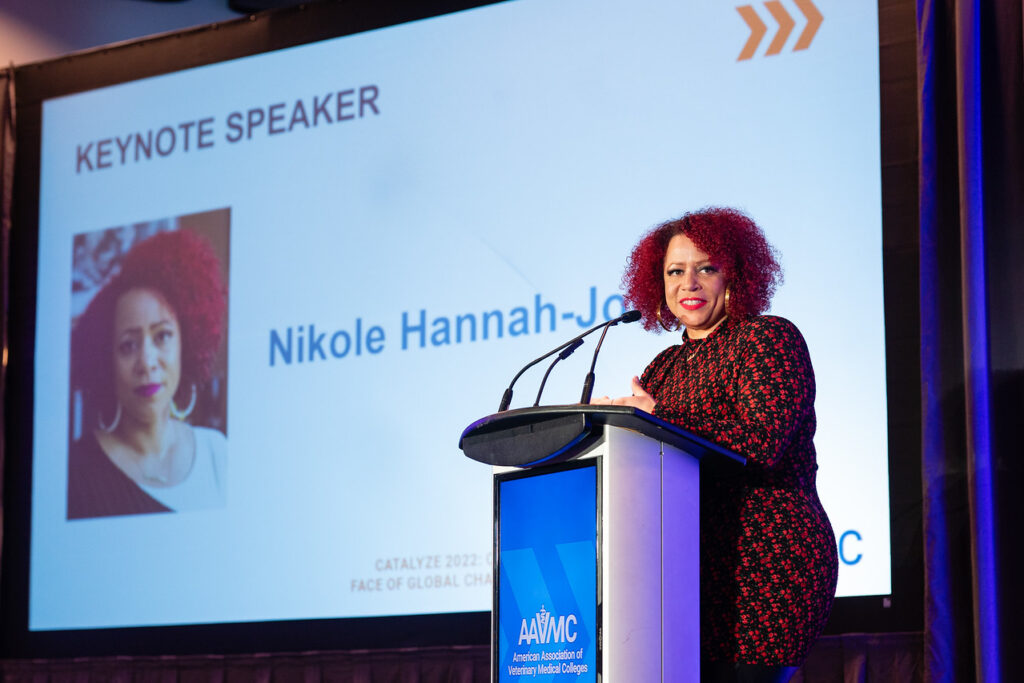
Keynote speaker Nikole Hannah-Jones, creator of “The 1619 Project,” addressed the conference on Saturday. She outlined how the project, which she wrote for the New York Times’ Magazine, re-casts the creation of the United States as starting from when the first African slaves were sold to colonists in Virginia, versus the 1776 signing of the Declaration of Independence. “Slavery is one of the oldest institutions,” she said, “It’s foundational to the nation and casts a long shadow that shapes all of our institutions.” The disparity between the goals and aspirations of the Declaration of Independence and the practice of slavery created what she called “visceral, dueling tensions,” that continue to affect American culture today. She noted how there have been attempts to outlaw teaching of “The 1619 Project” in schools as unpatriotic, but she asserts that the project is patriotic. “It’s the type of patriotism that says, you should fight and force your country to live up to its ideals,” she said. Jones’ talk was followed by a special book signing and all attendees received a copy of the book, “The 1619 Project: A New Origin Story. “
There were several special announcements at the conference:
- Dr. Christine Jenkins from Zoetis announced a $1.87M grant to fund the 2023 Zoetis Foundation/AAVMC Veterinary student scholarships. Read more.
- AAVMC CEO Dr. Andrew T. Maccabe announced that the AAVMC had sent a letter of support to faculty at the Bila Tserkva National Agrarian University in the Ukraine affirming that the AAVMC stands in solidarity with the global veterinary medical community and our Ukrainian colleagues. Read the letter here.
- Dr. Lisa M. Greenhill, Senior Director for Institutional Research and Diversity, received the AAVMC’s Presidential Award for Meritorious Service.
Conference attendees can logon and review sessions here.
Virtual Advocacy Day a Success
Once again, the AAVMC’s Advocacy Day was orchestrated online because House and Senate office buildings were under COVID and security restrictions for visitors. The event went very well, according to AAVMC Governmental Affairs Director Kevin Cain.
A total of 76 participants from 25 states representing 82 House districts and 51 Senate offices conducted 133 meetings during the event, which was held over two days.
AAVMC volunteers focused on three strategic AAVMC priorities as well as issues unique to their own schools and colleges during the event.
Awards
The AAVMC gave out five awards to include: Billy E. Hooper Award for Distinguished Service; Distinguished Veterinary Teacher Award, sponsored by Zoetis; Excellence in Research; Iverson Bell, sponsored by Banfield Pet Hospital; and the Patricia M. Lowery Diversity Scholarship. Check out the award winners here.
View awardee tribute videos and photos from throughout the conference below.
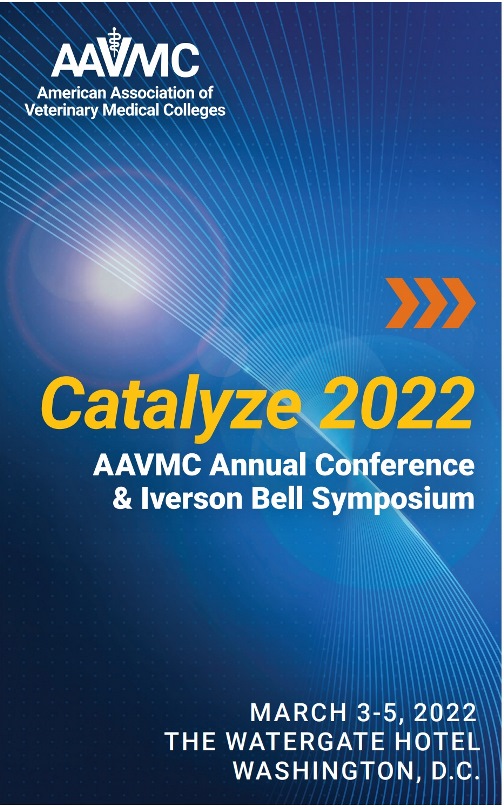
Award Winner Tribute Videos
Thursday Conference
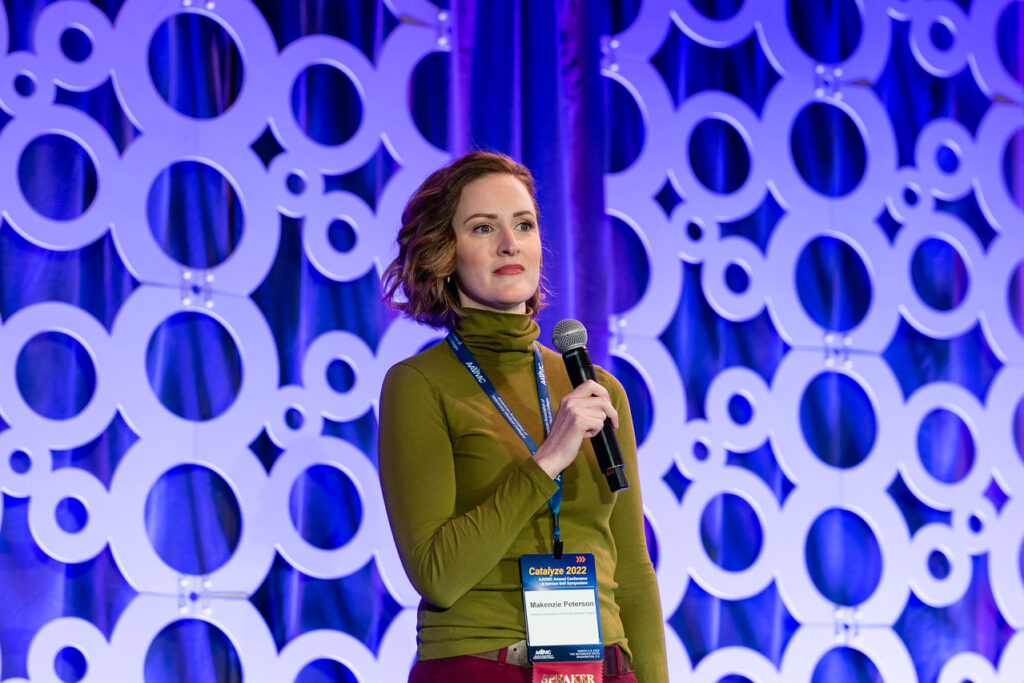
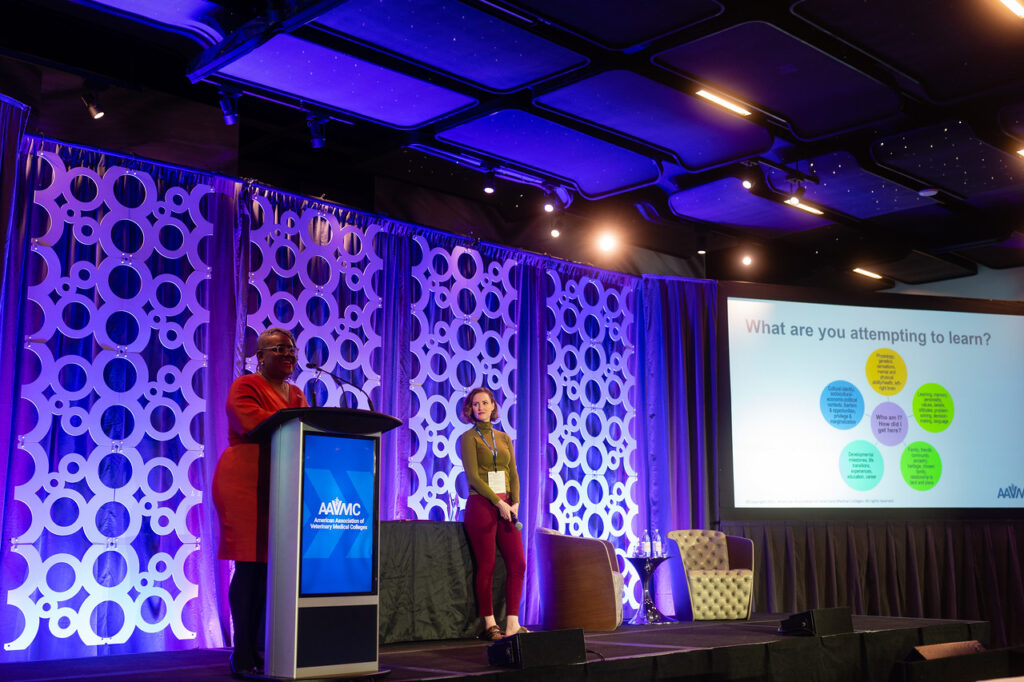
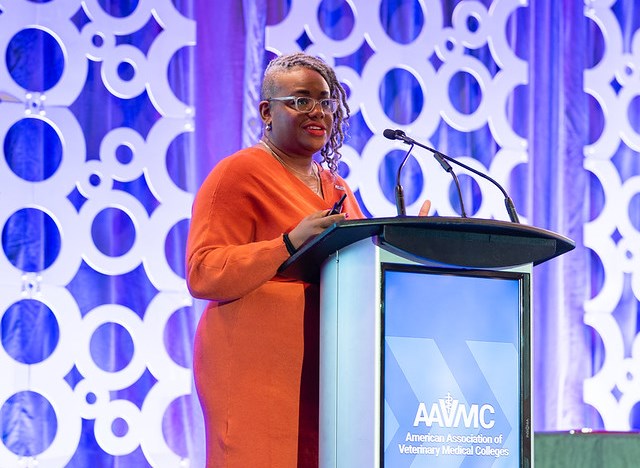
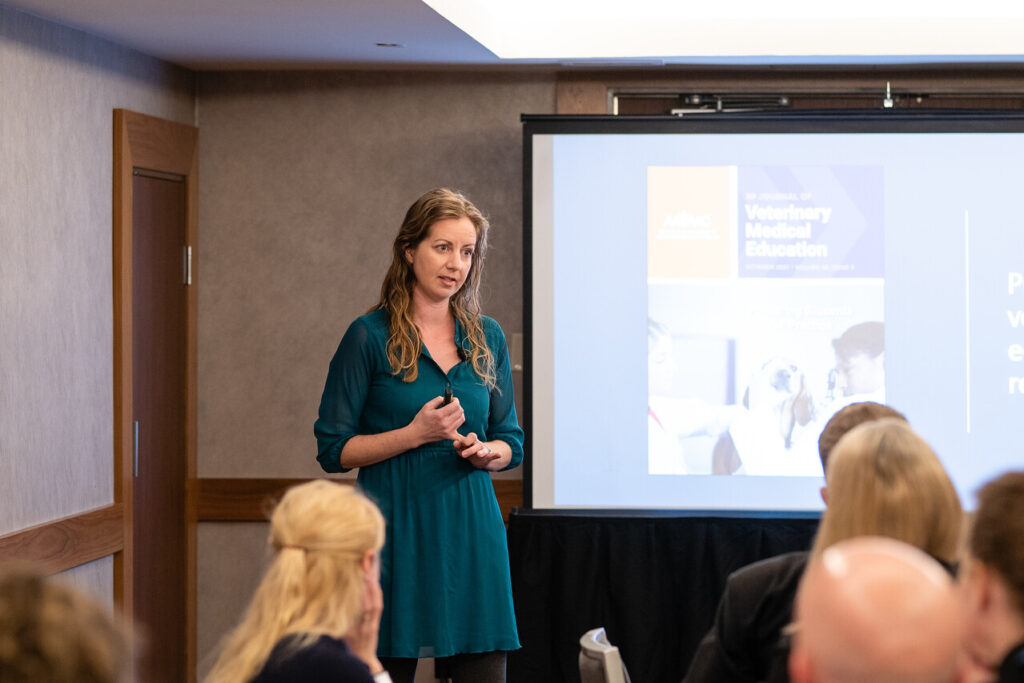
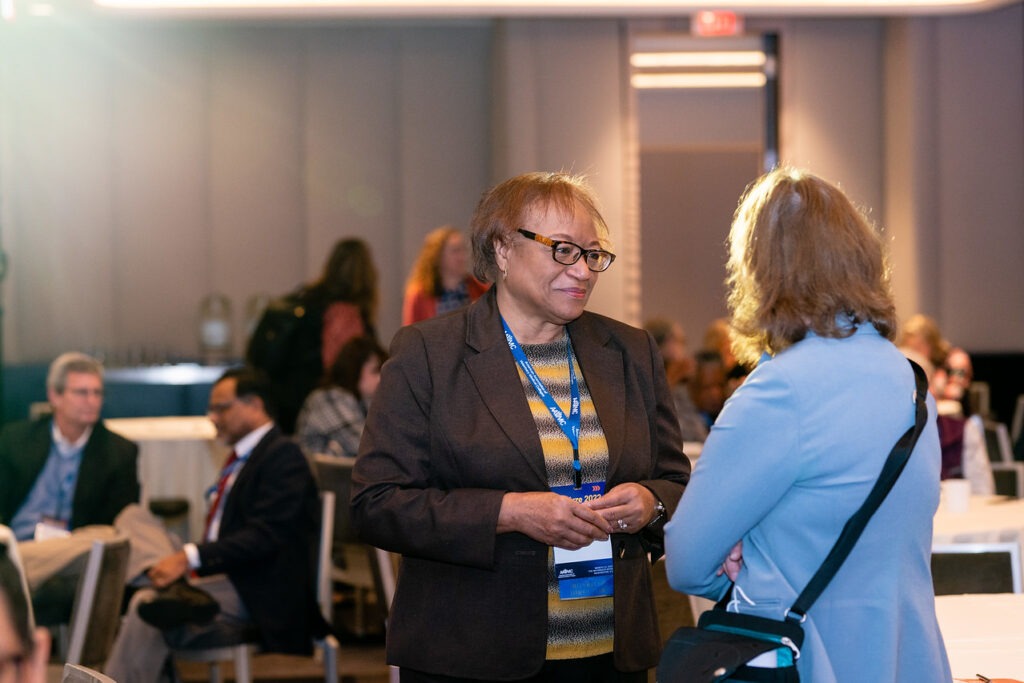
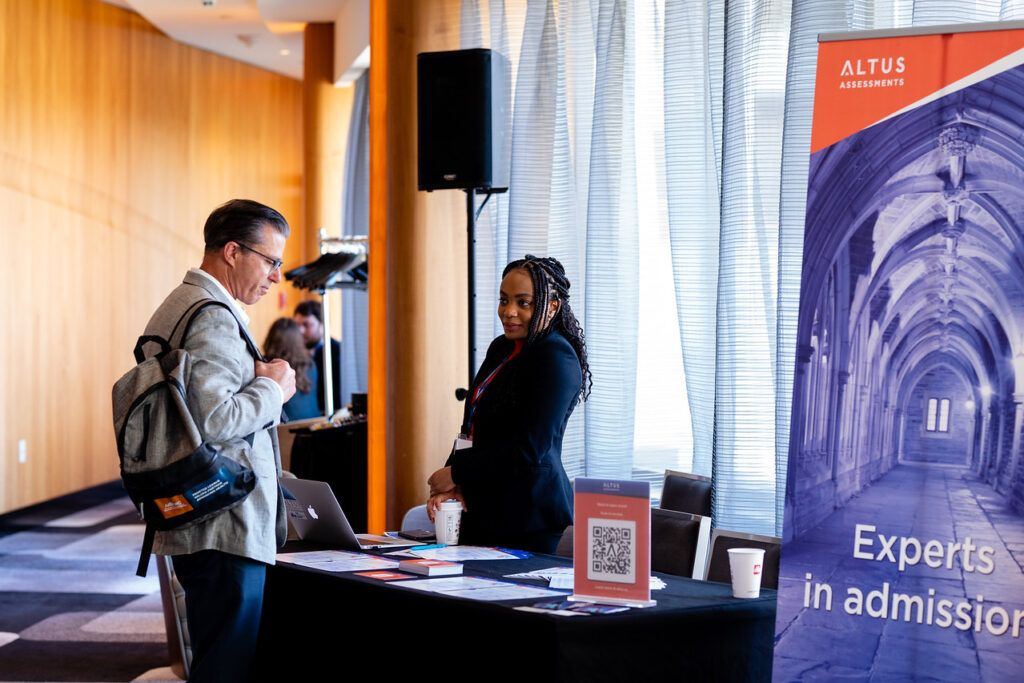
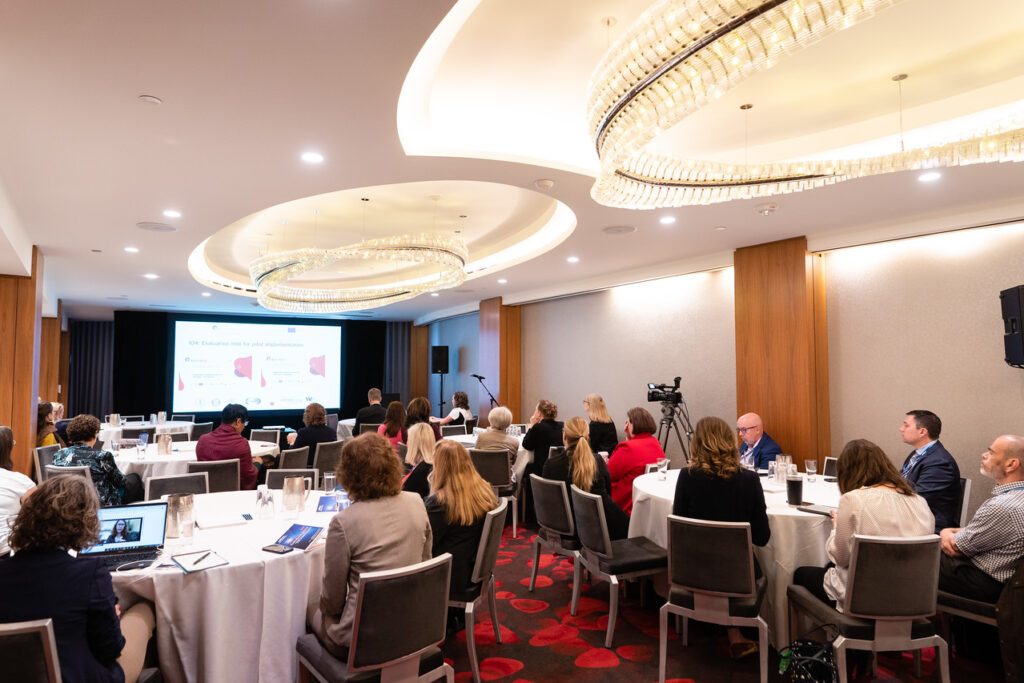
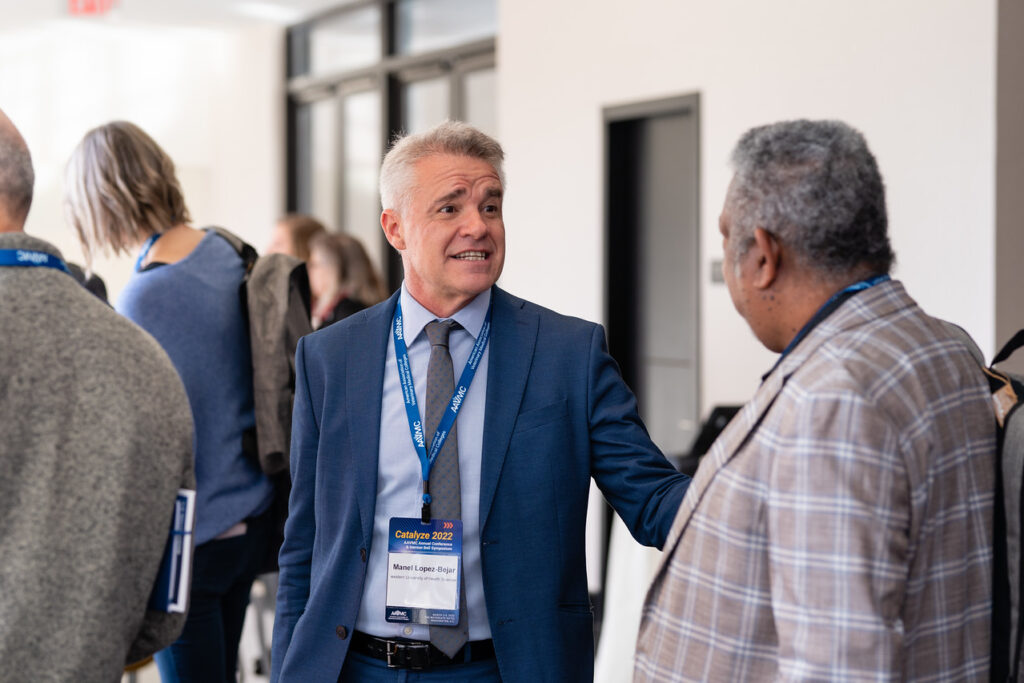
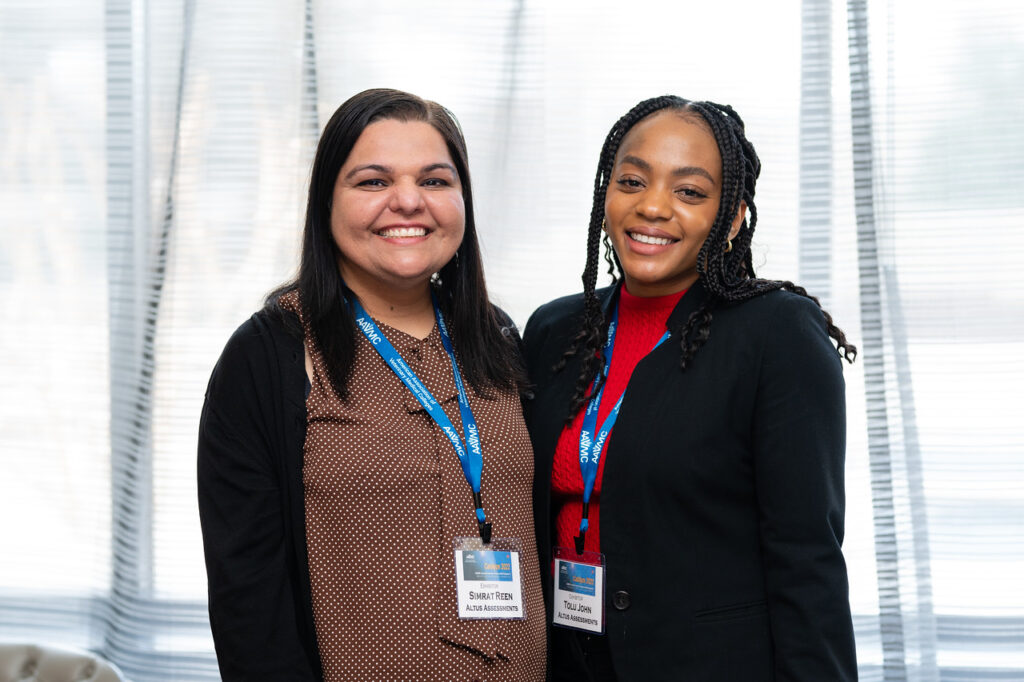
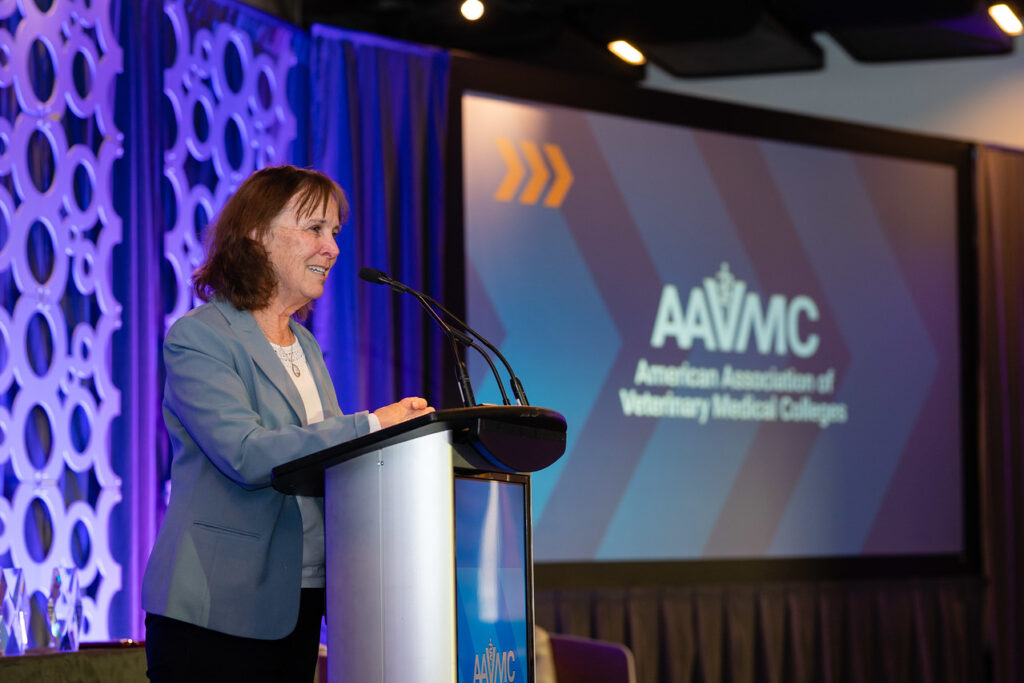
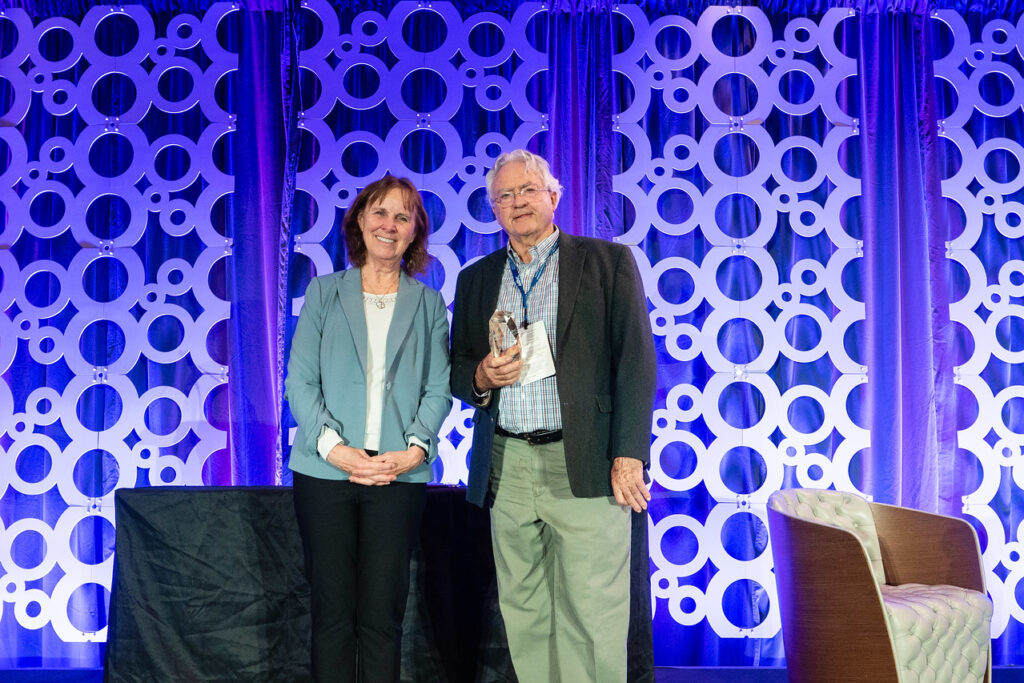
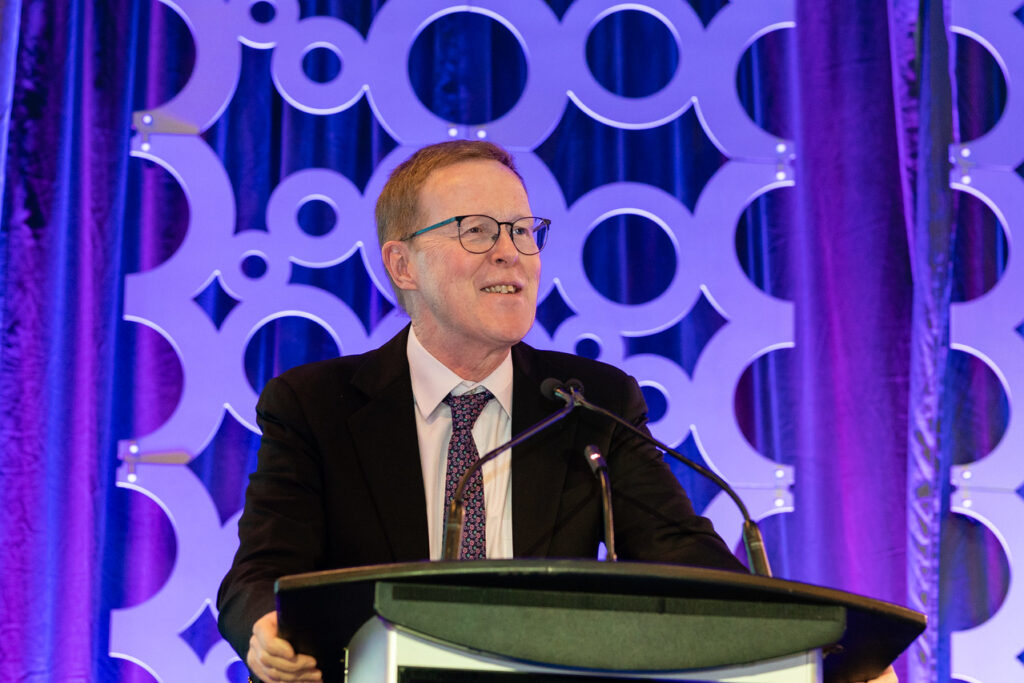
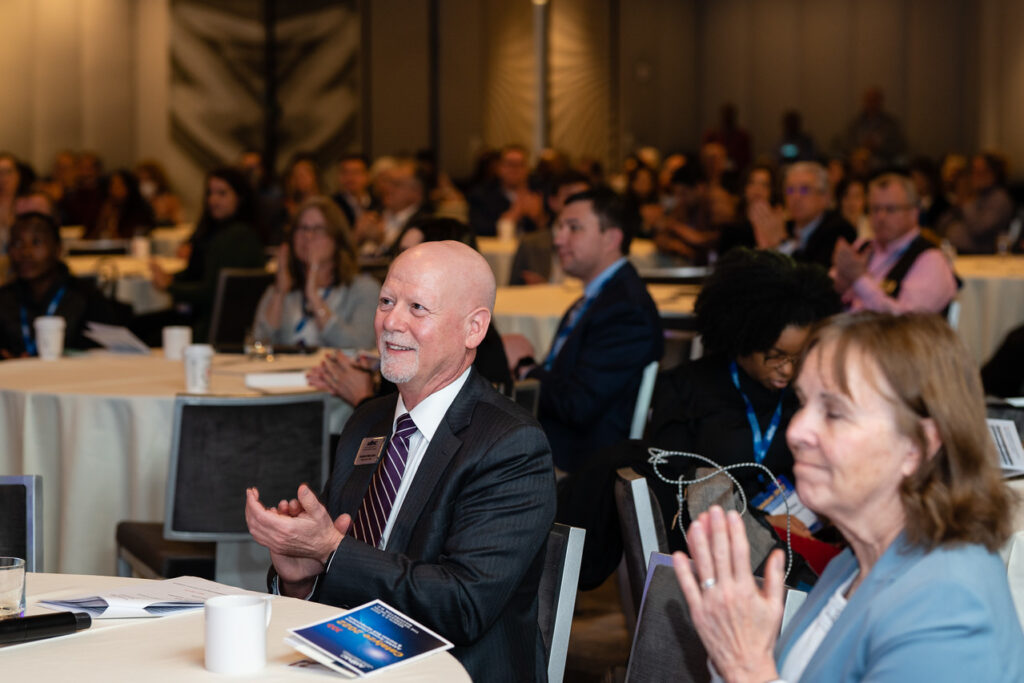
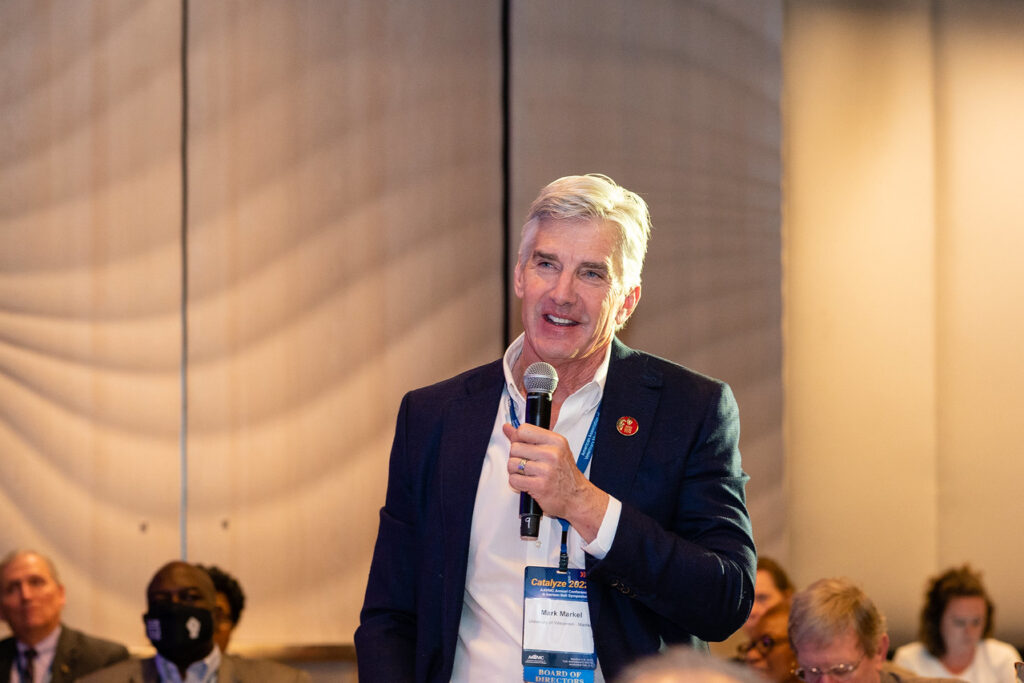
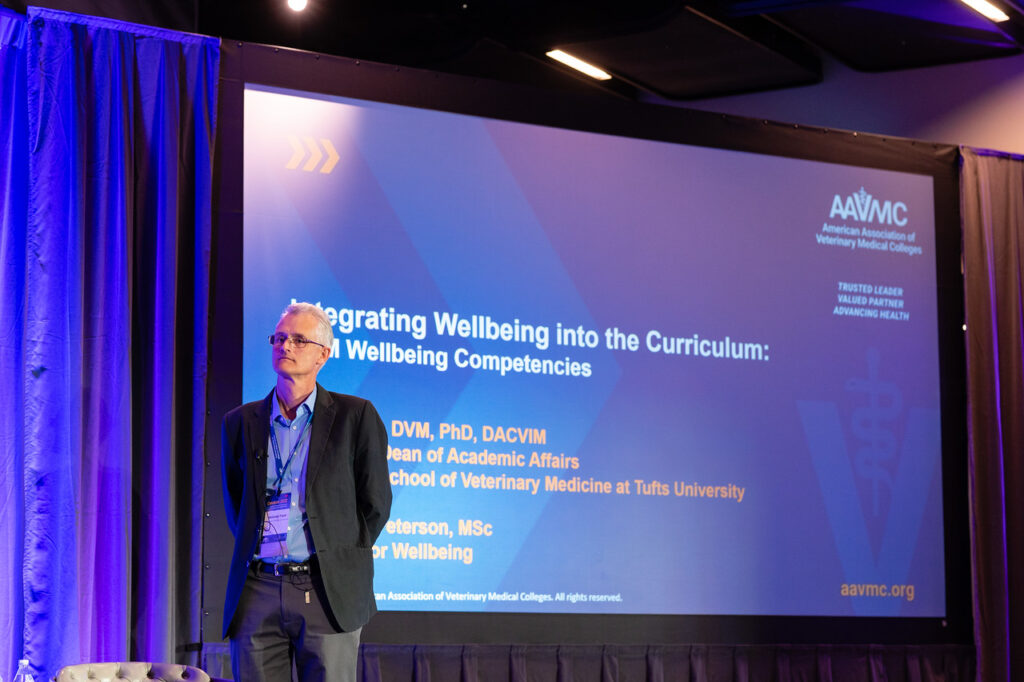
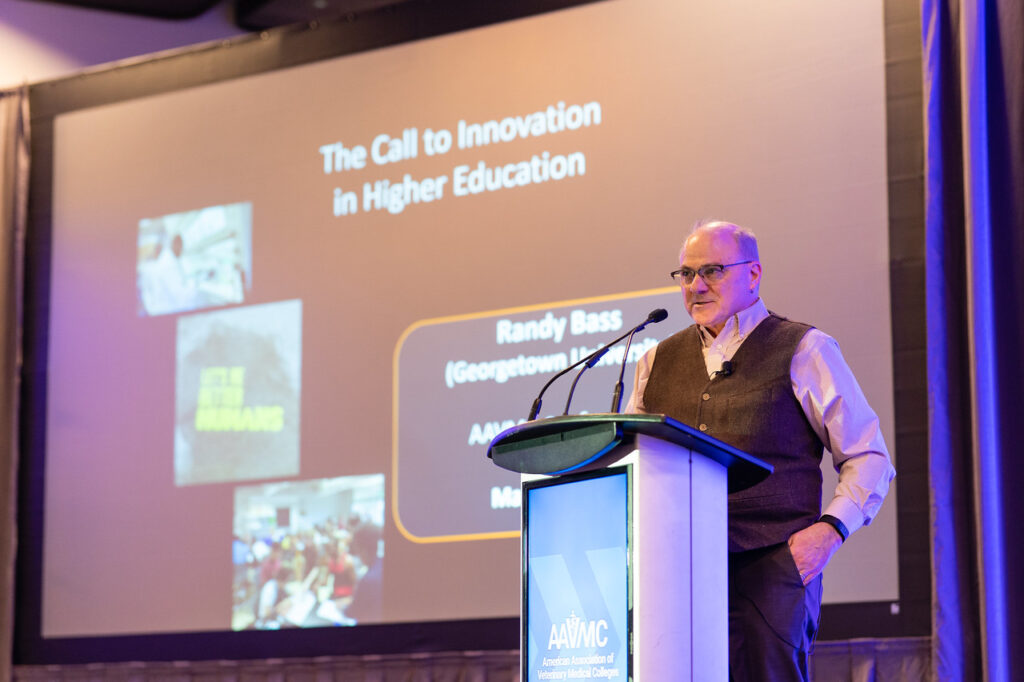
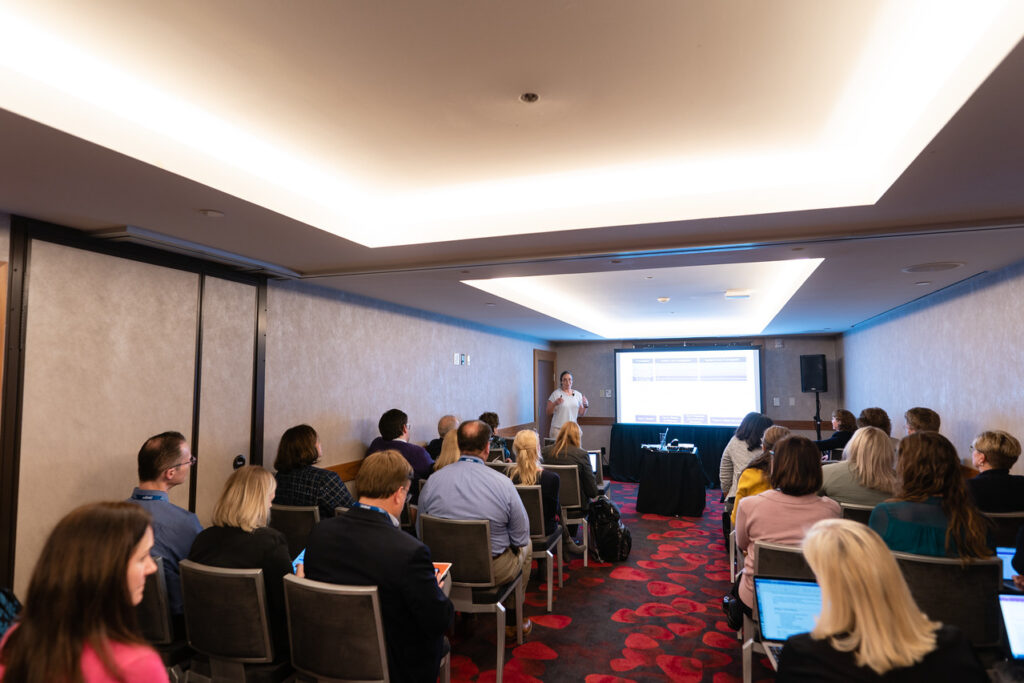
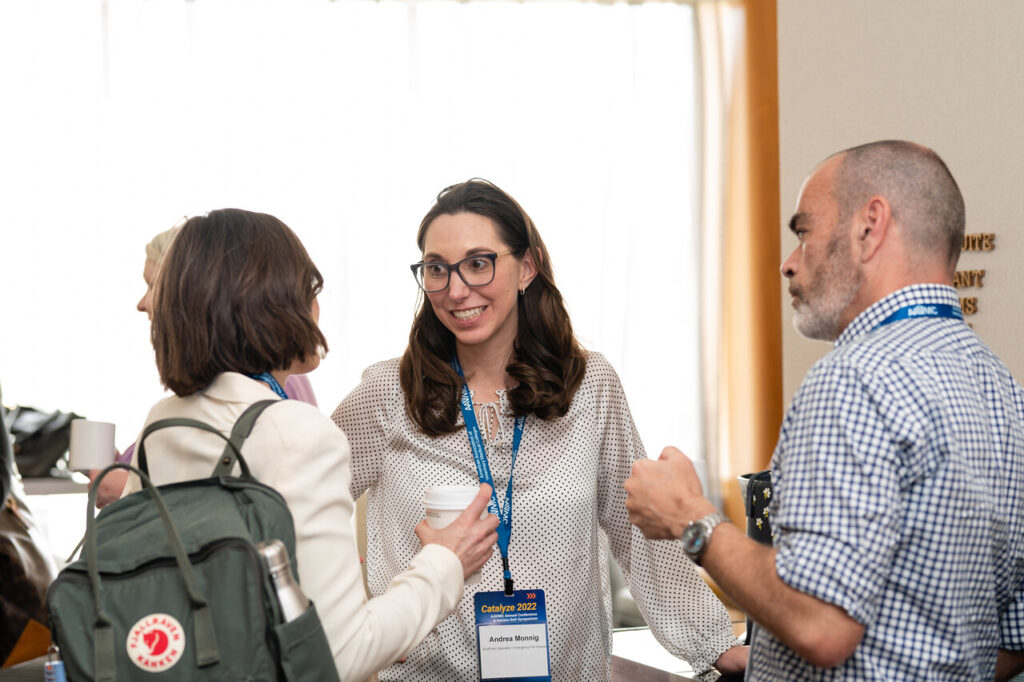
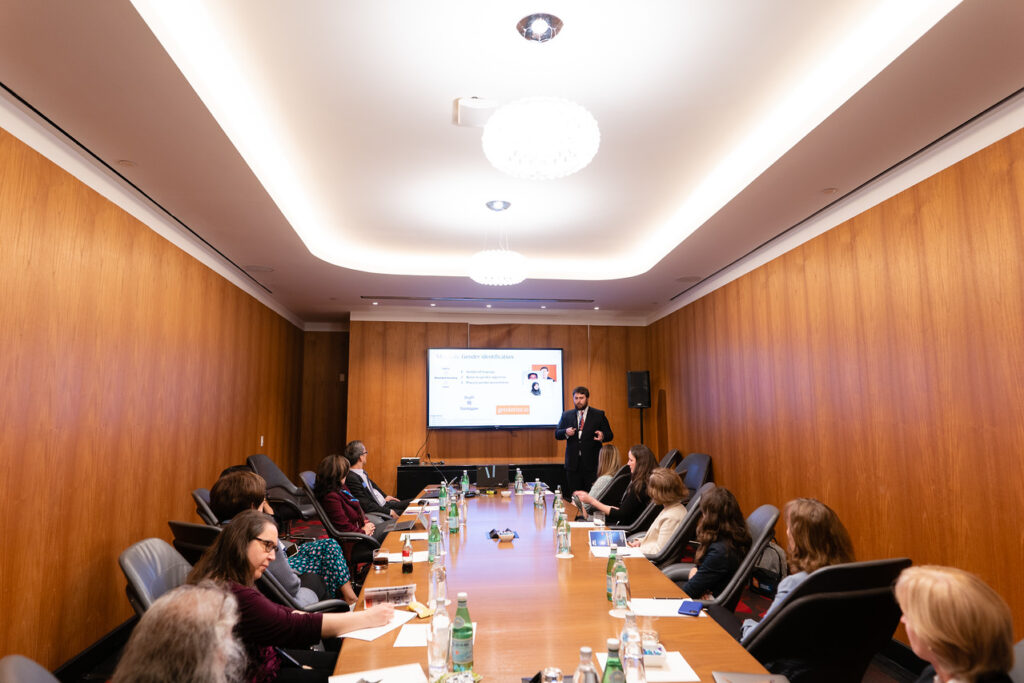
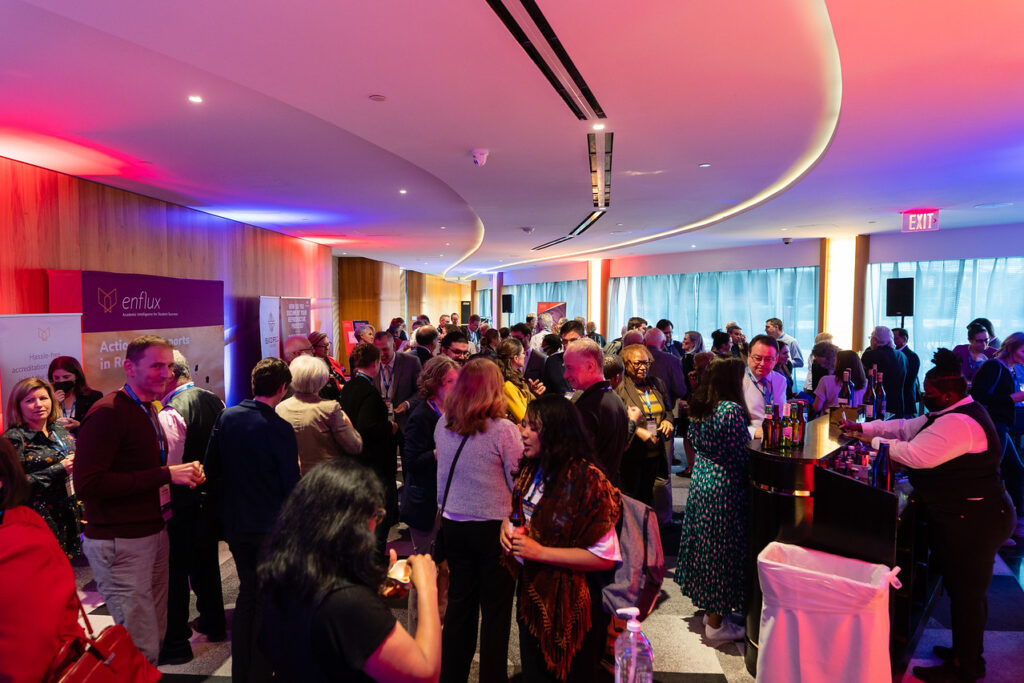
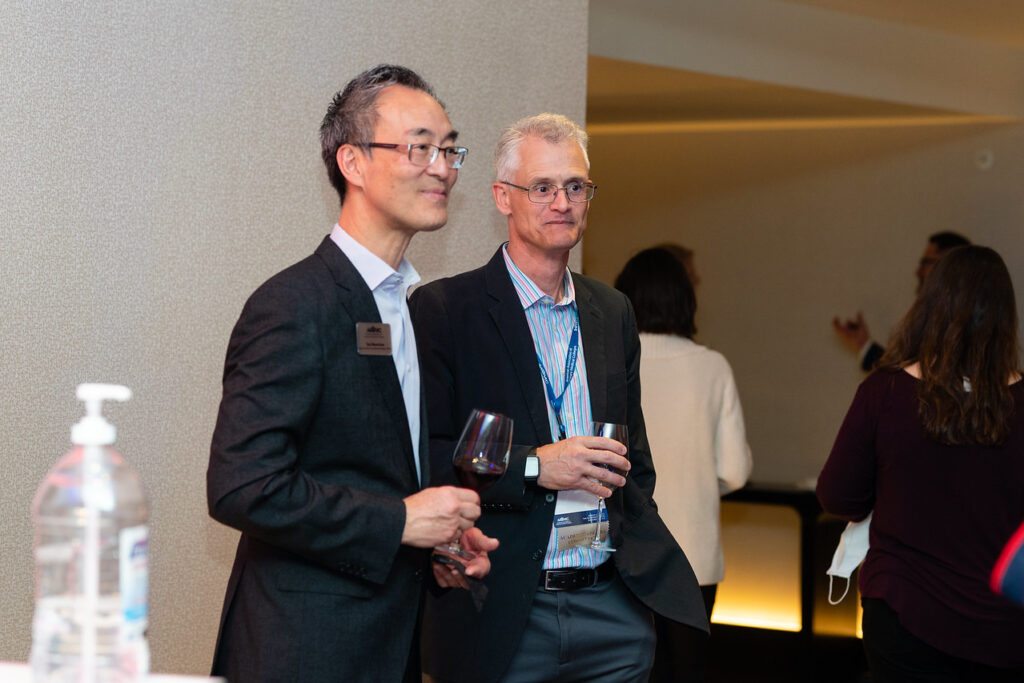
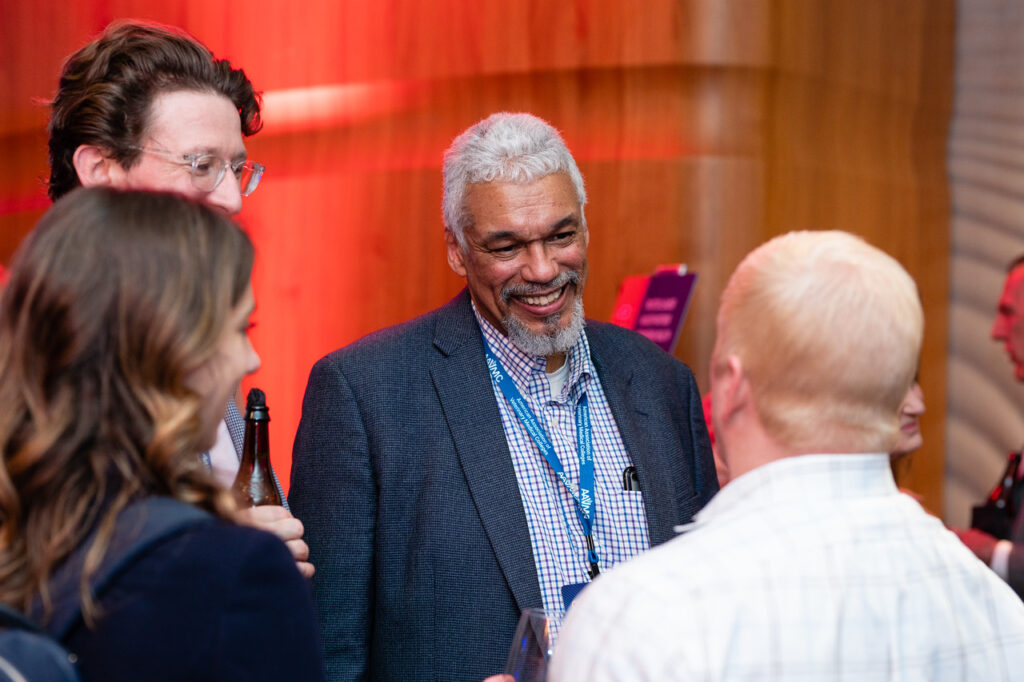
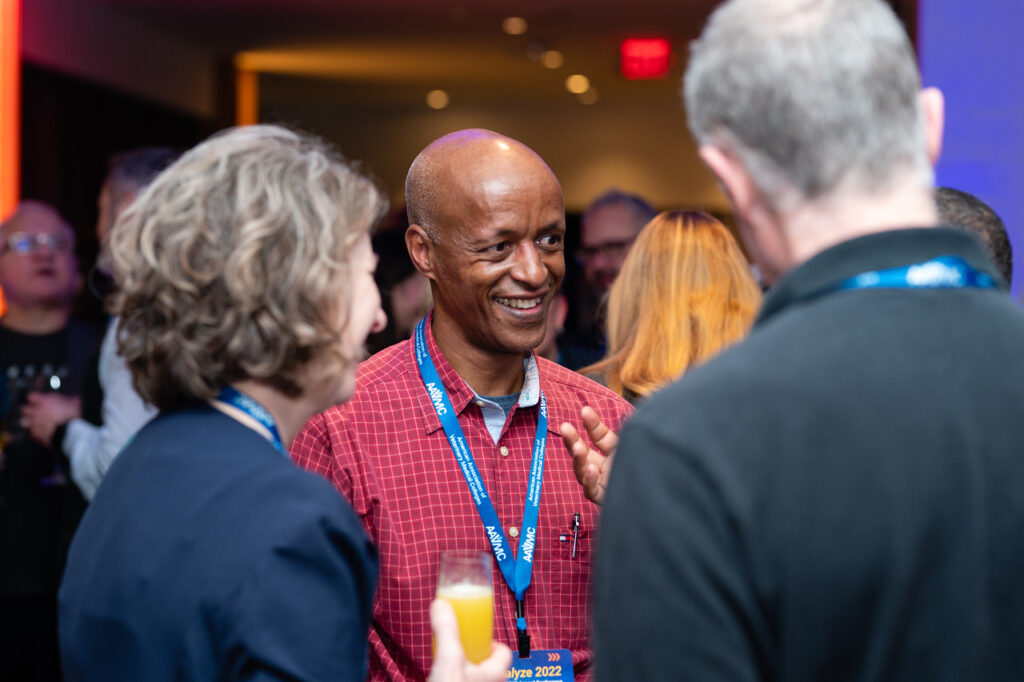
Friday Conference
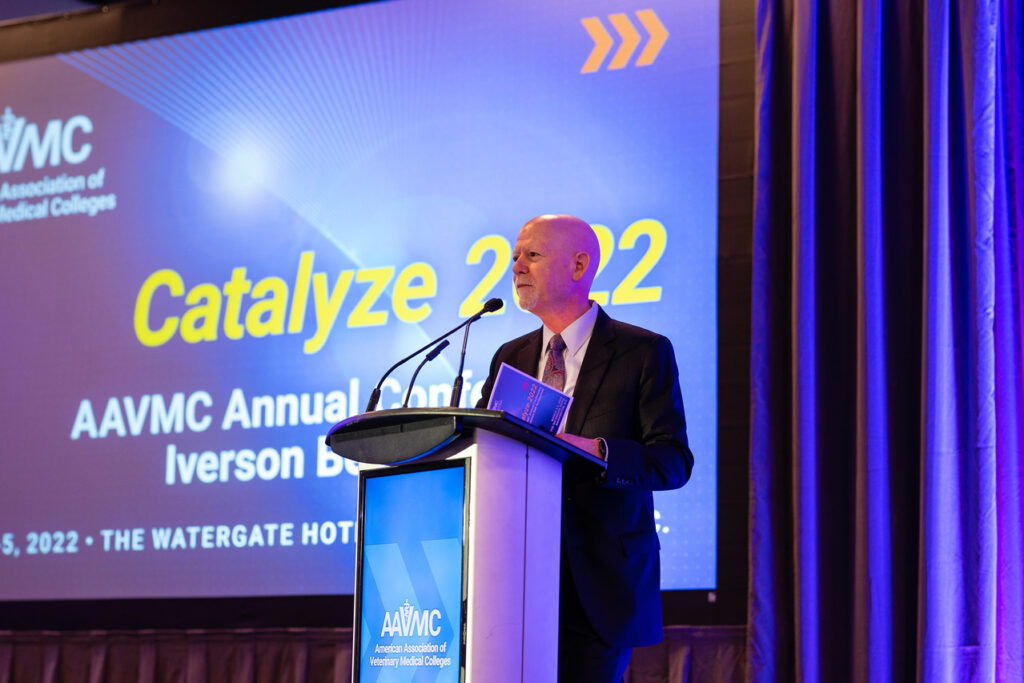
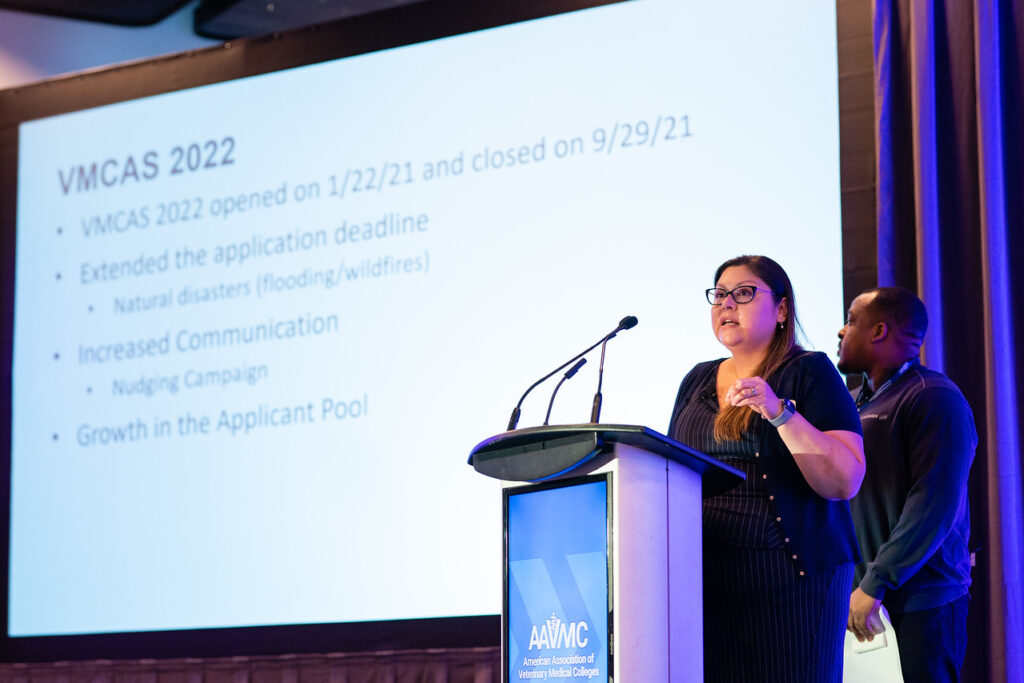
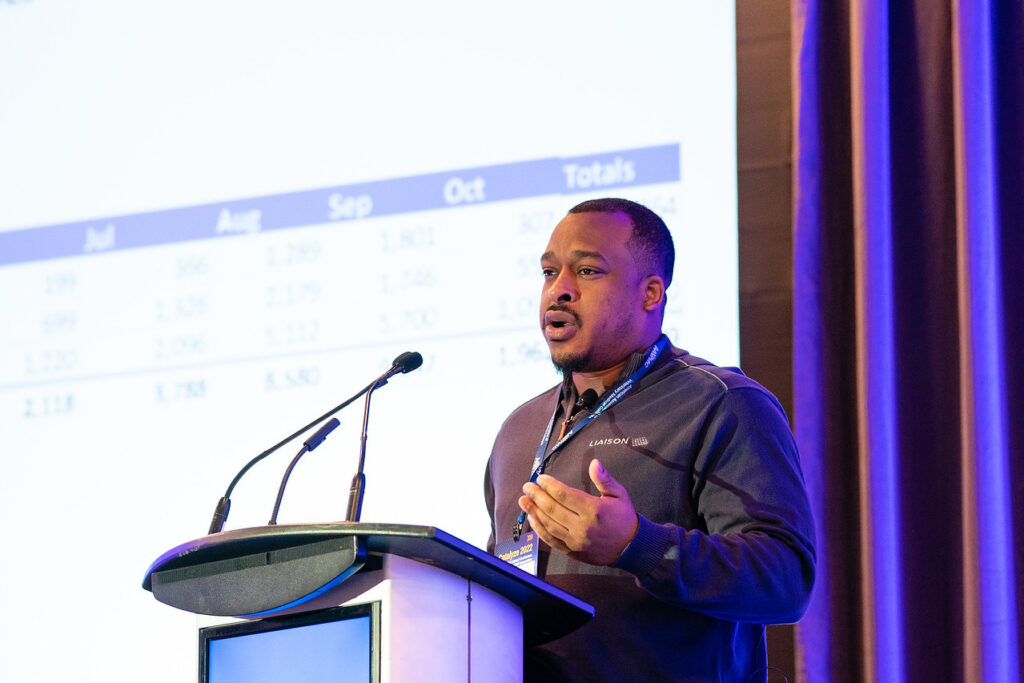
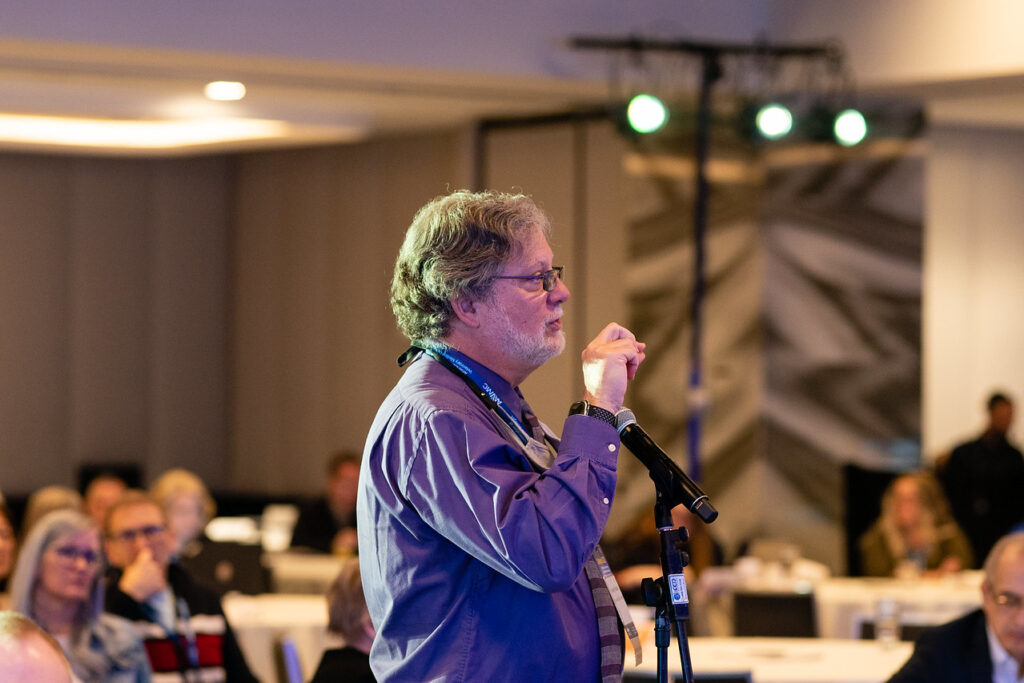
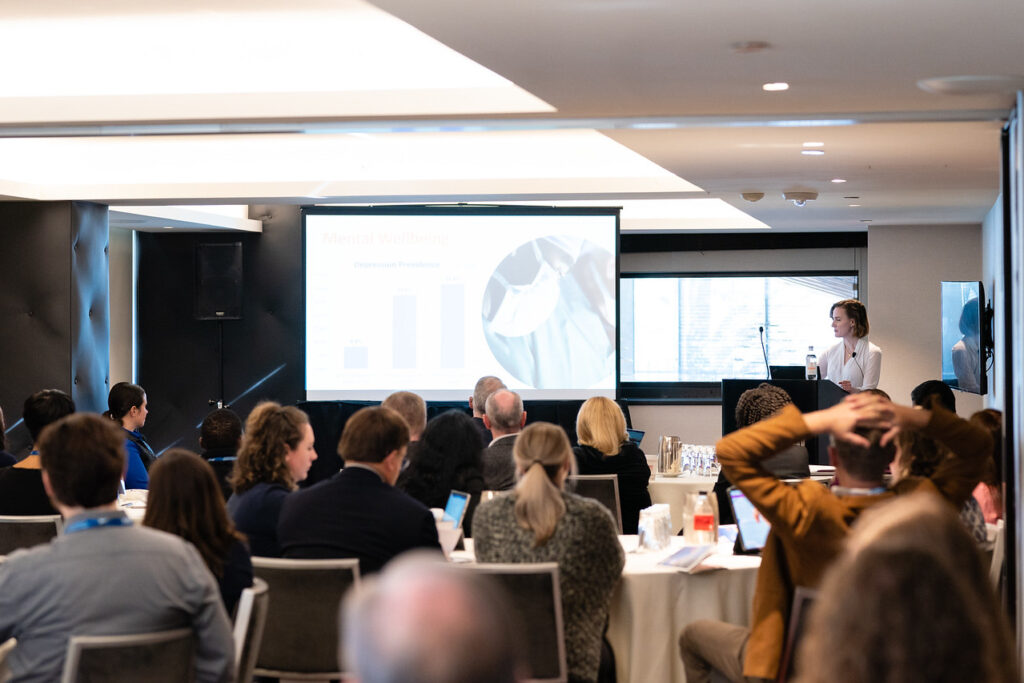
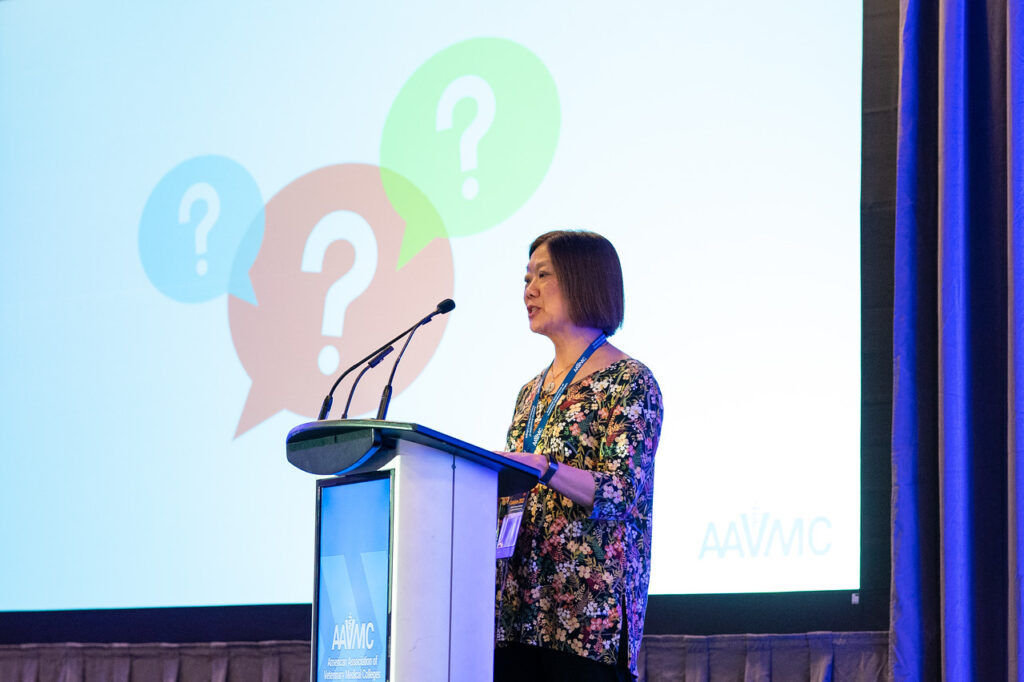
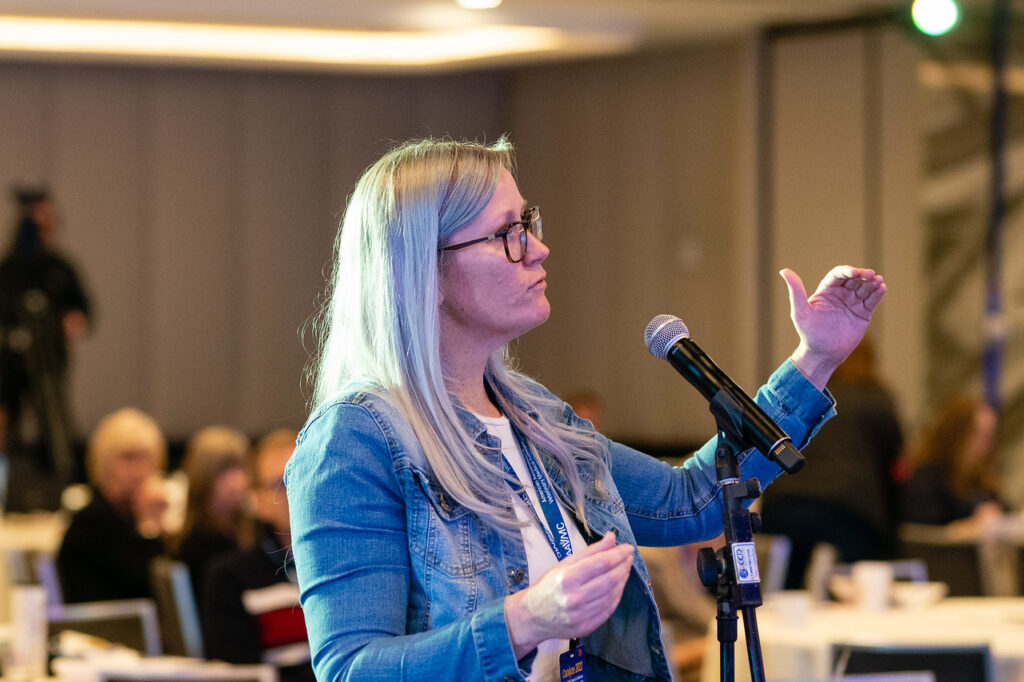
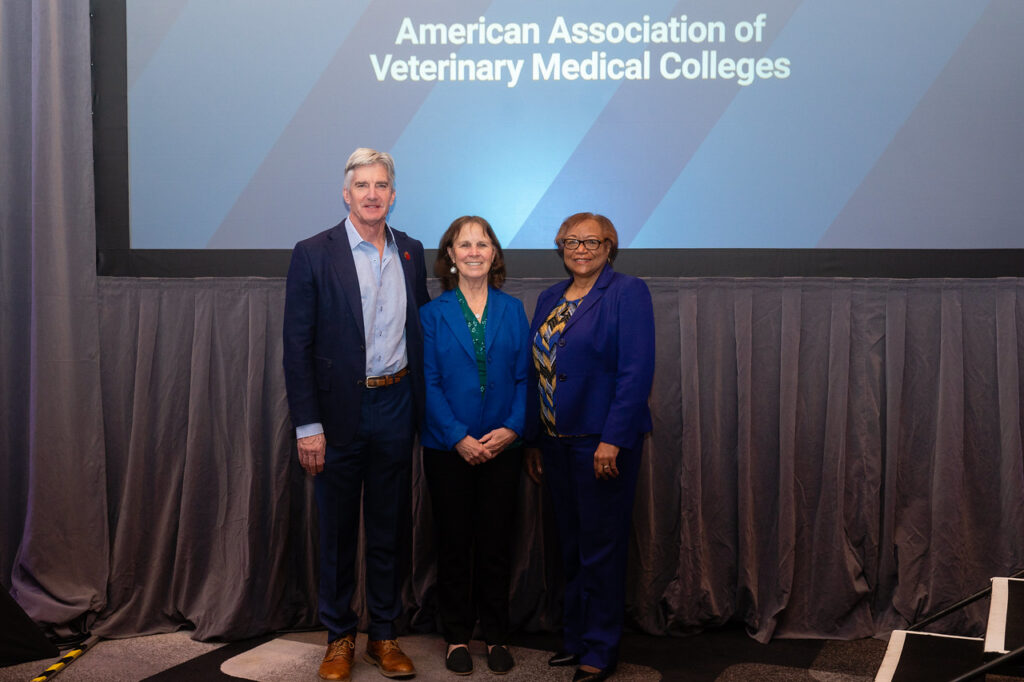
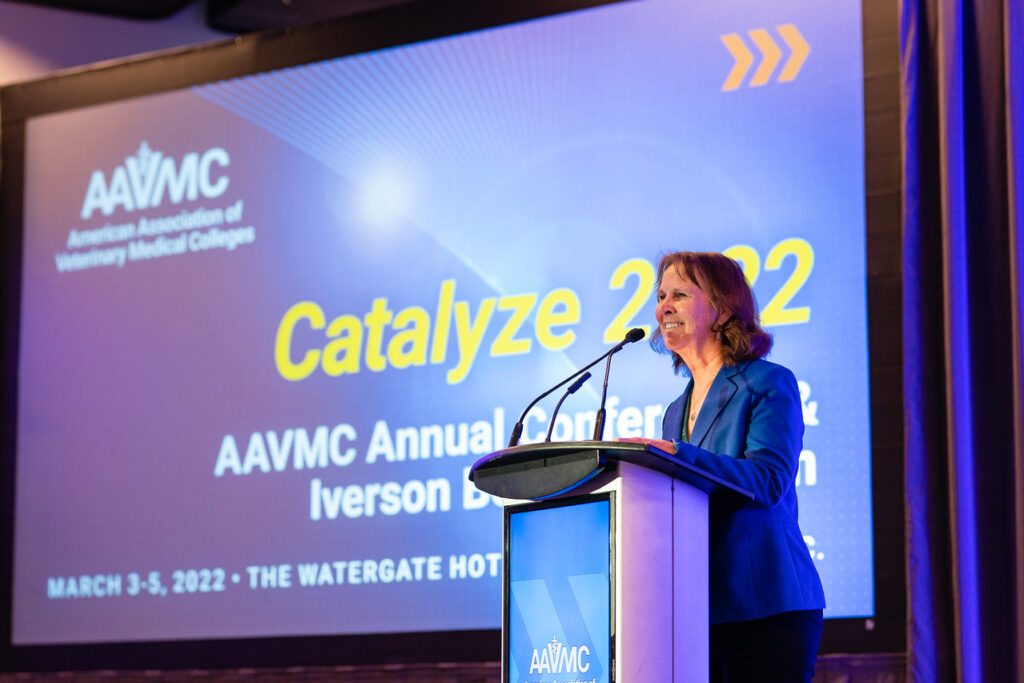
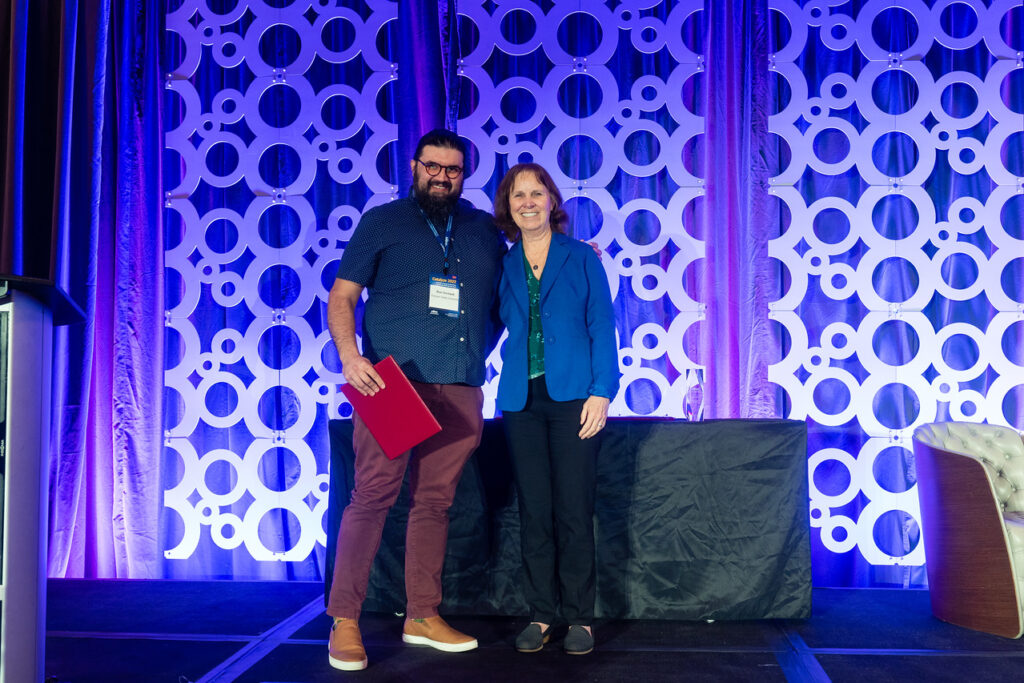
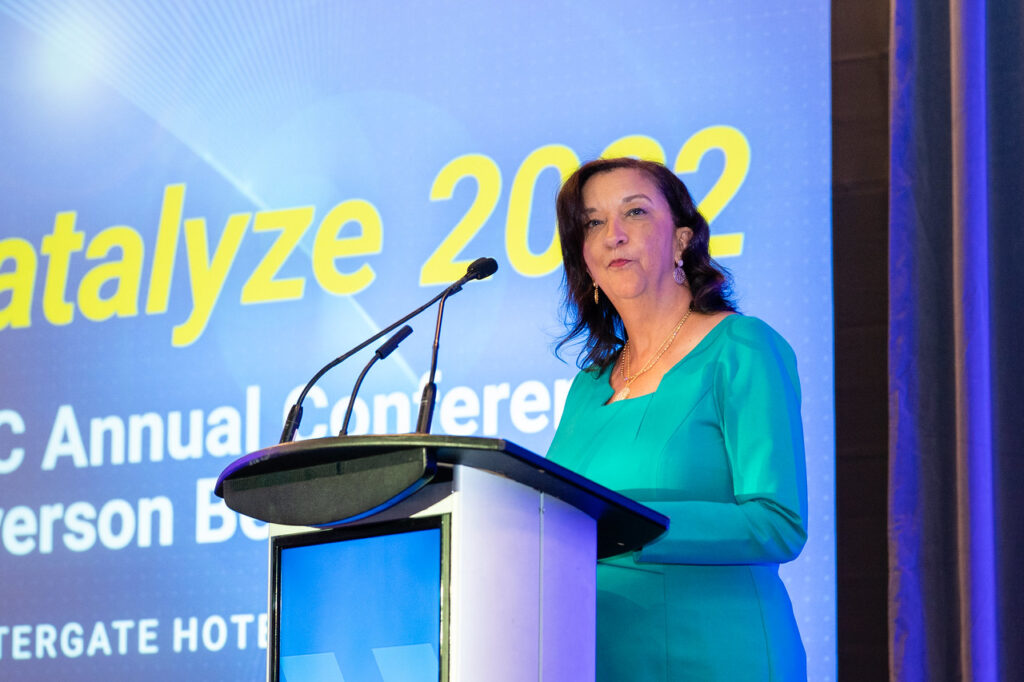
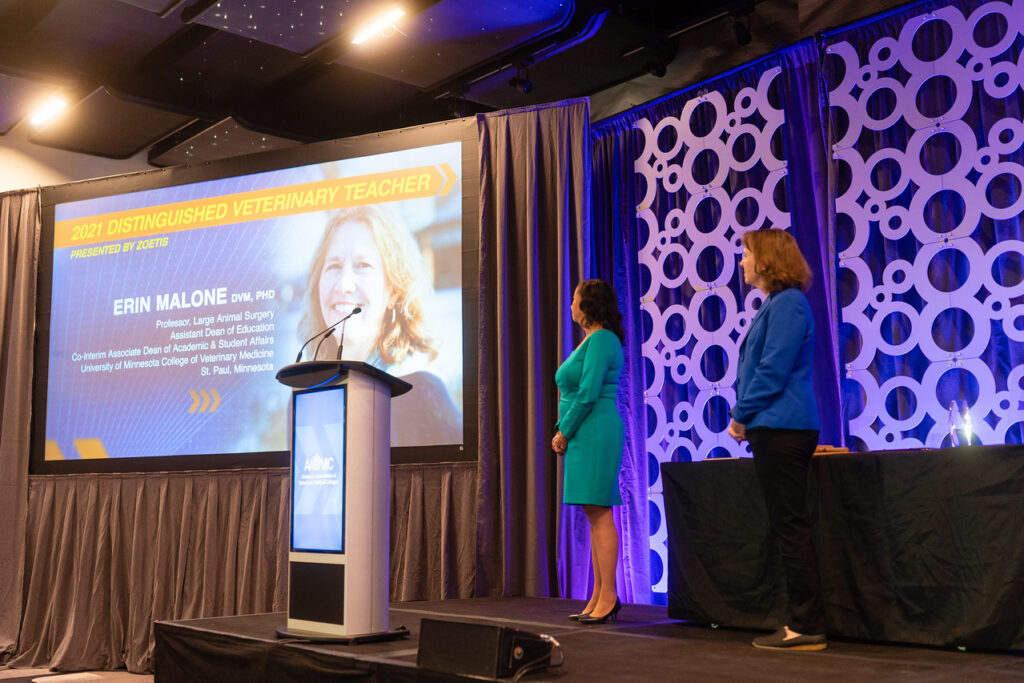
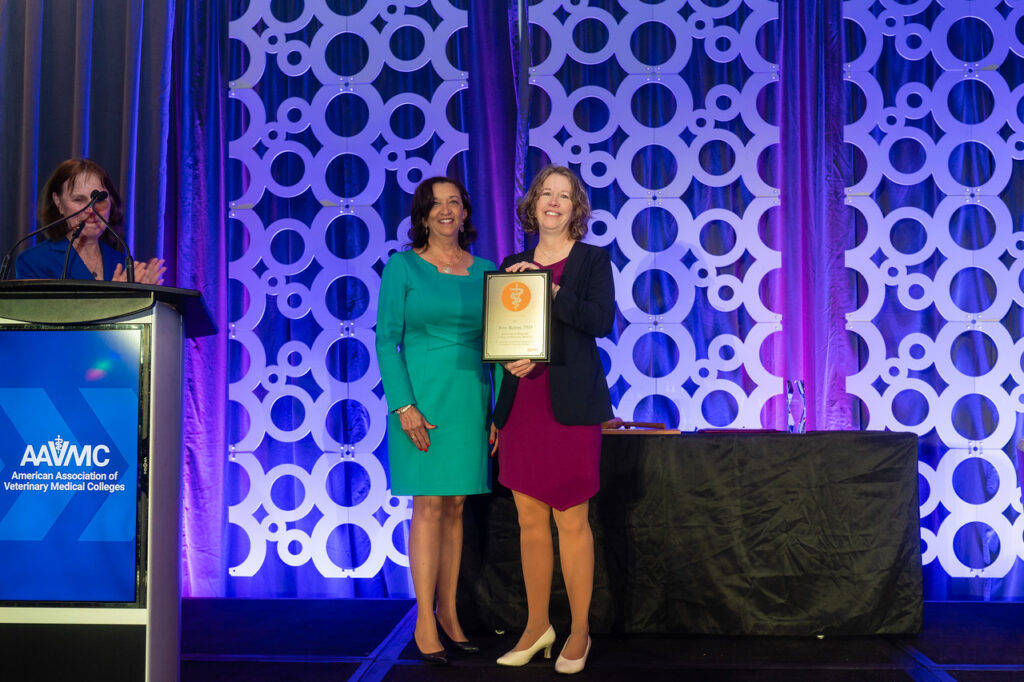
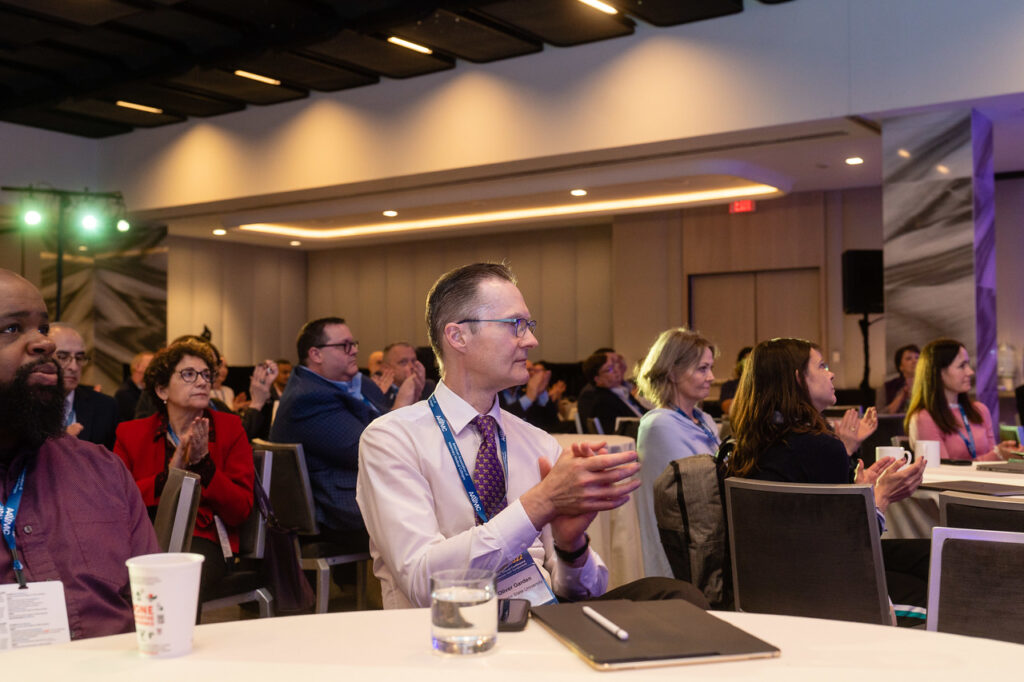
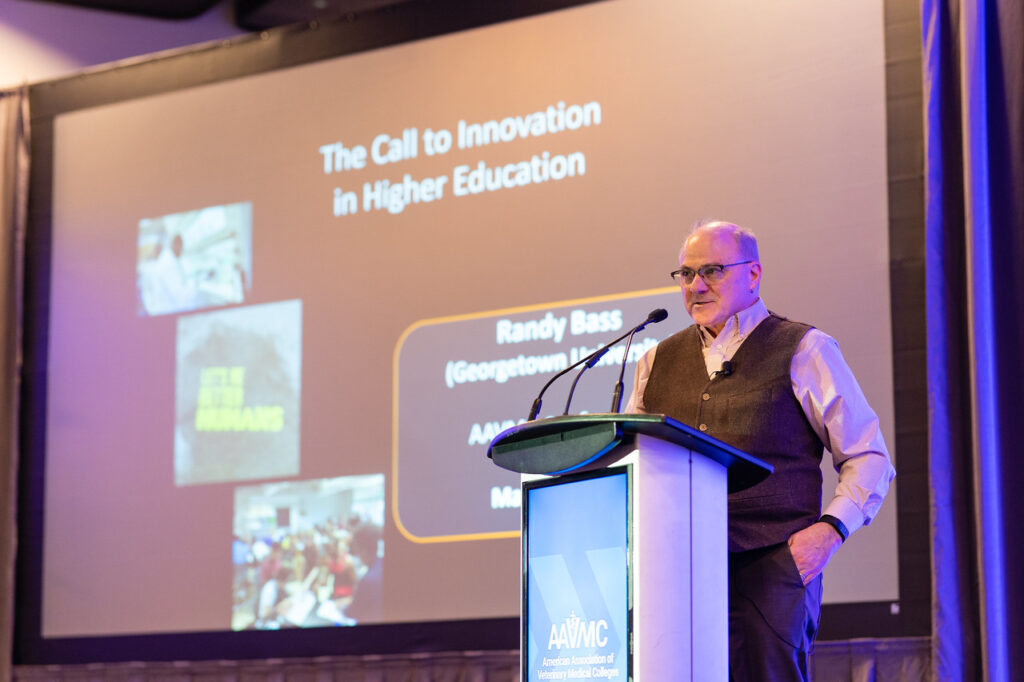
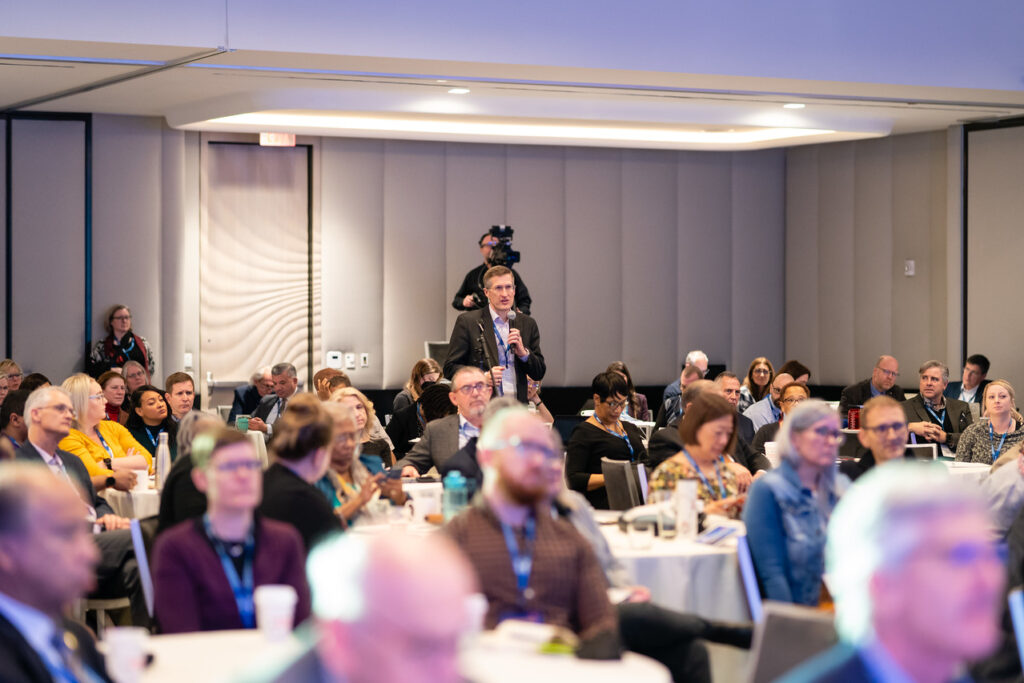
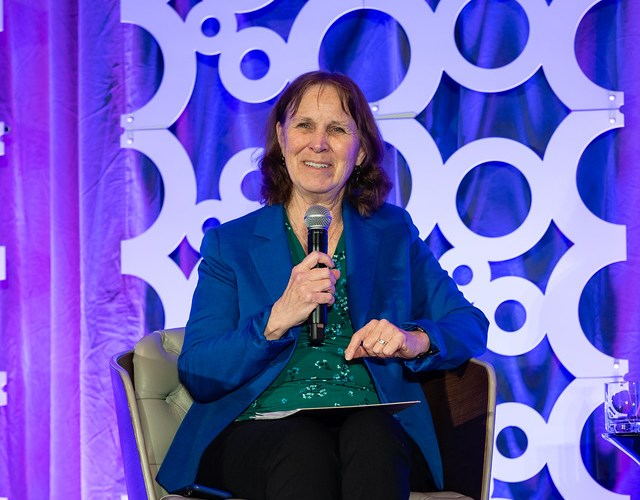
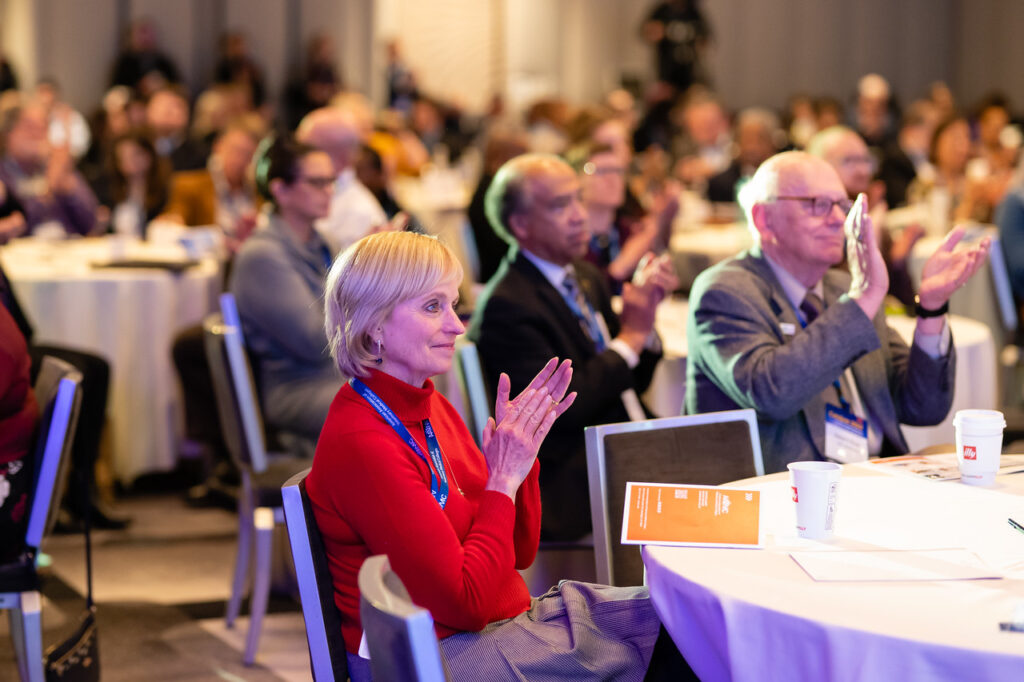
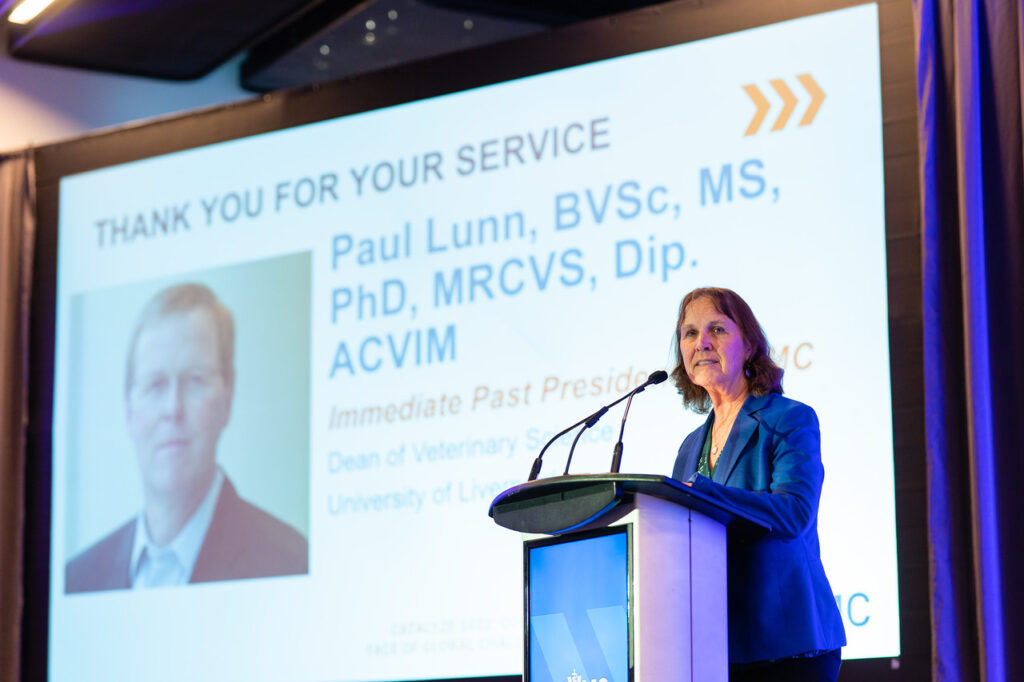
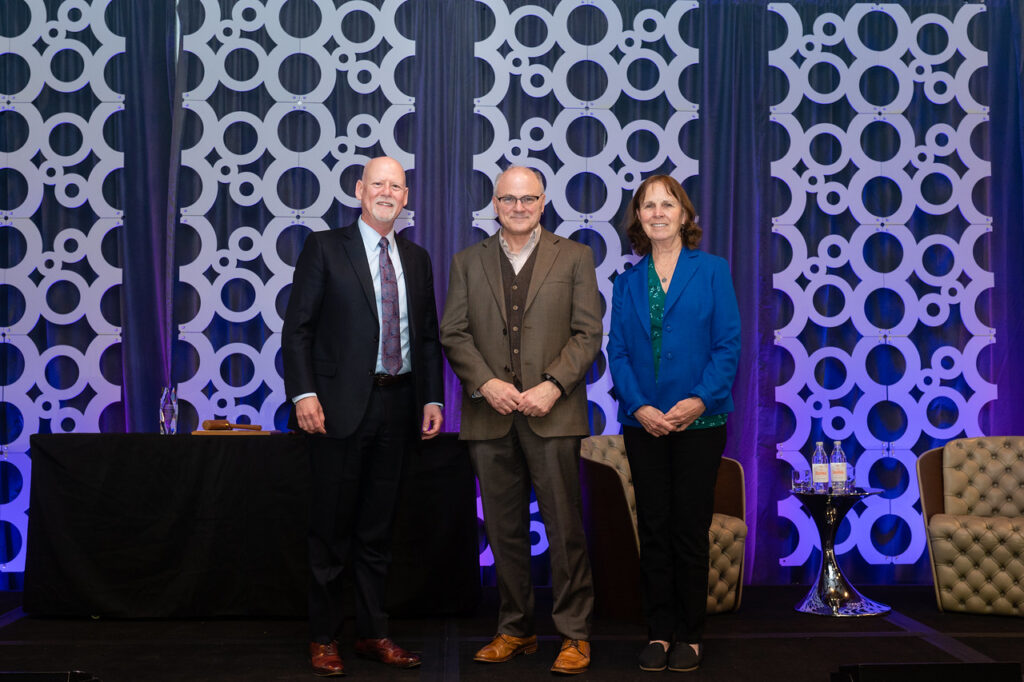
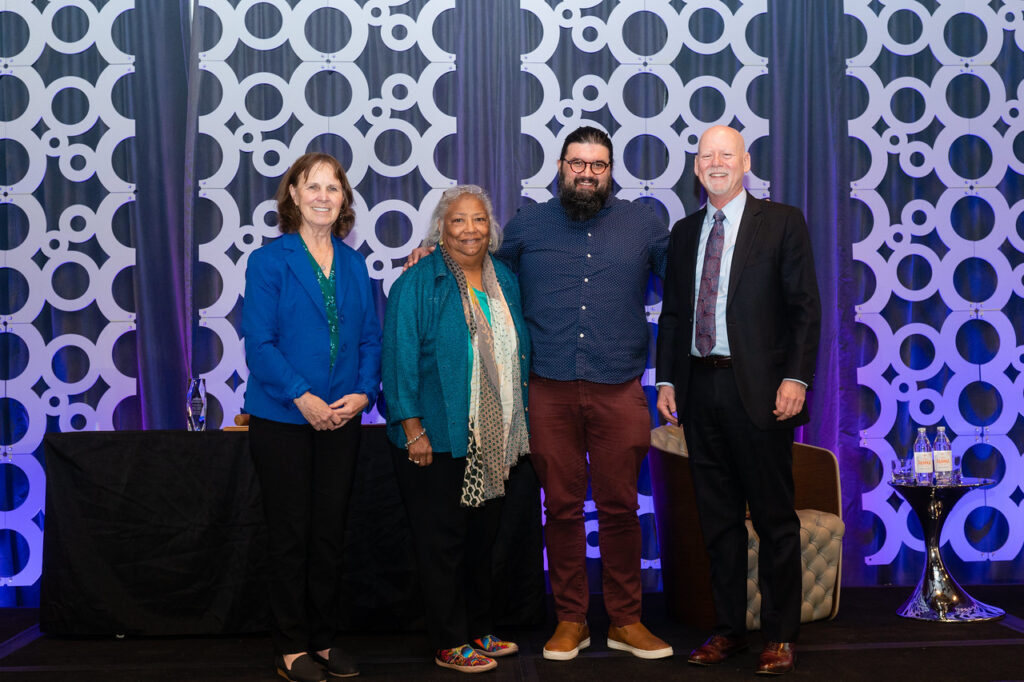
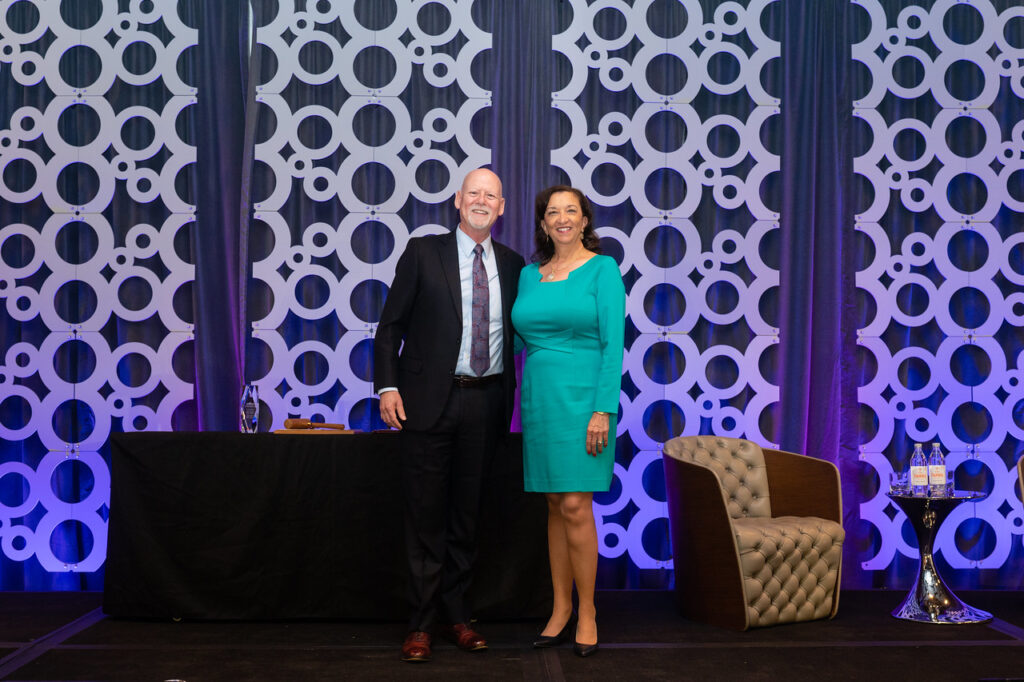
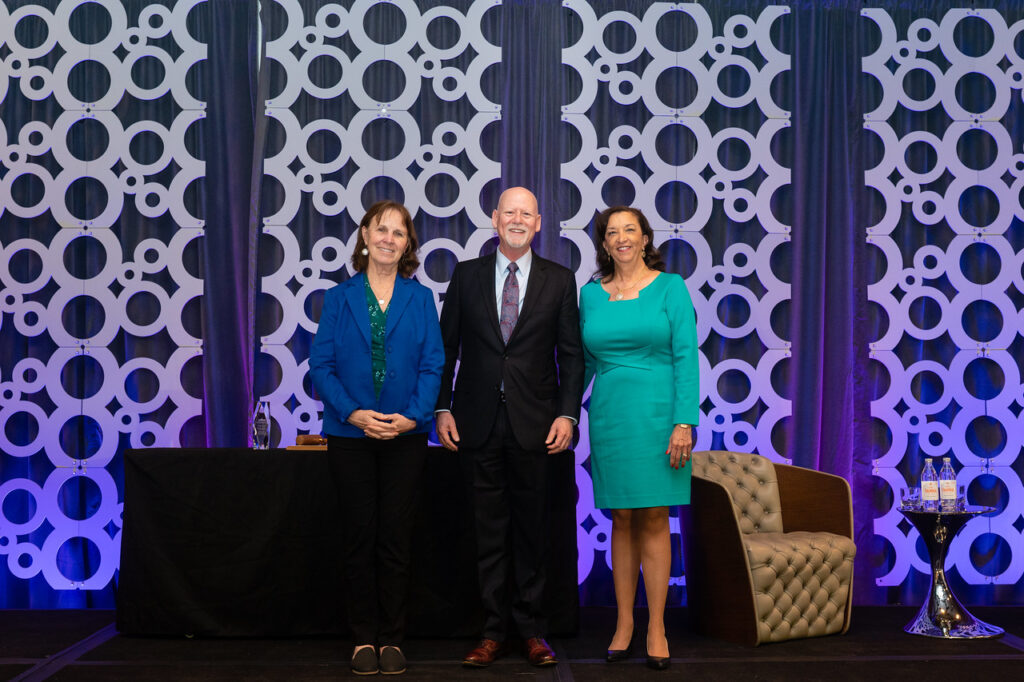
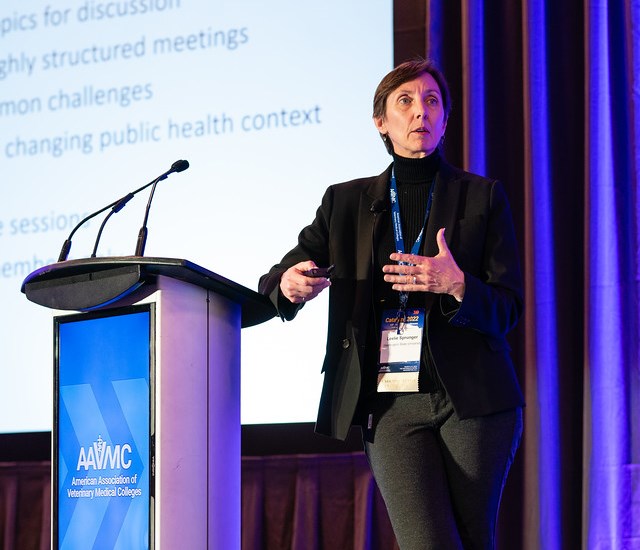
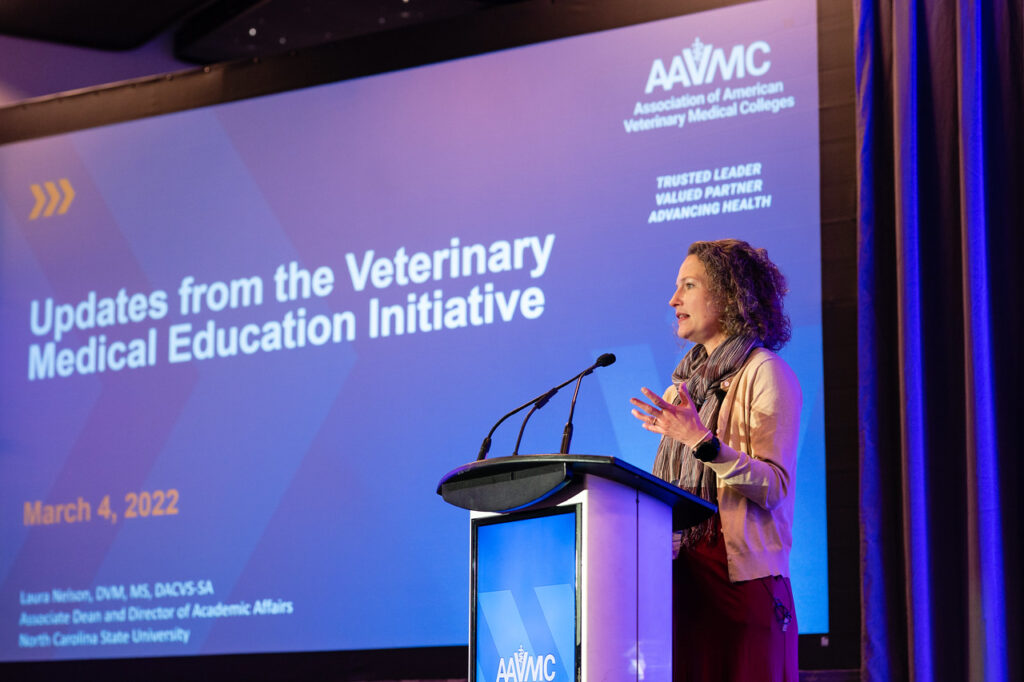
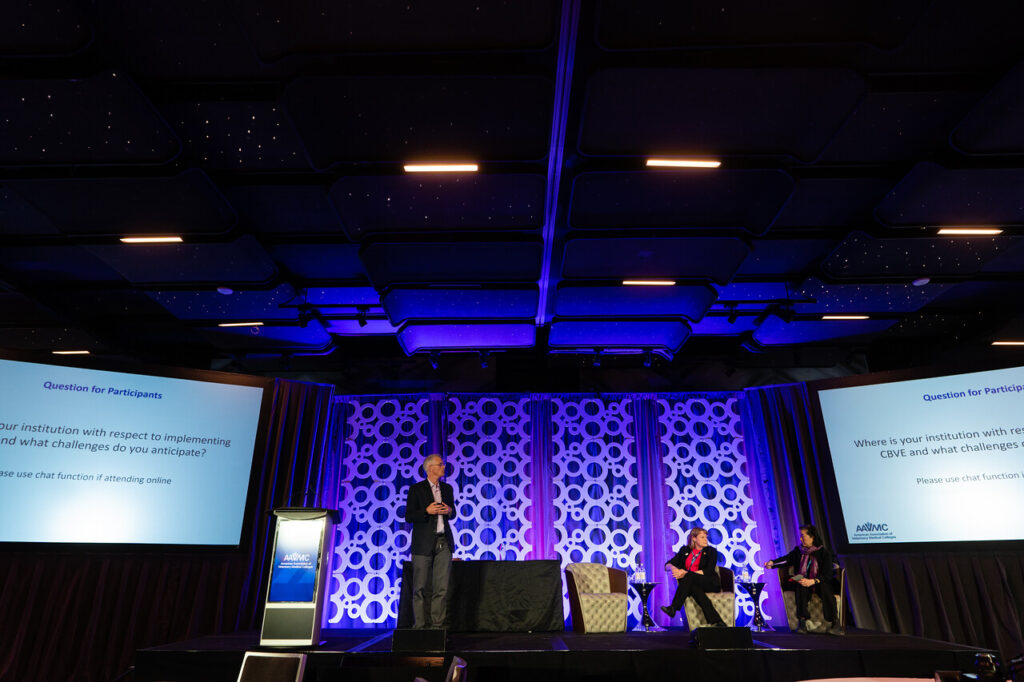
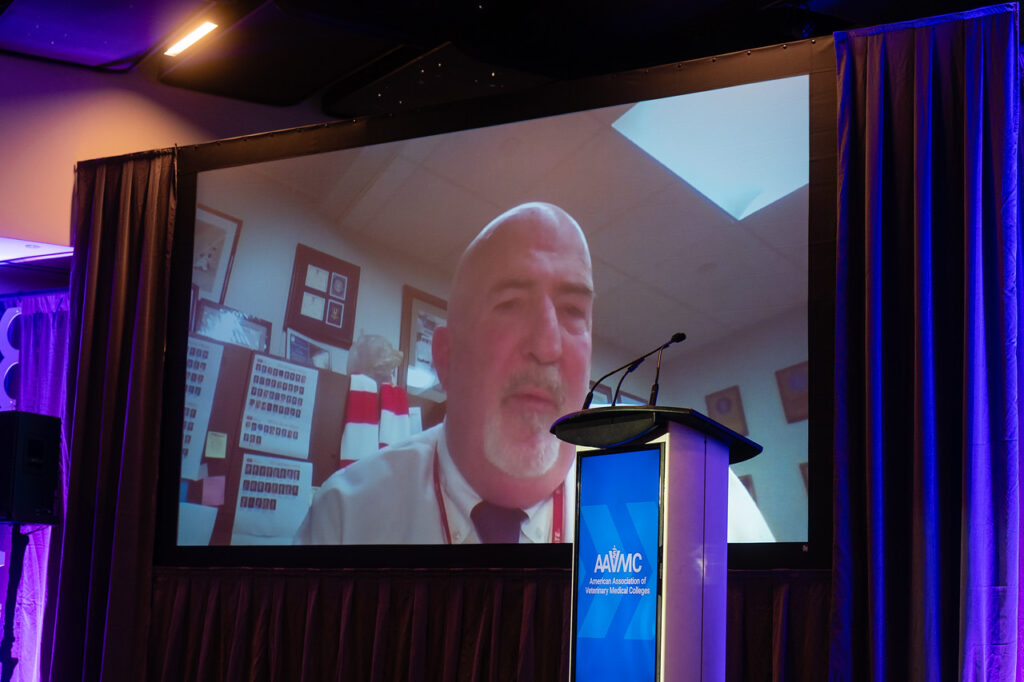
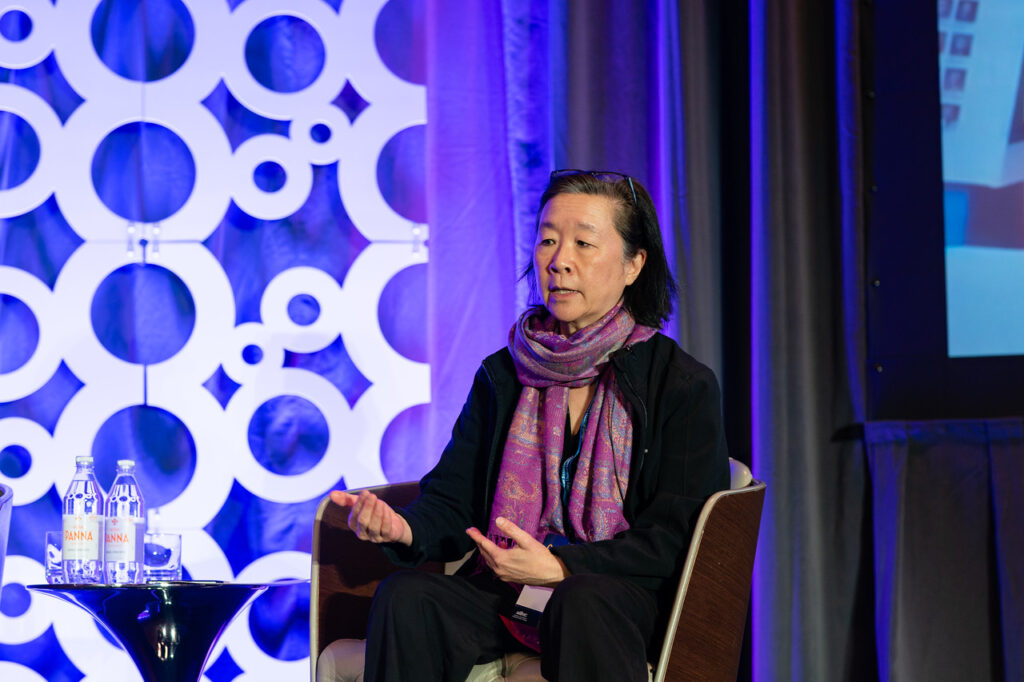
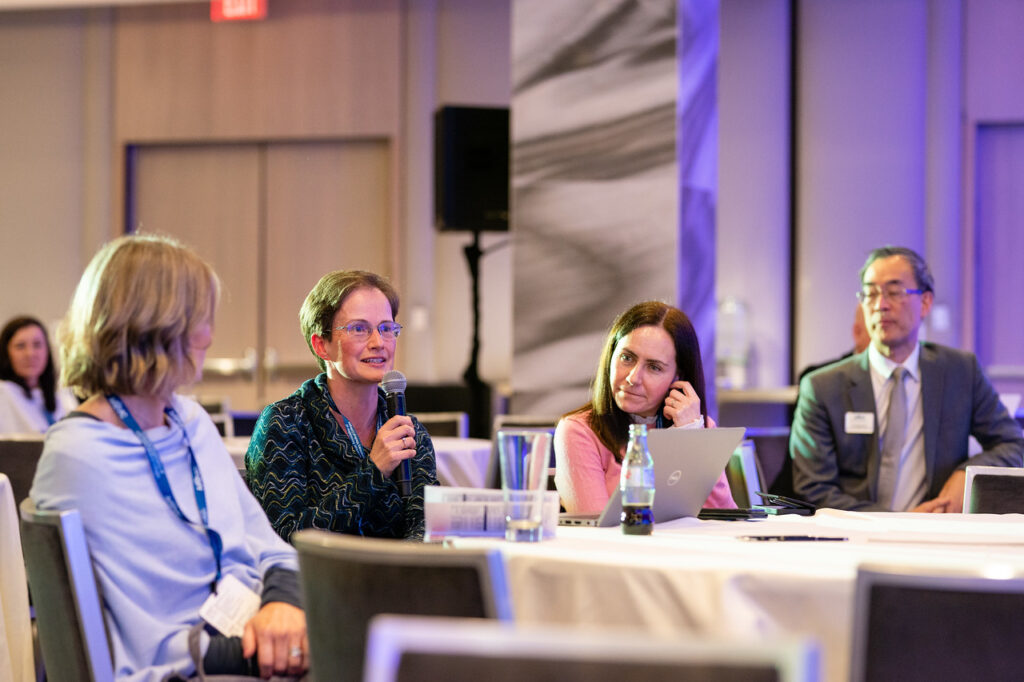
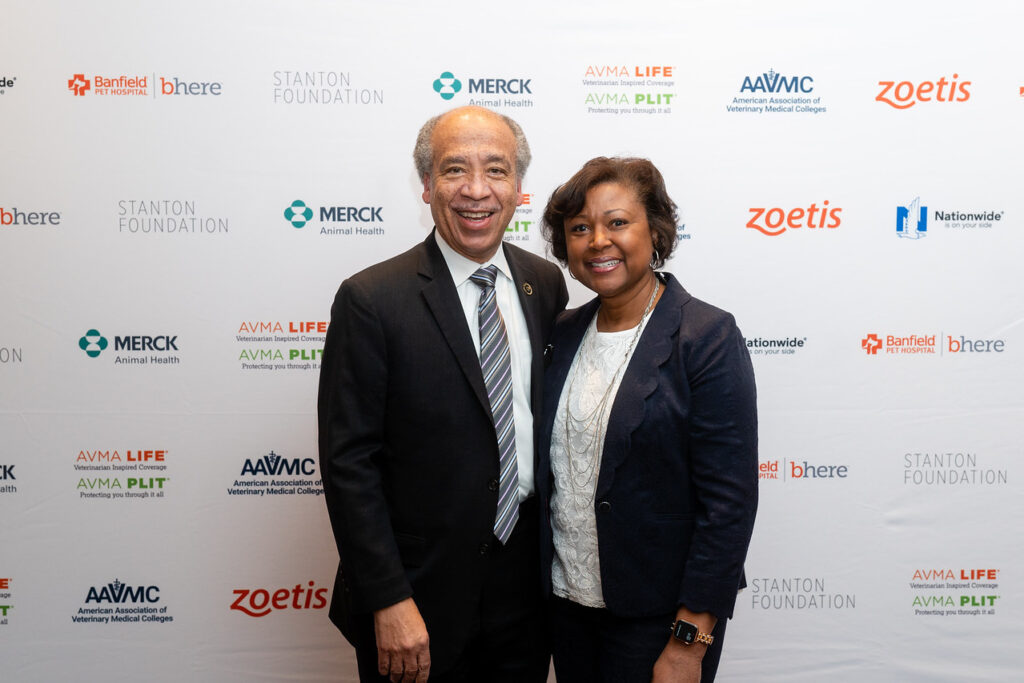
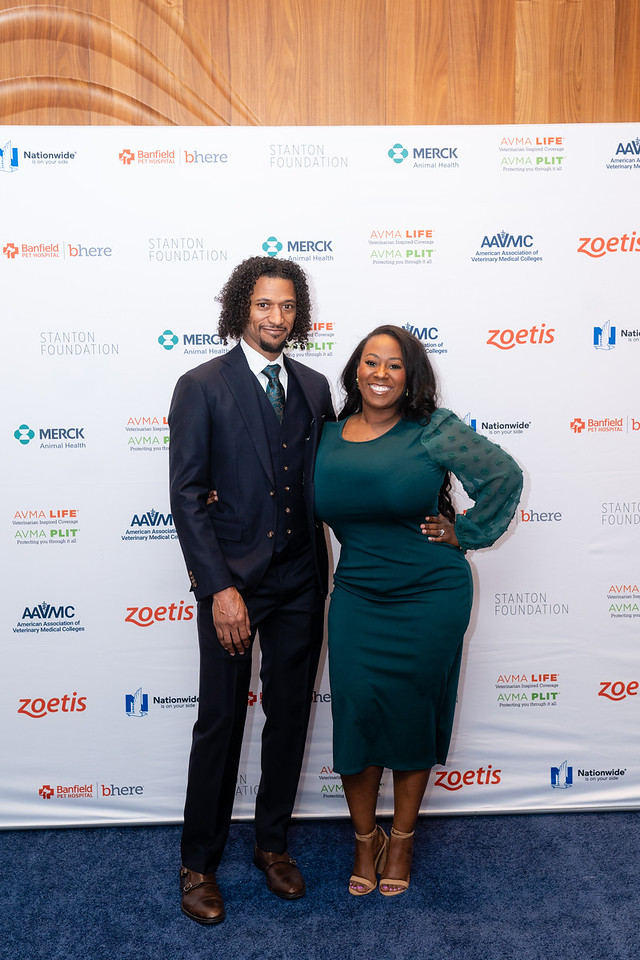
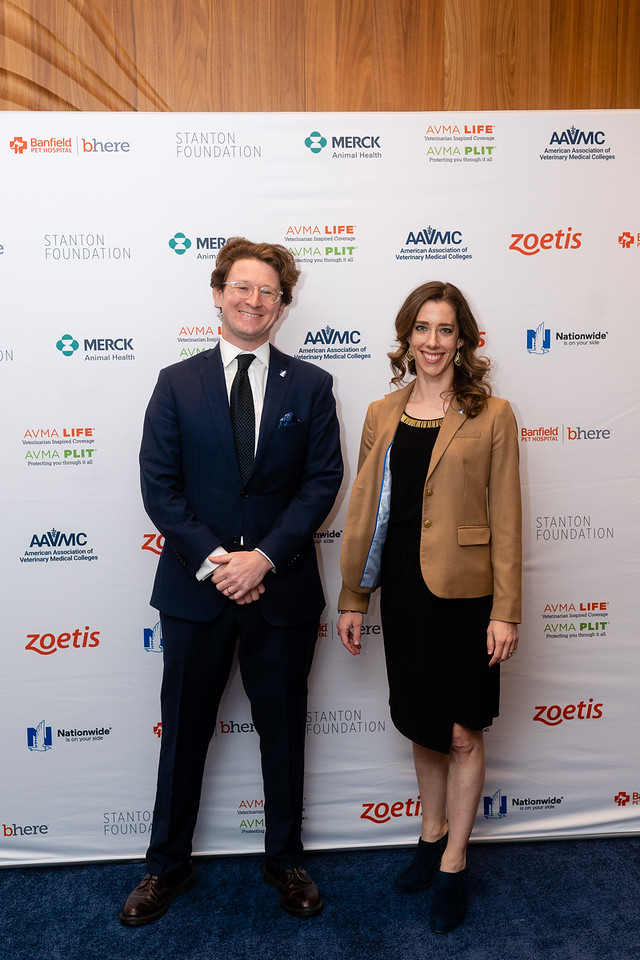
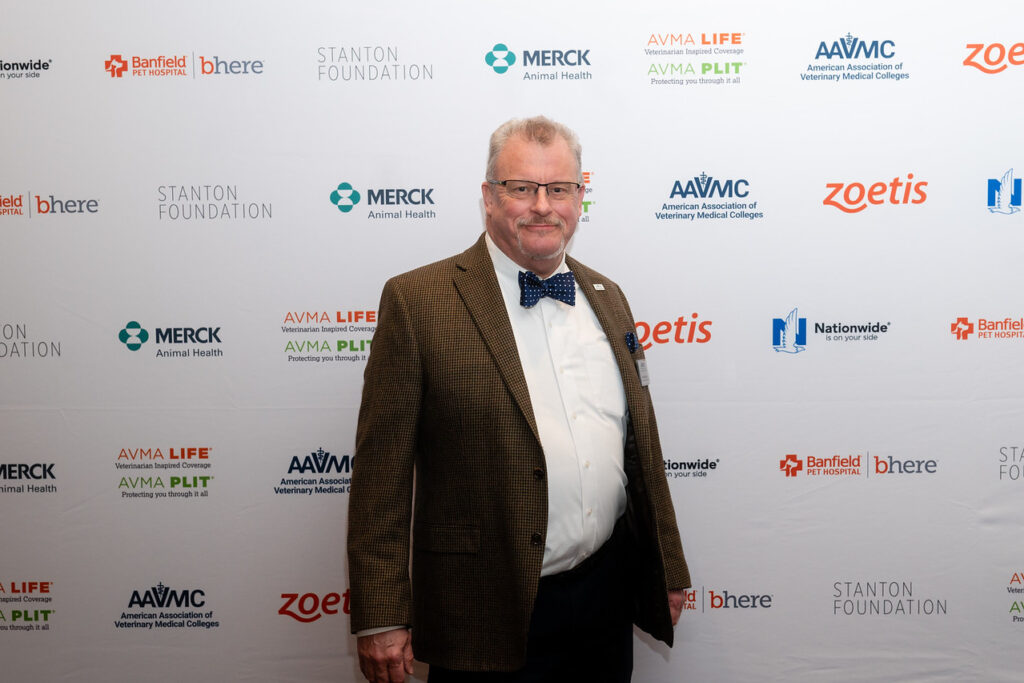
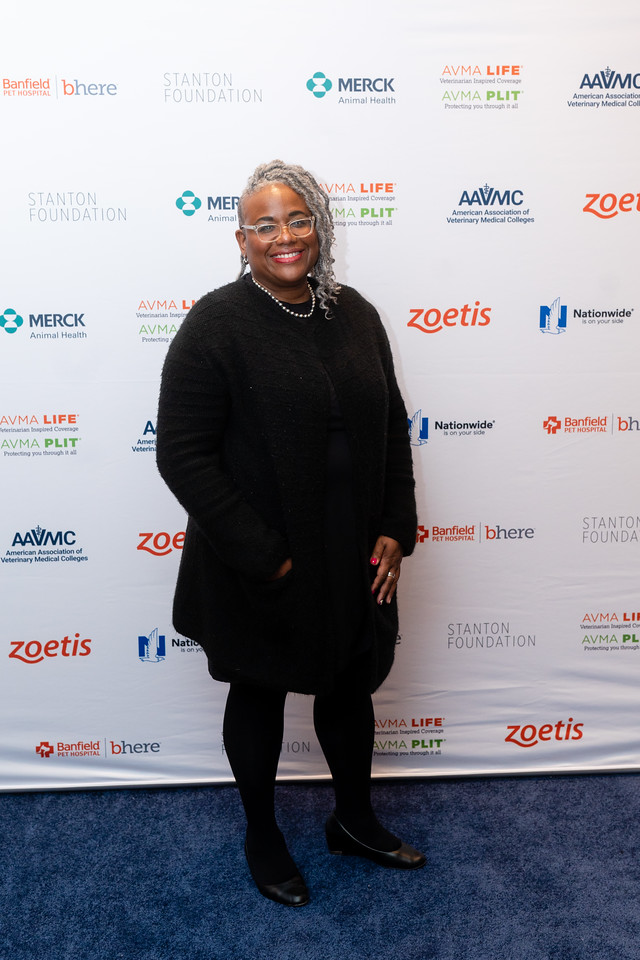
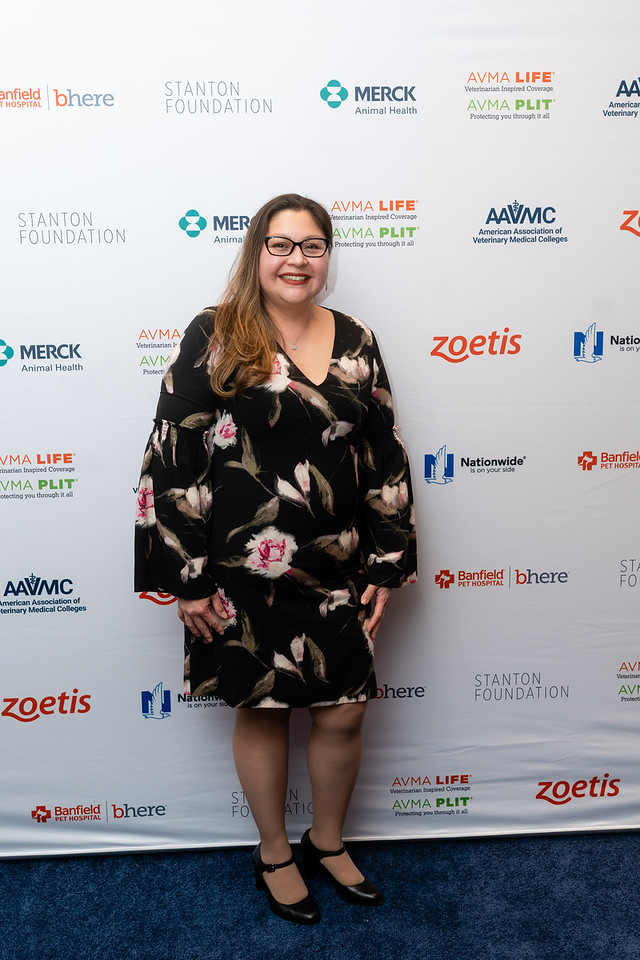

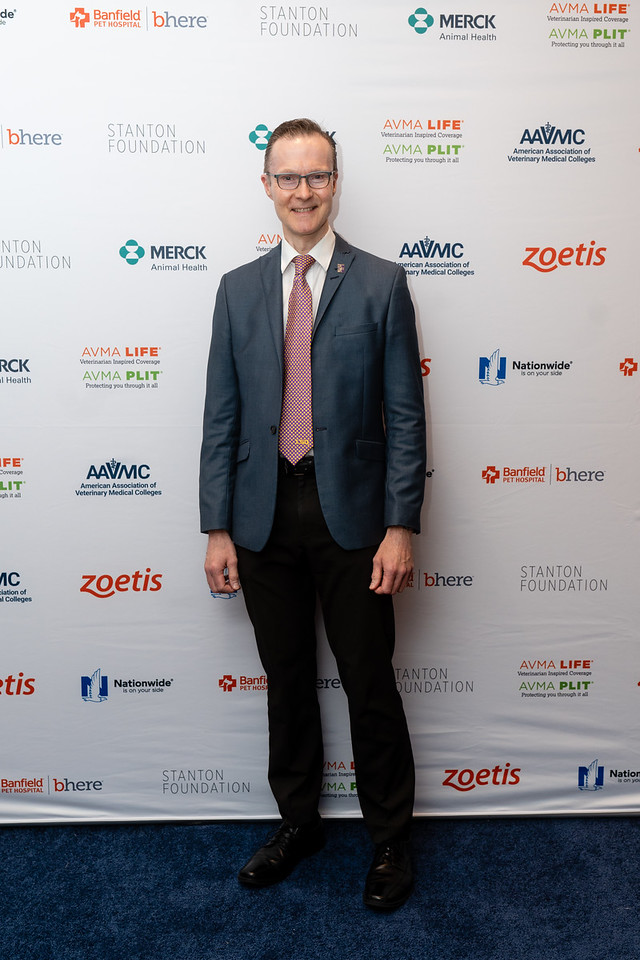
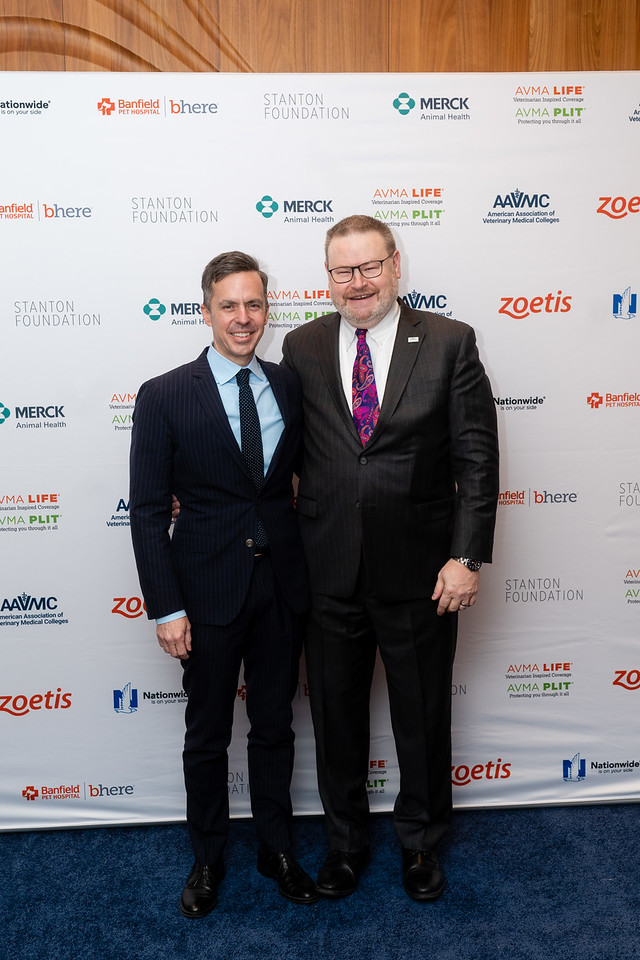
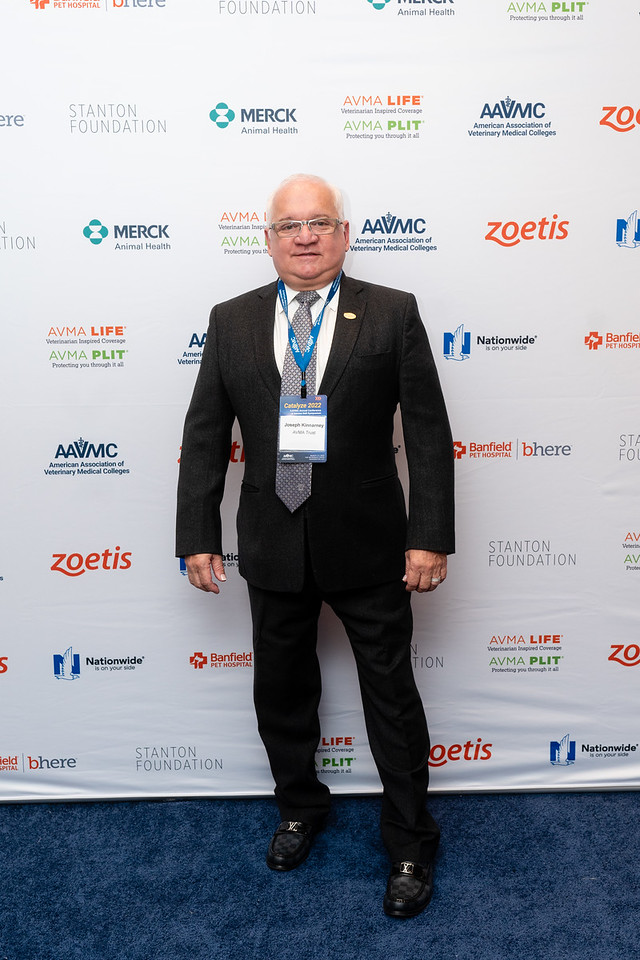
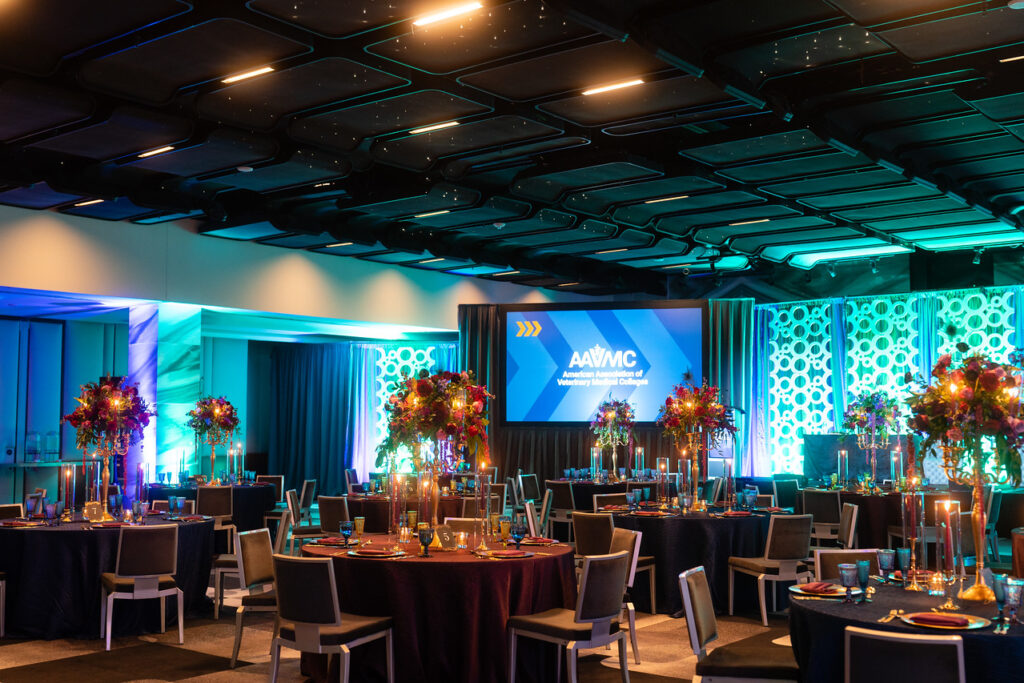
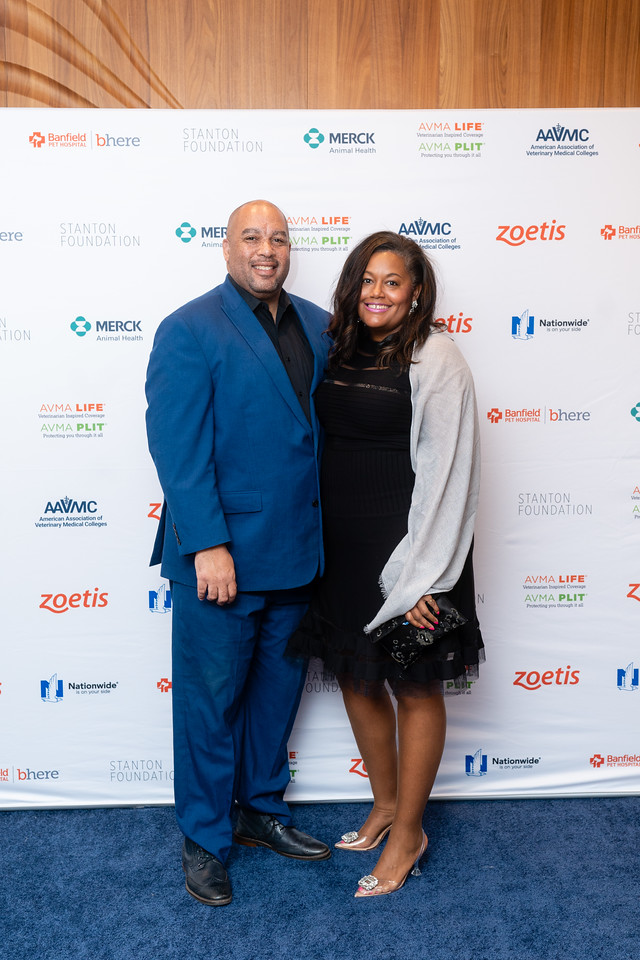
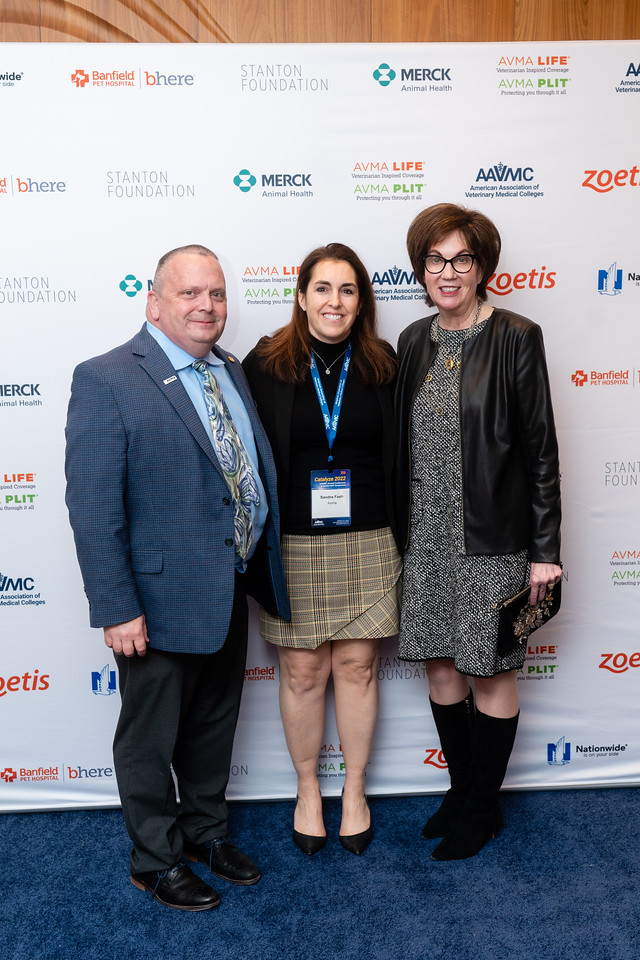
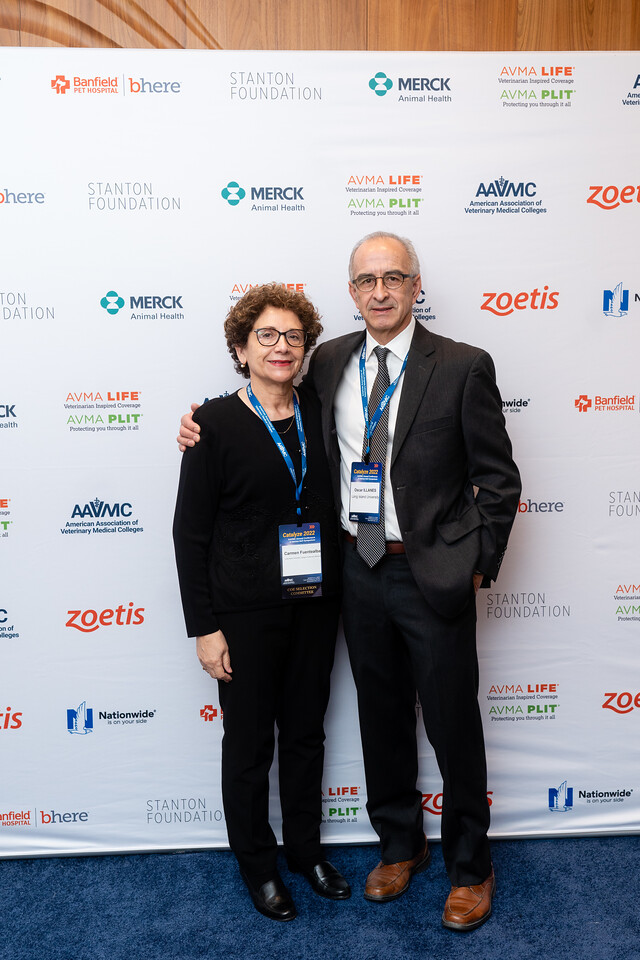
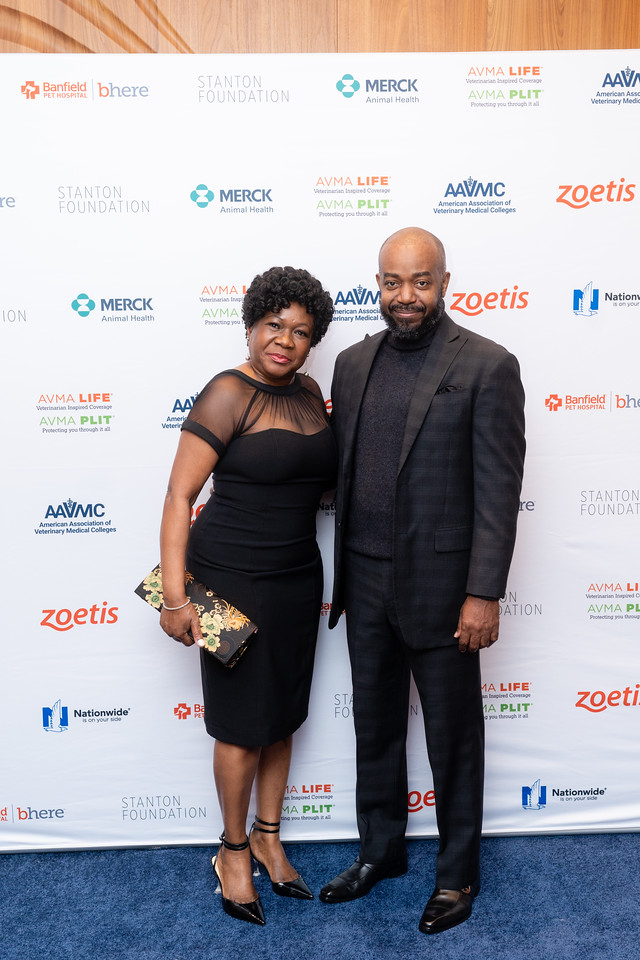
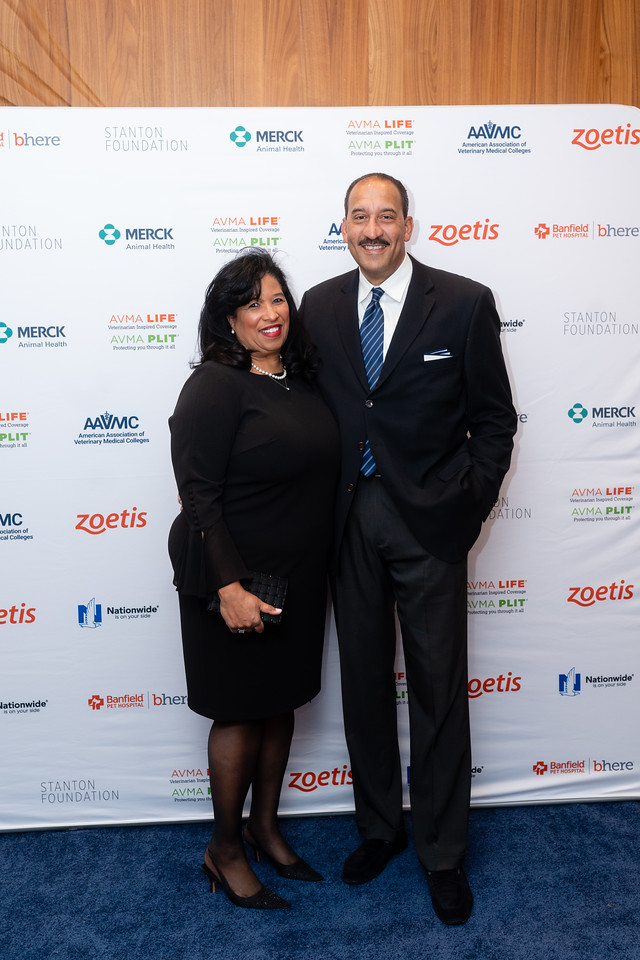

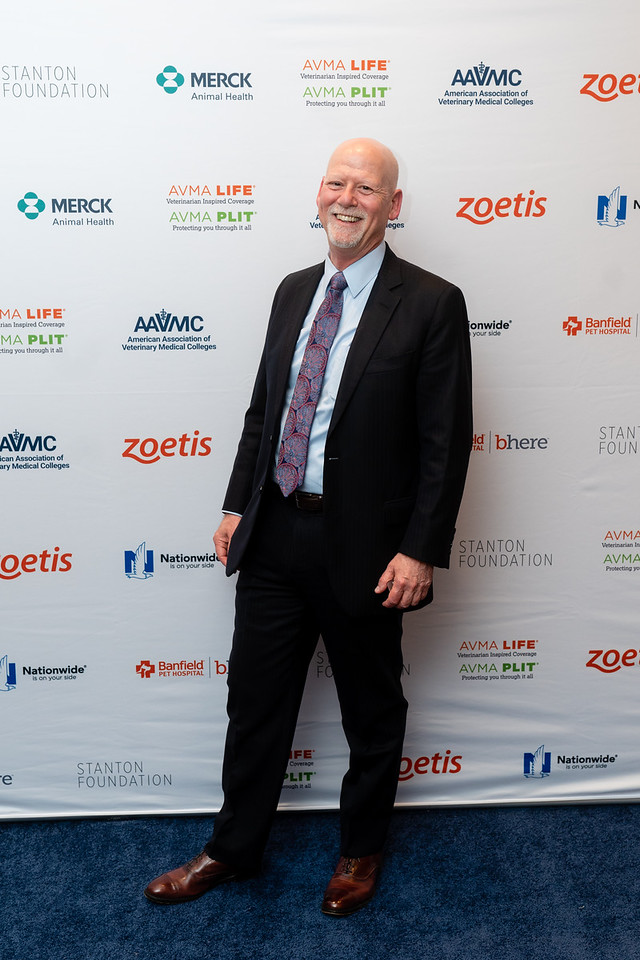
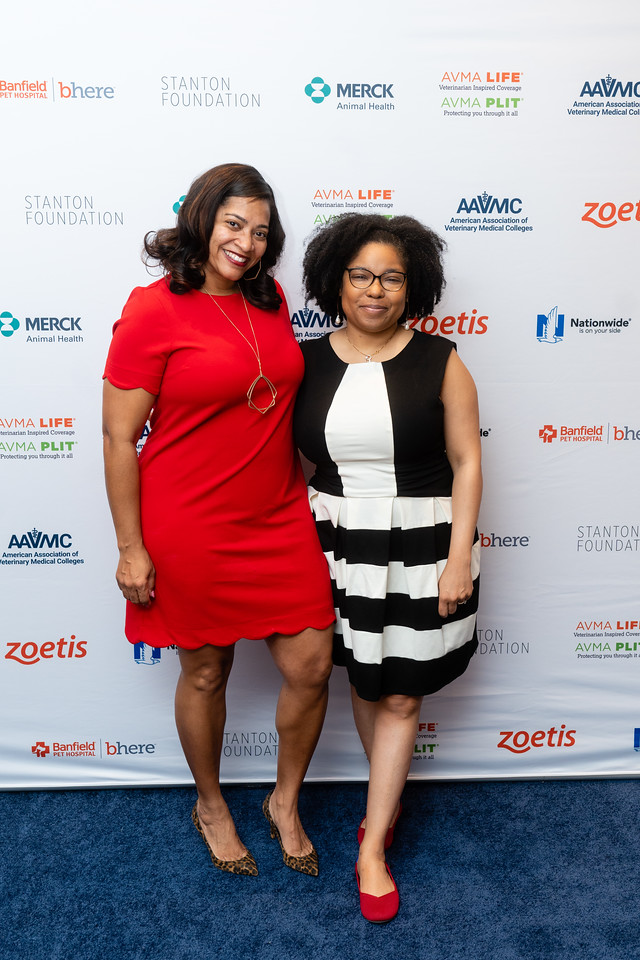
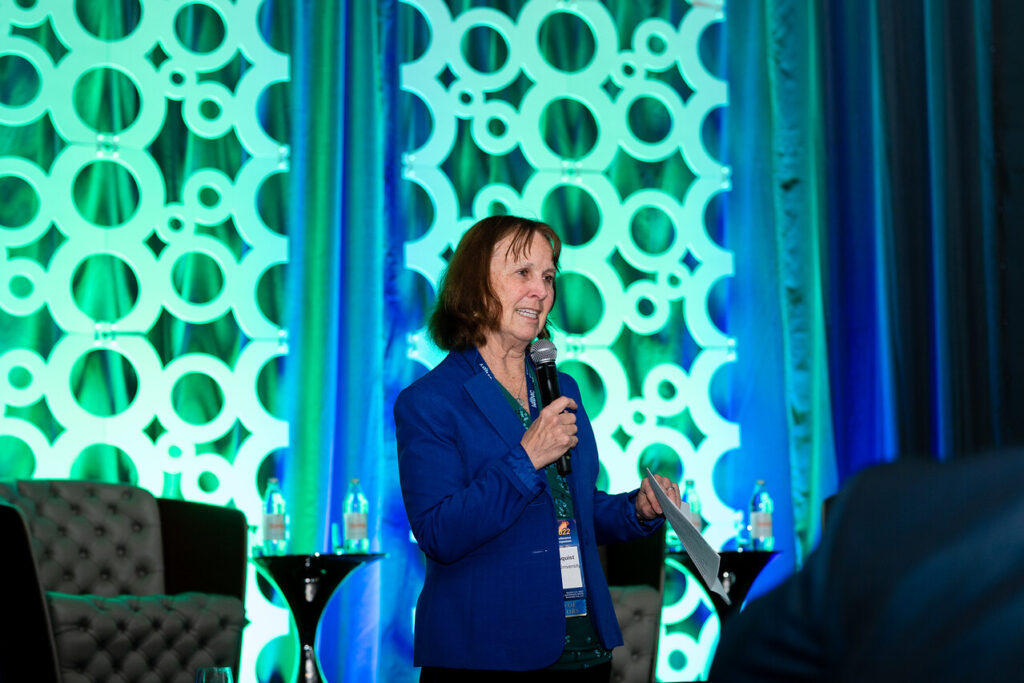
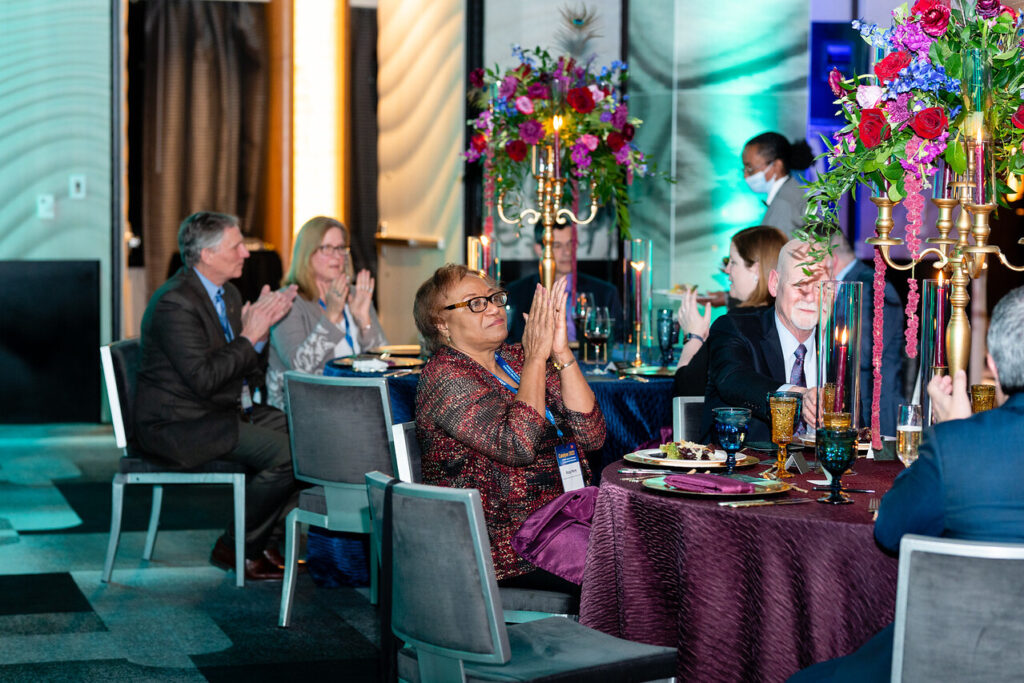
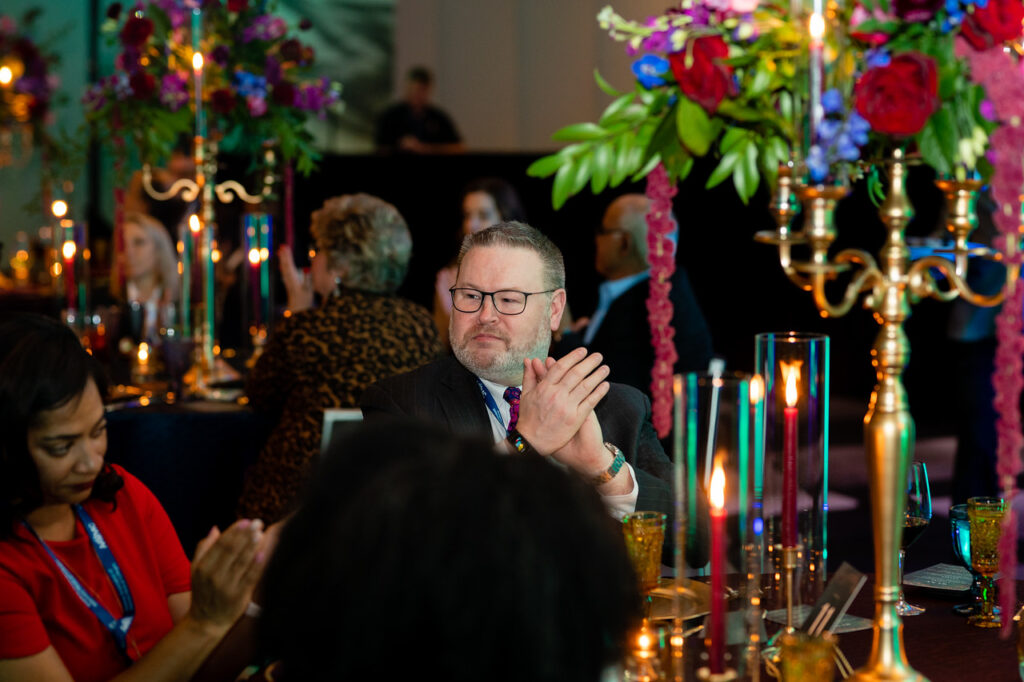
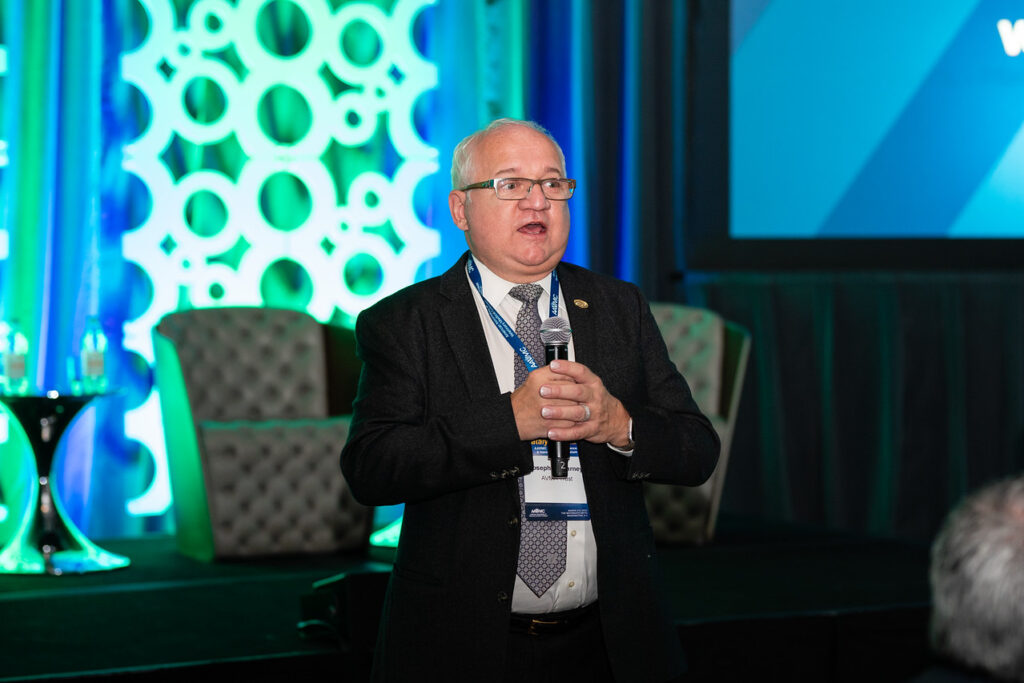
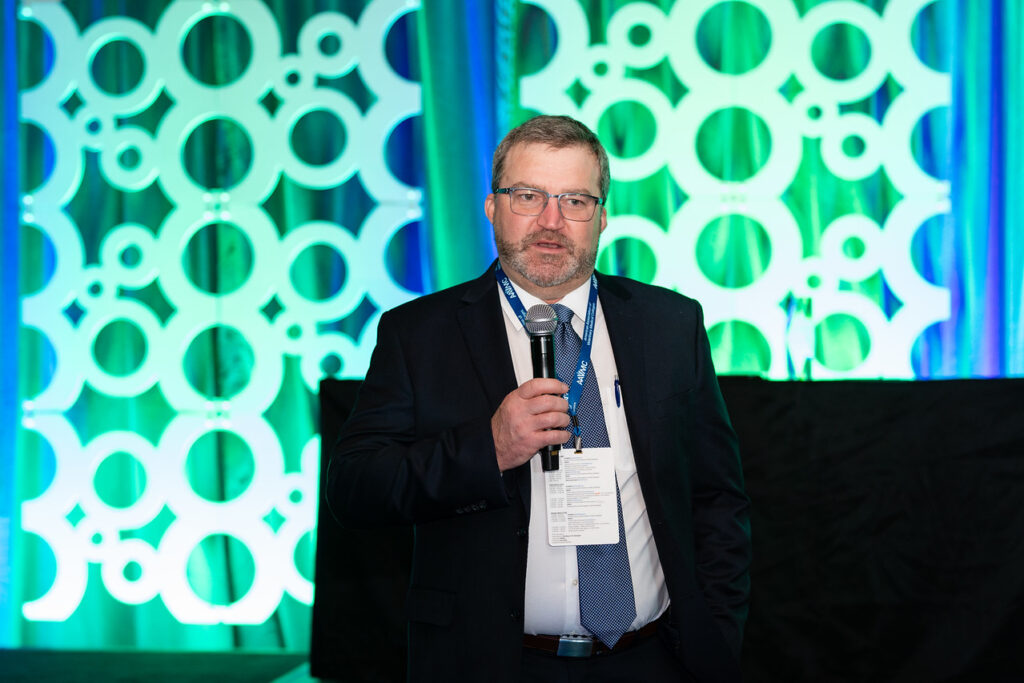
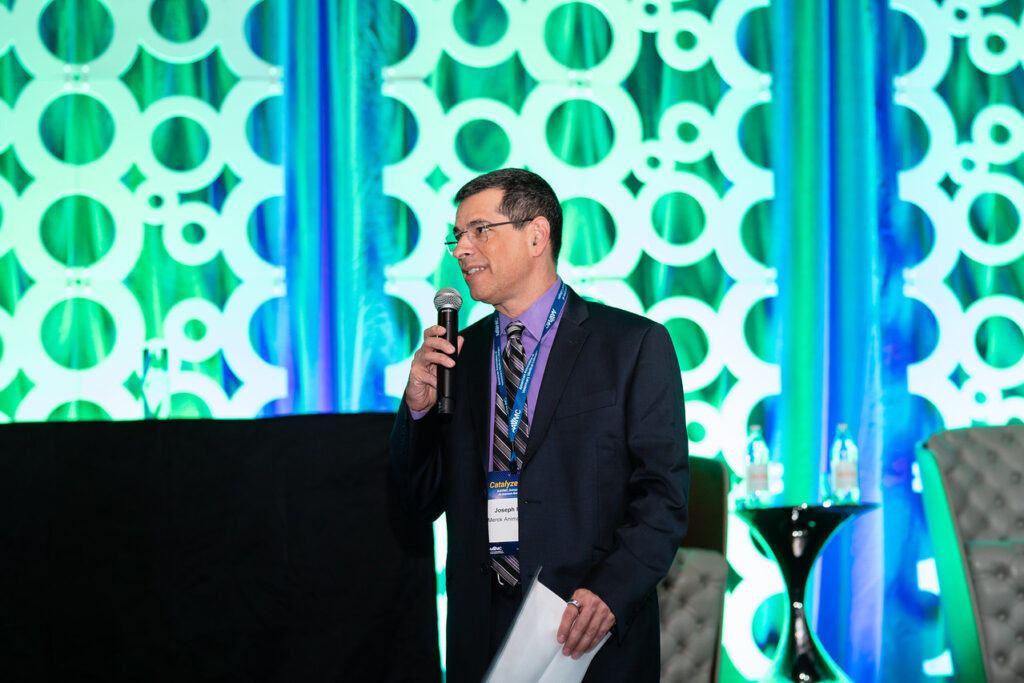
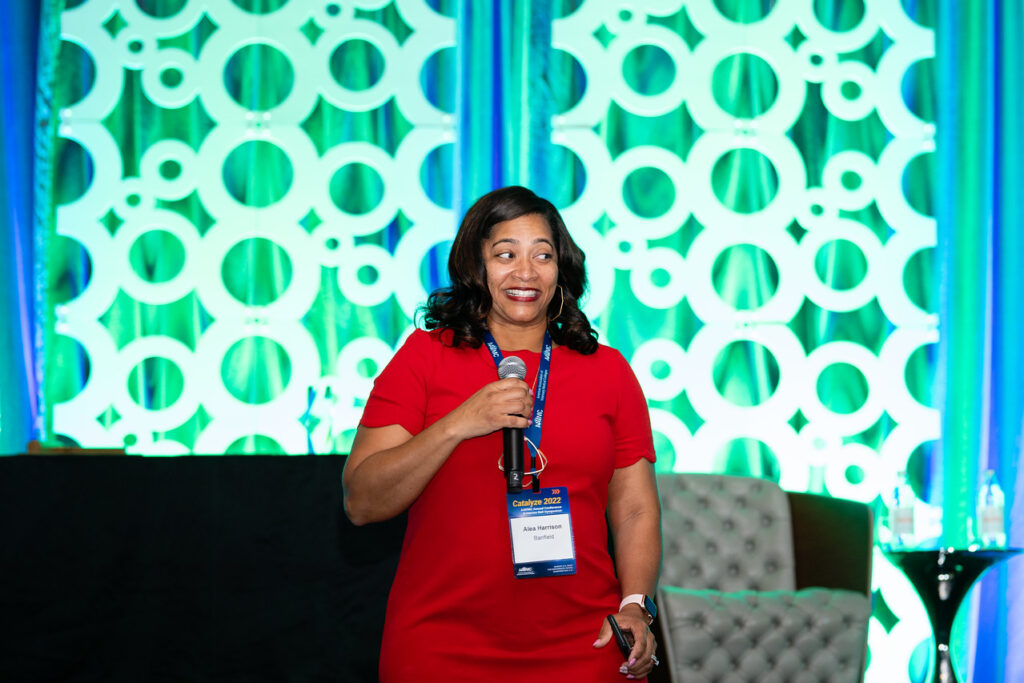
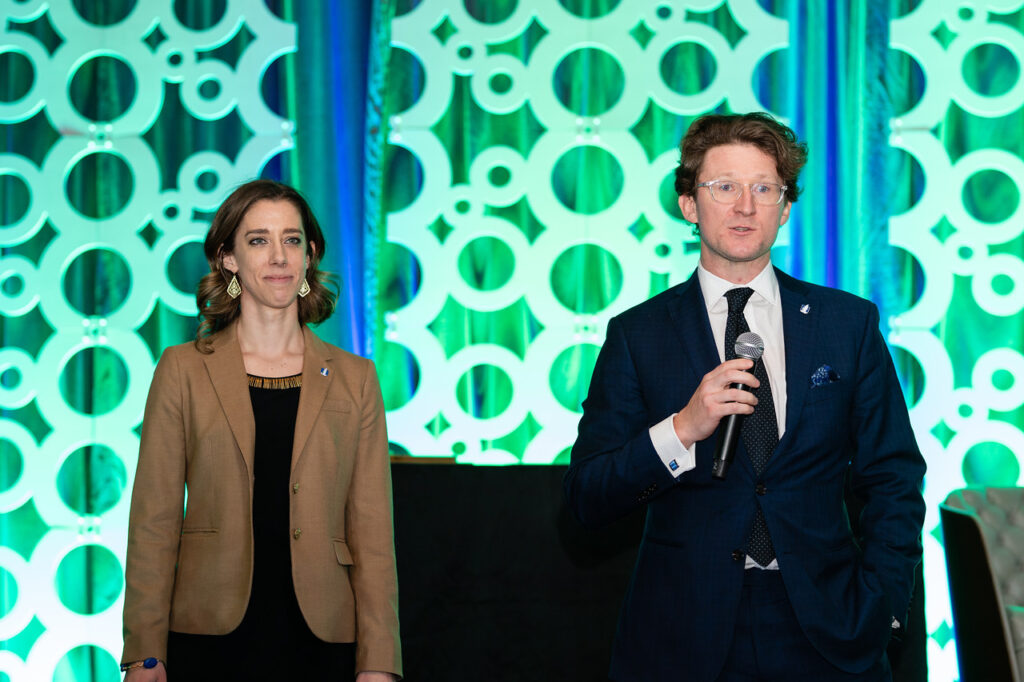
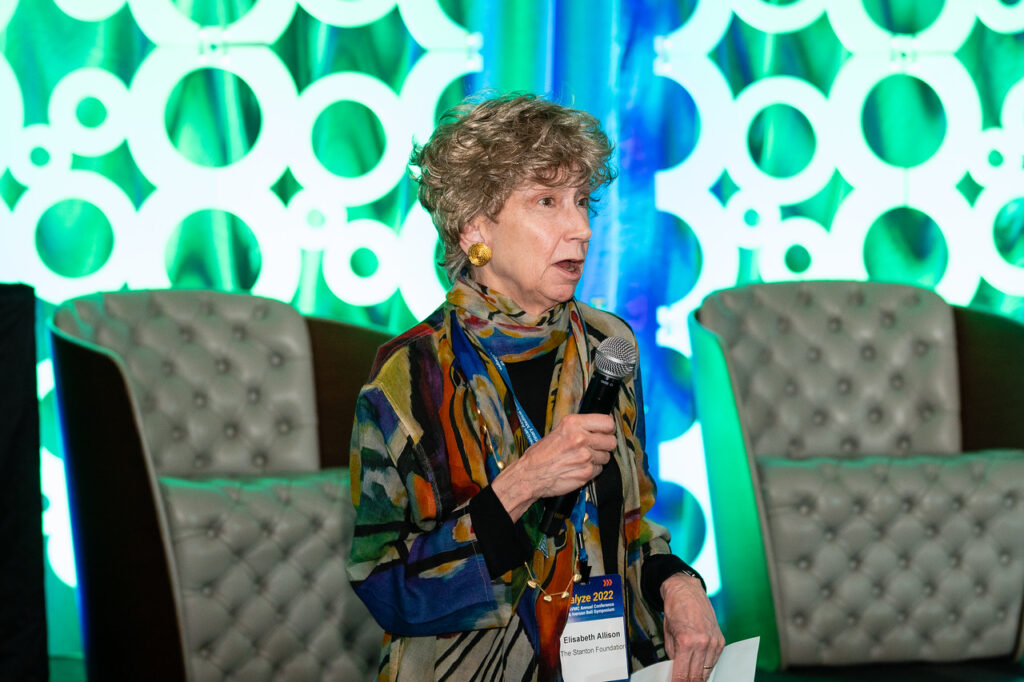
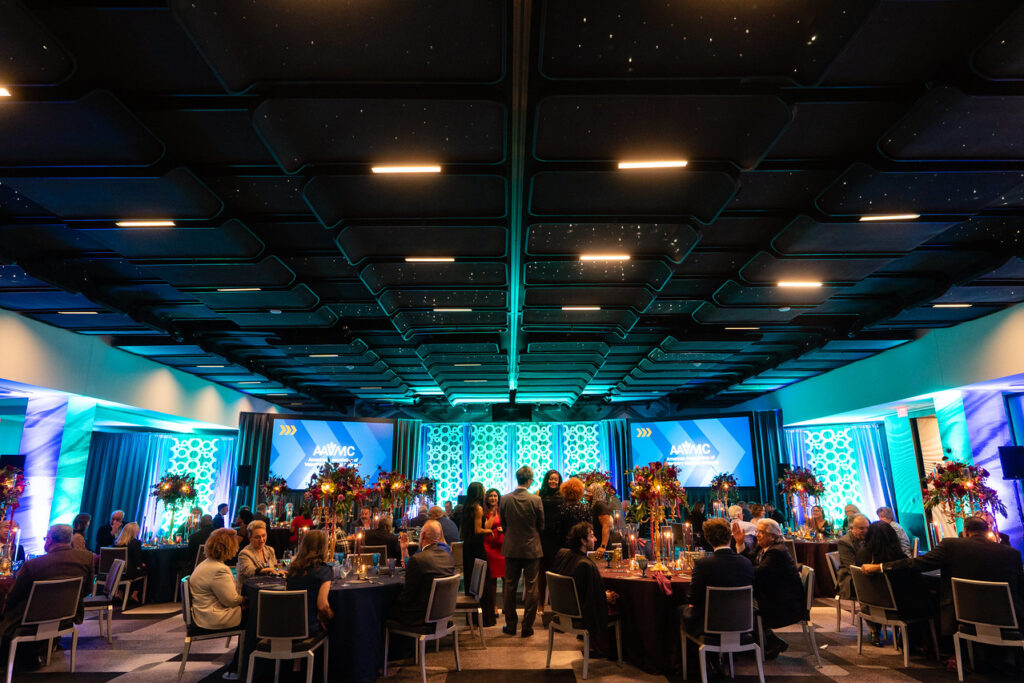





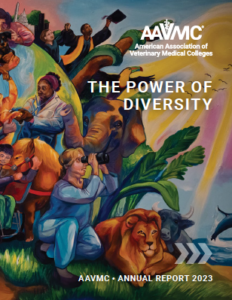
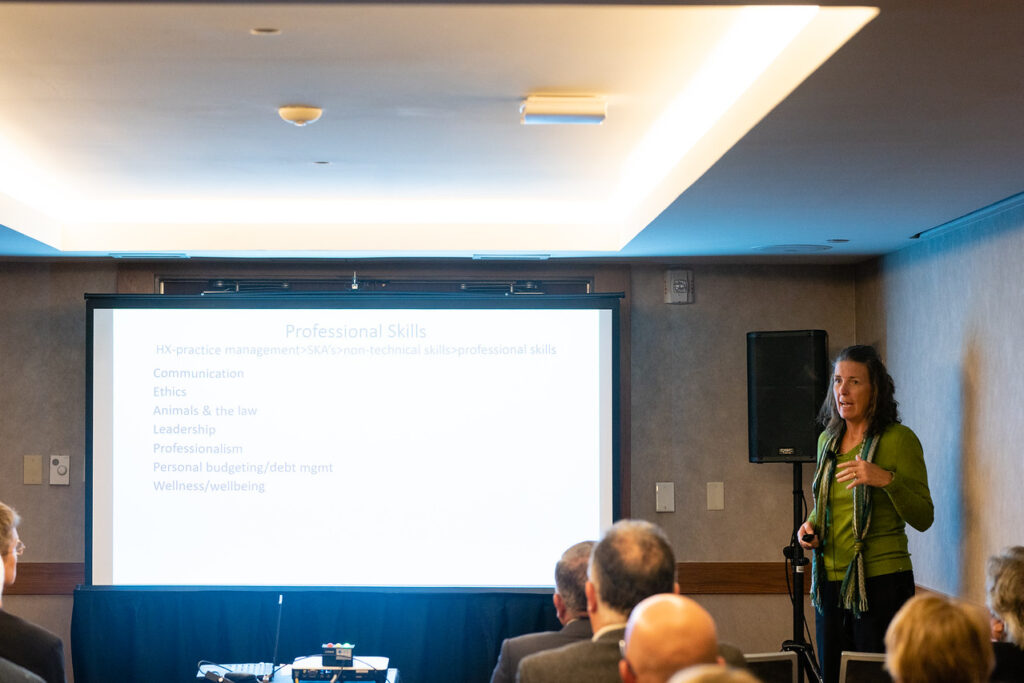
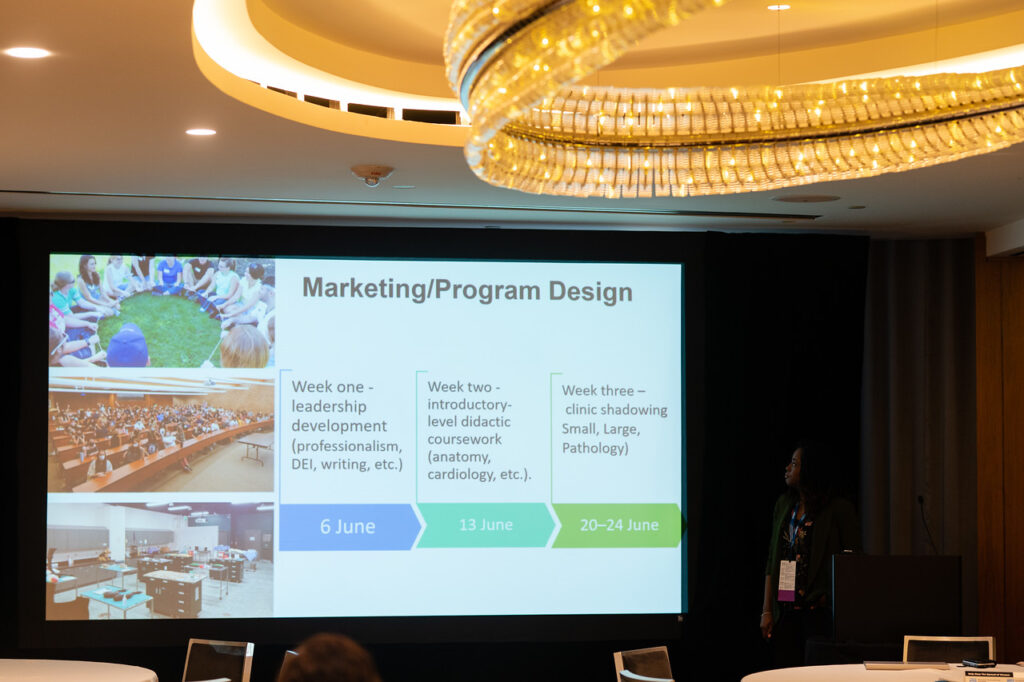
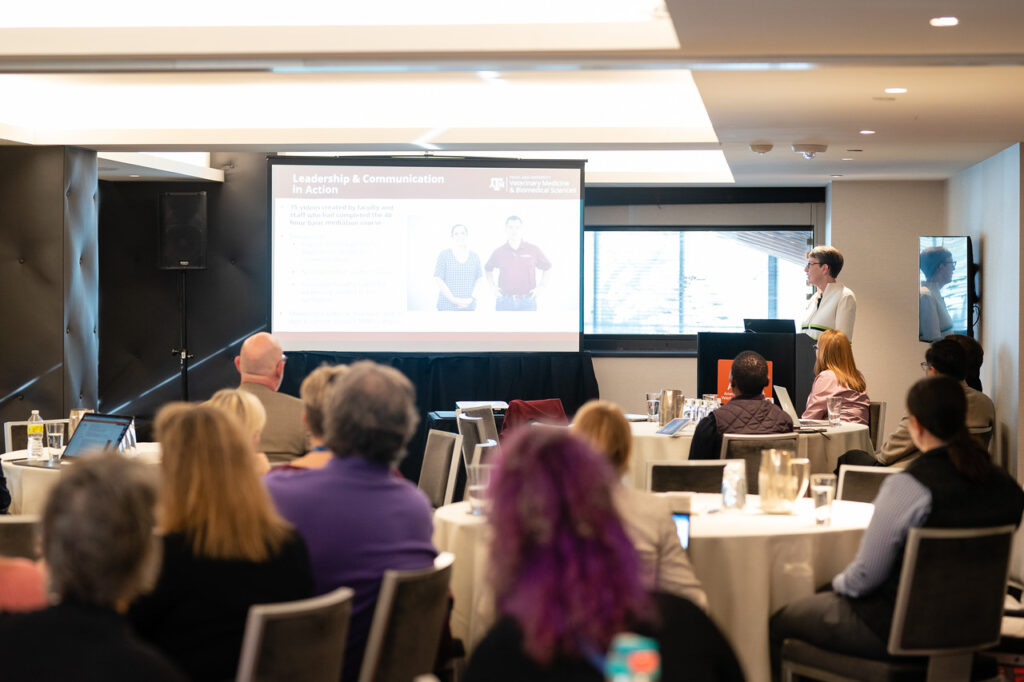
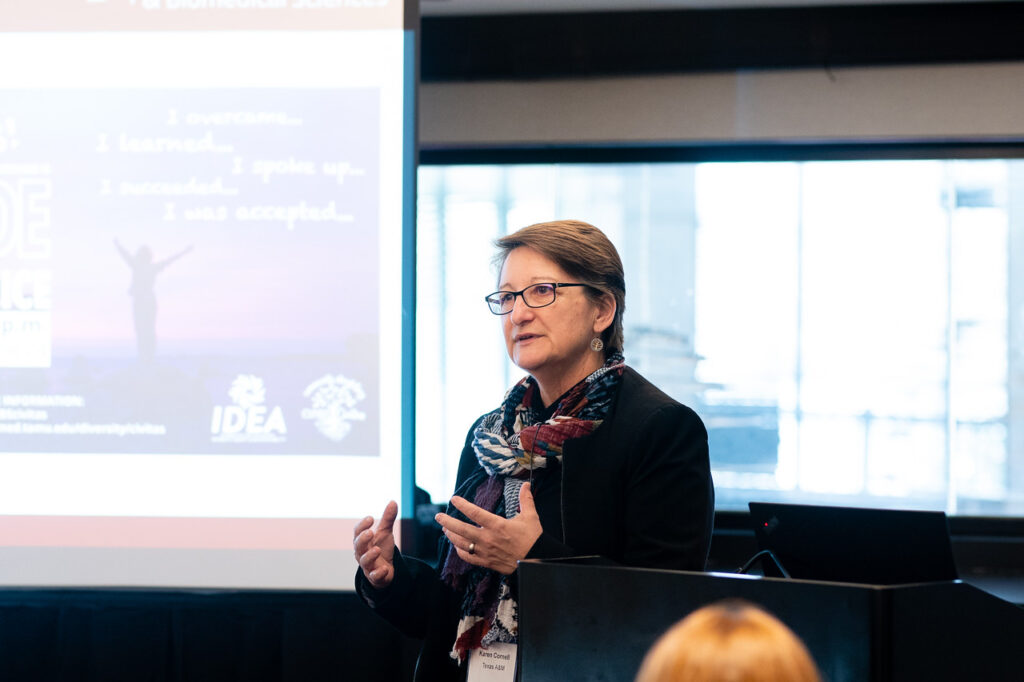
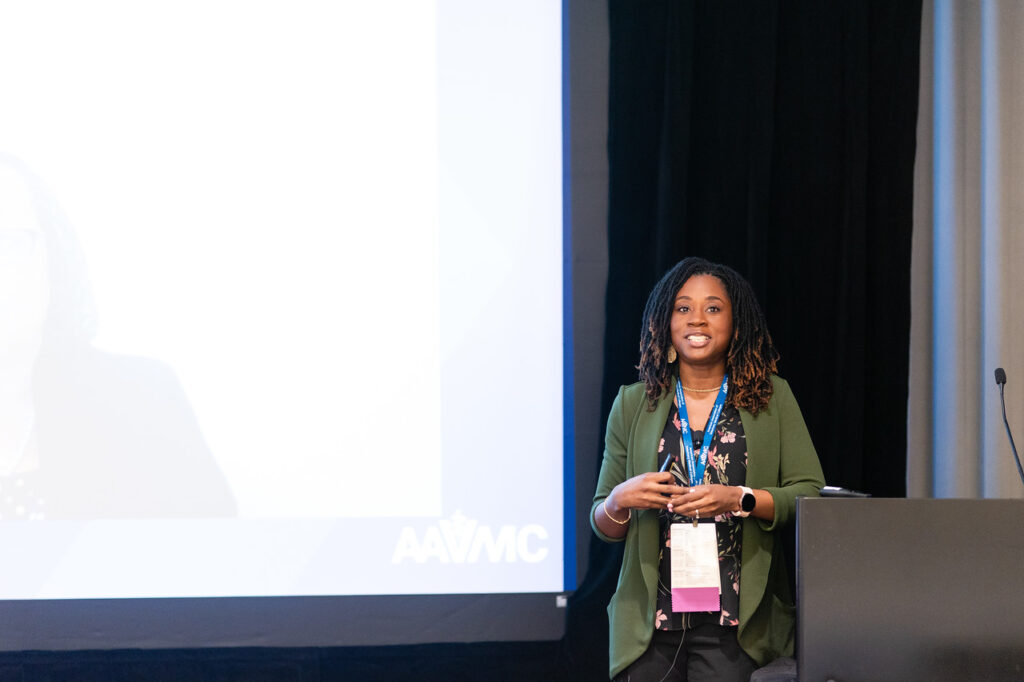
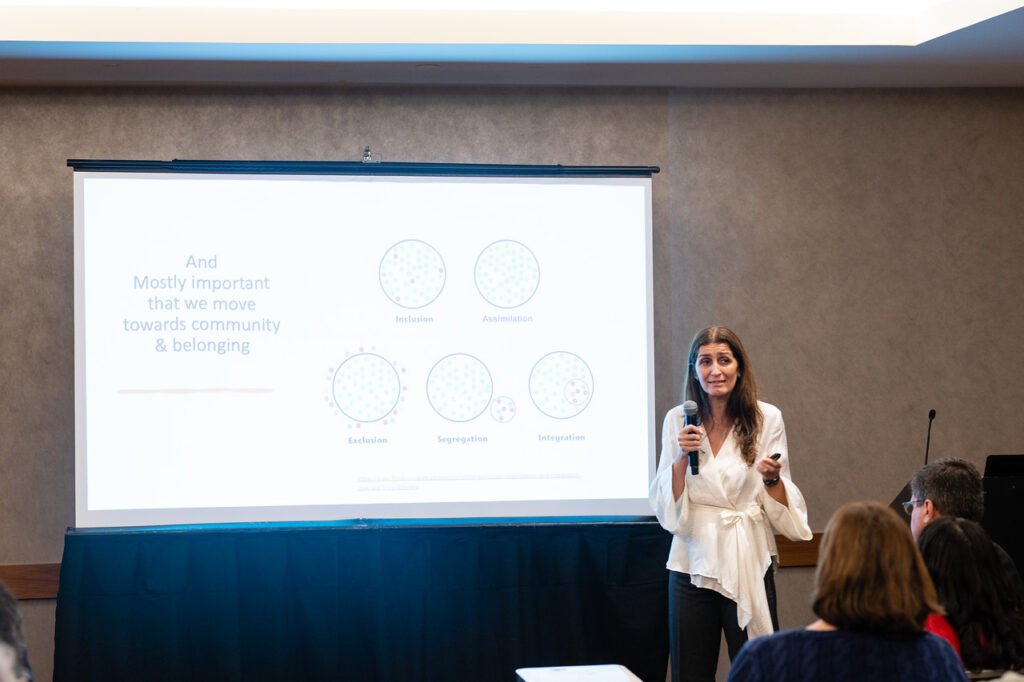
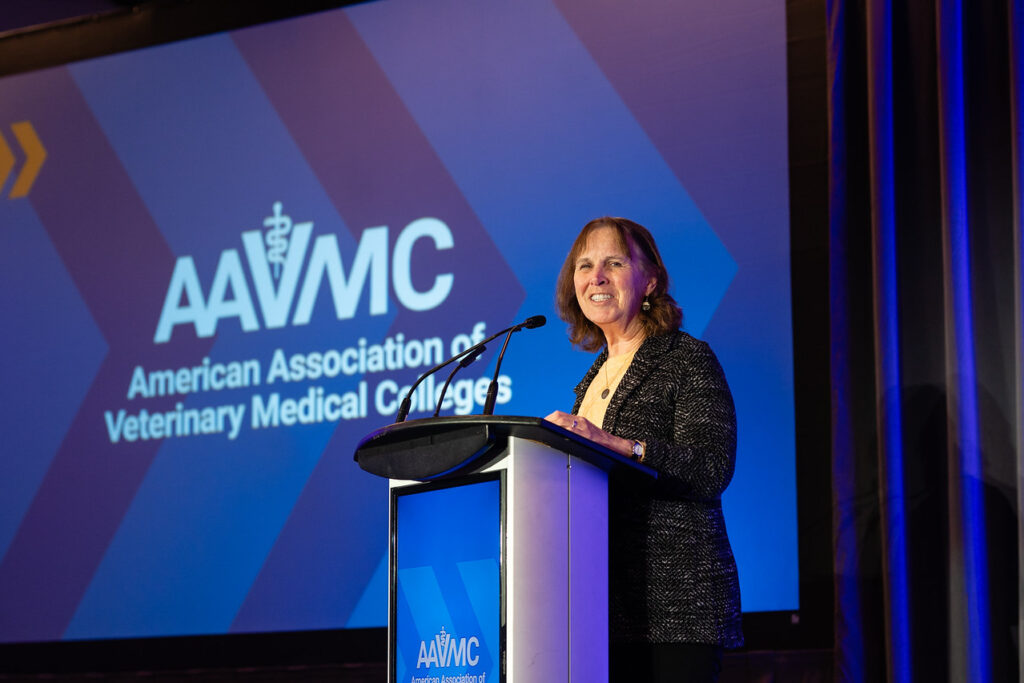
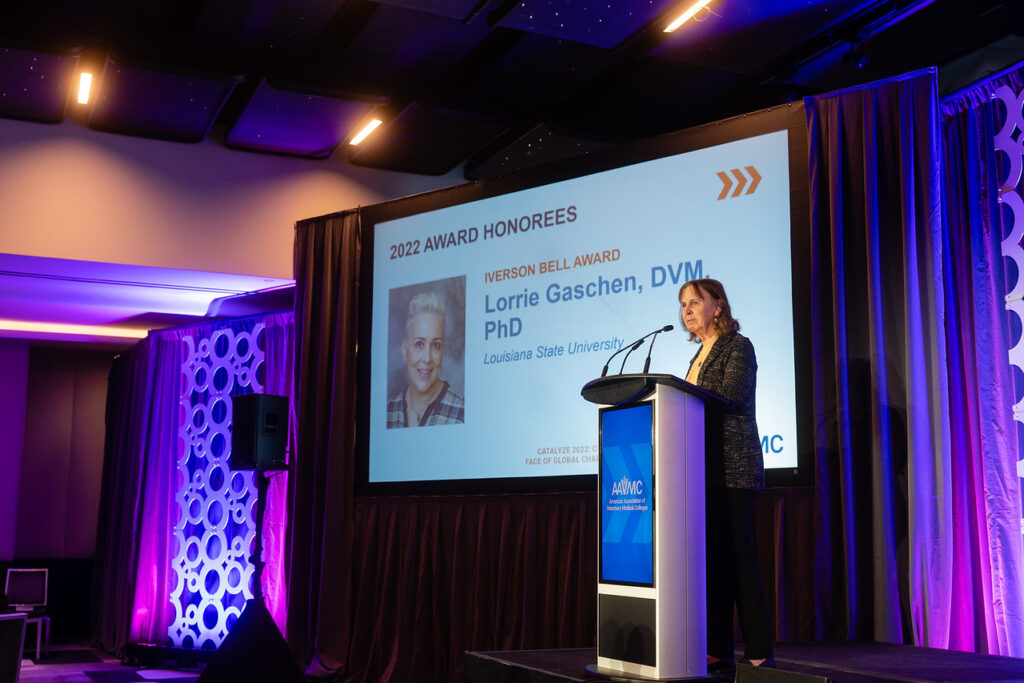
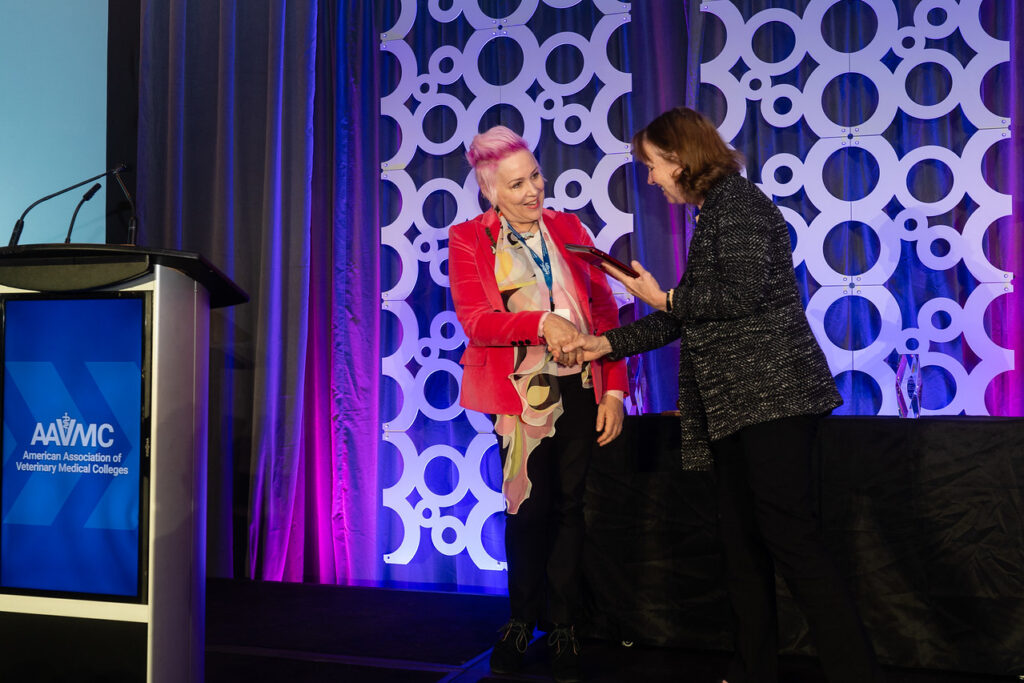
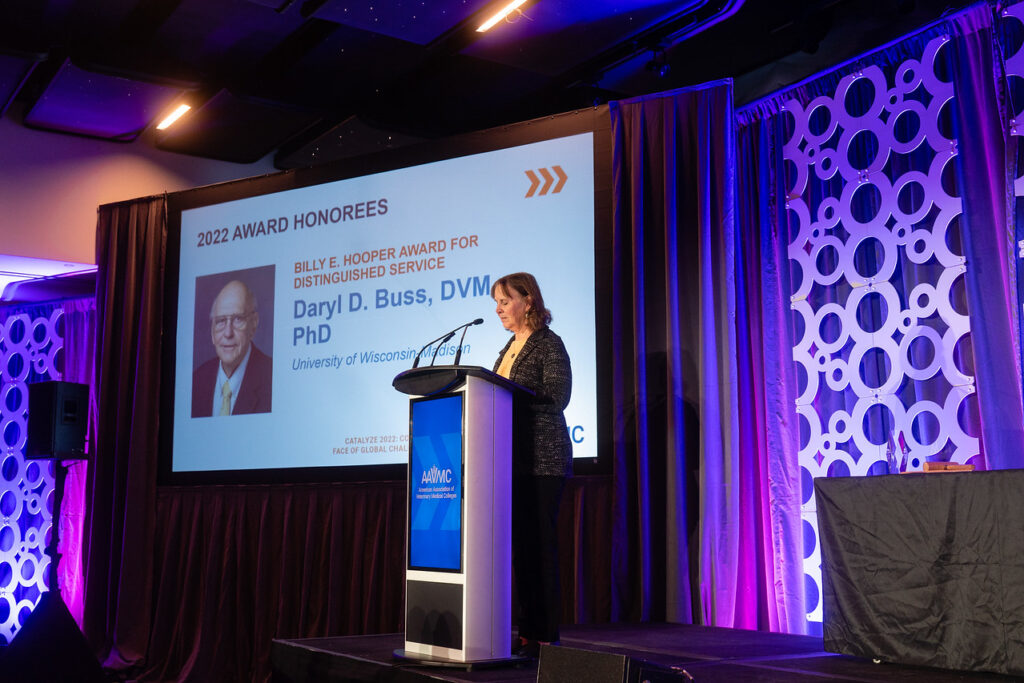
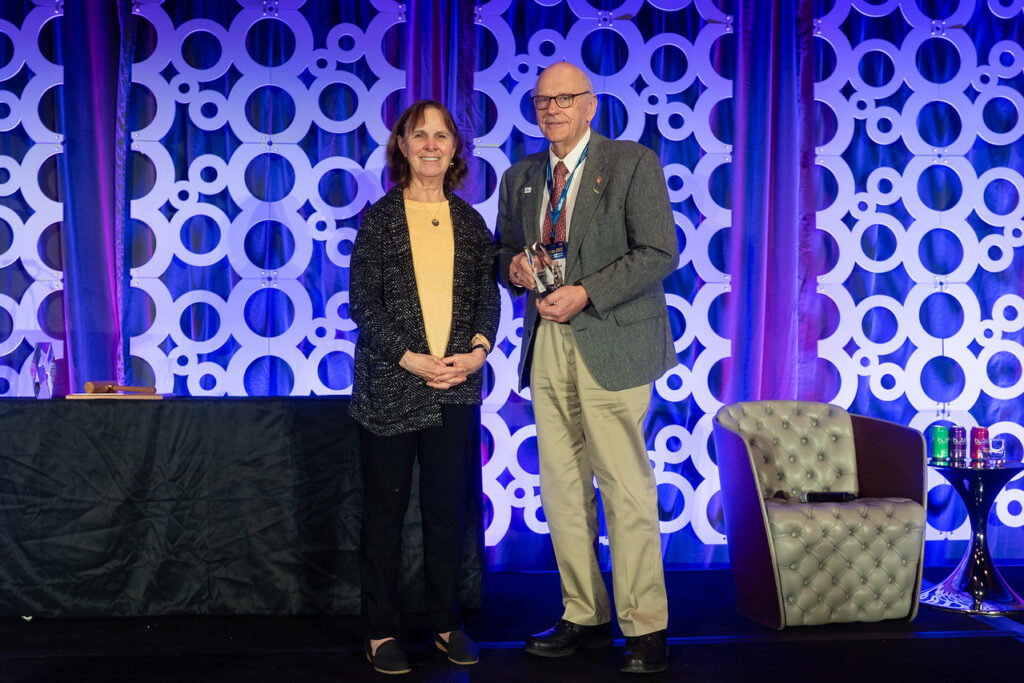
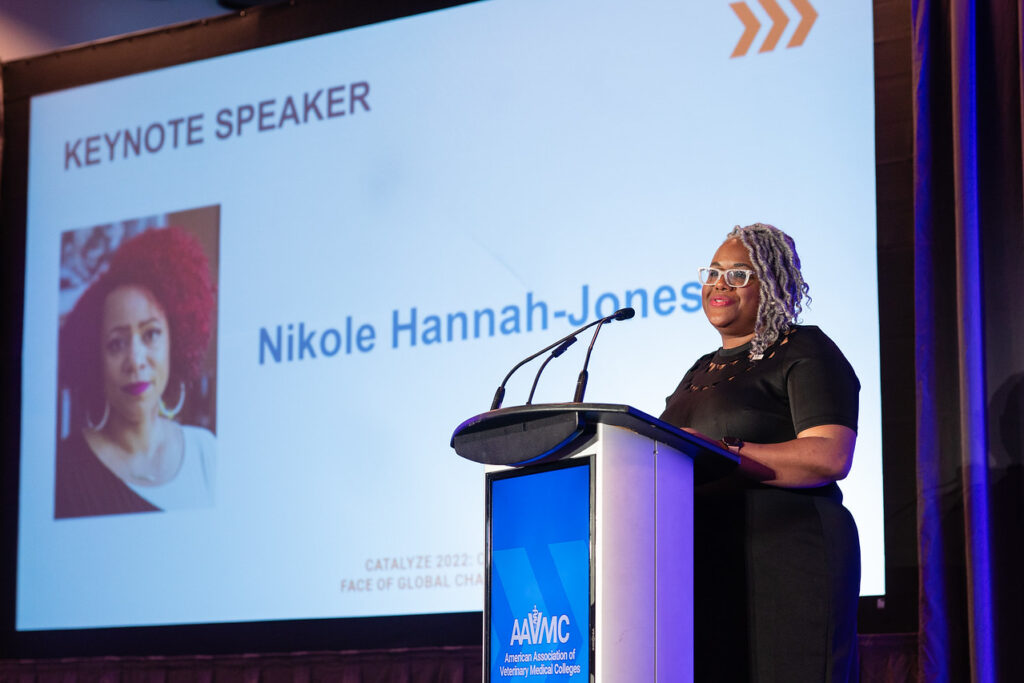
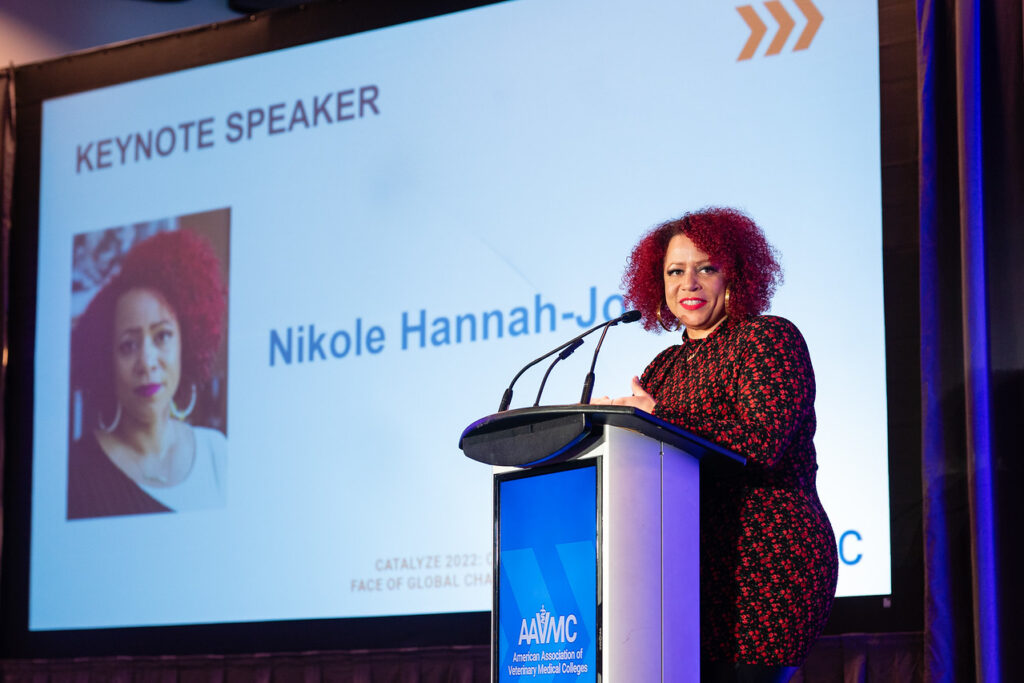
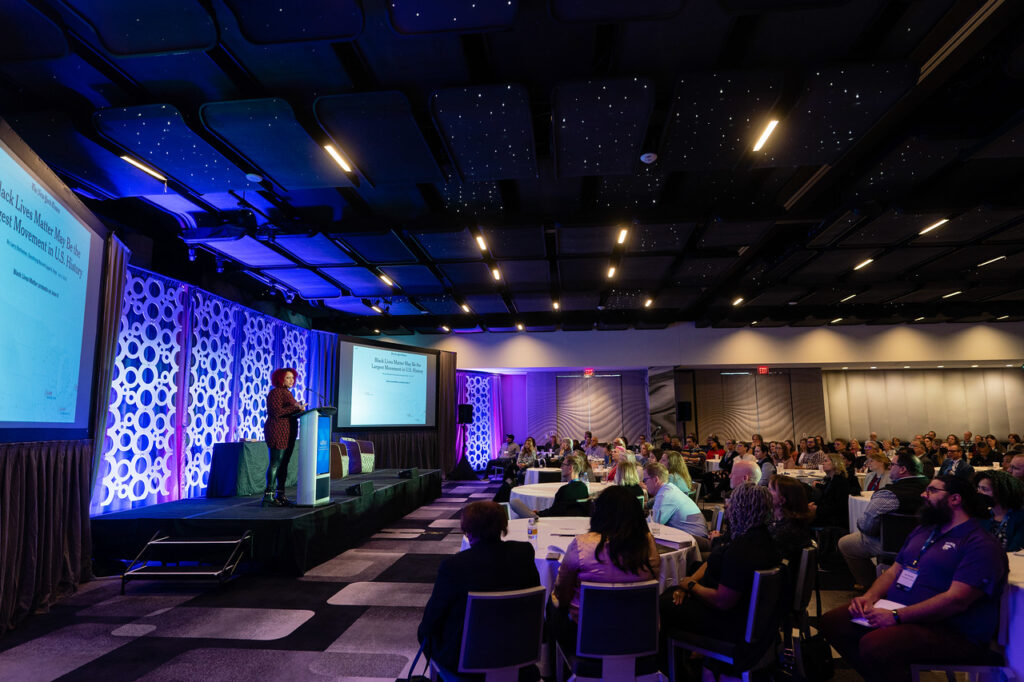
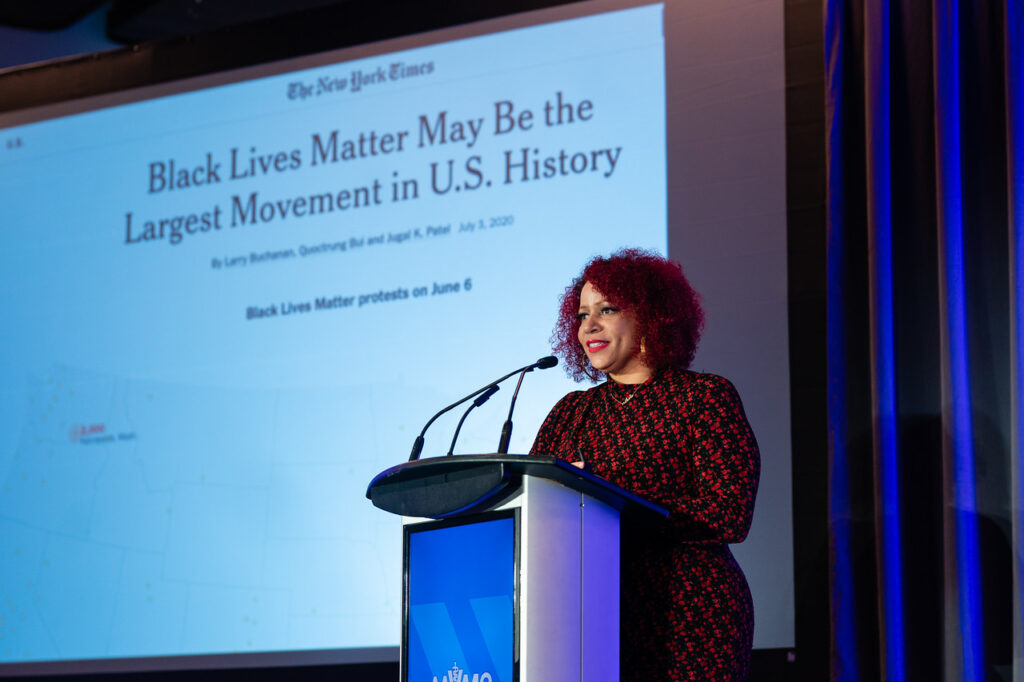
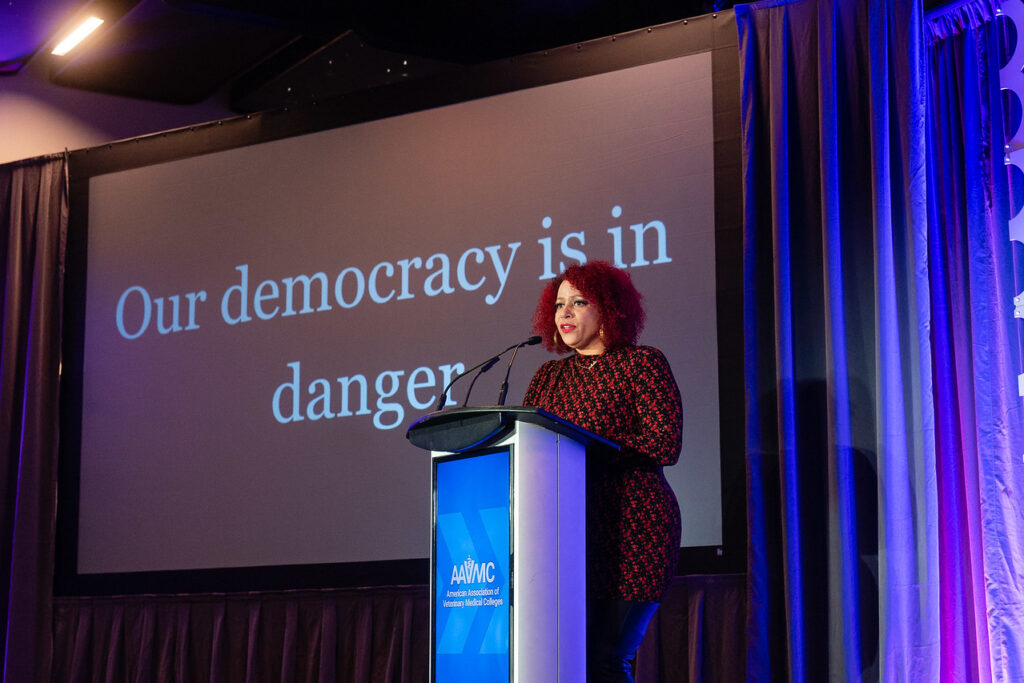
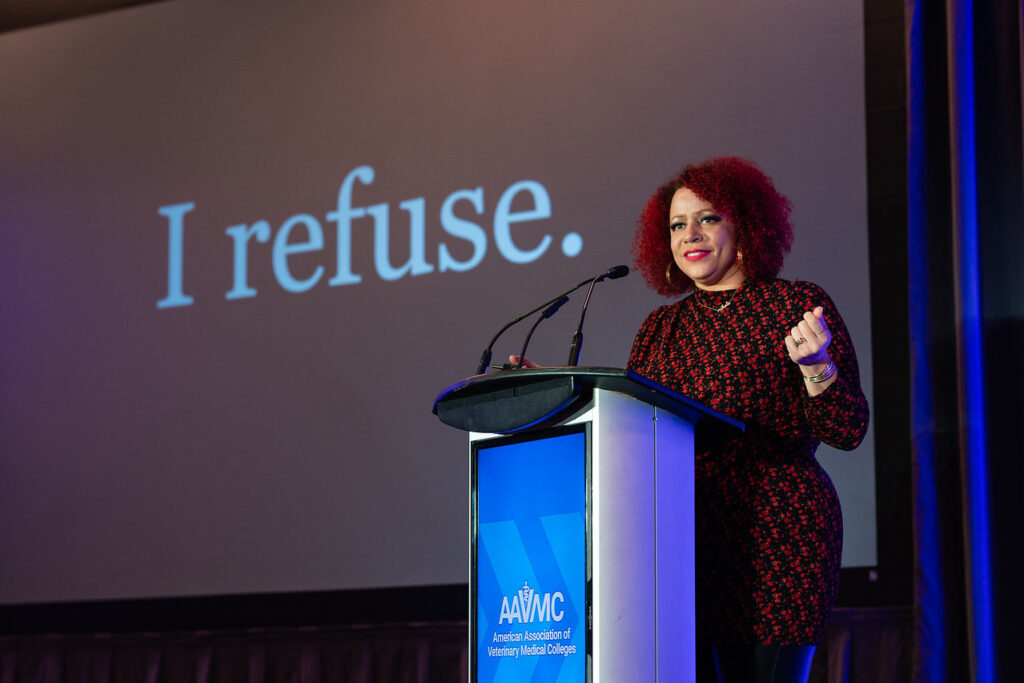
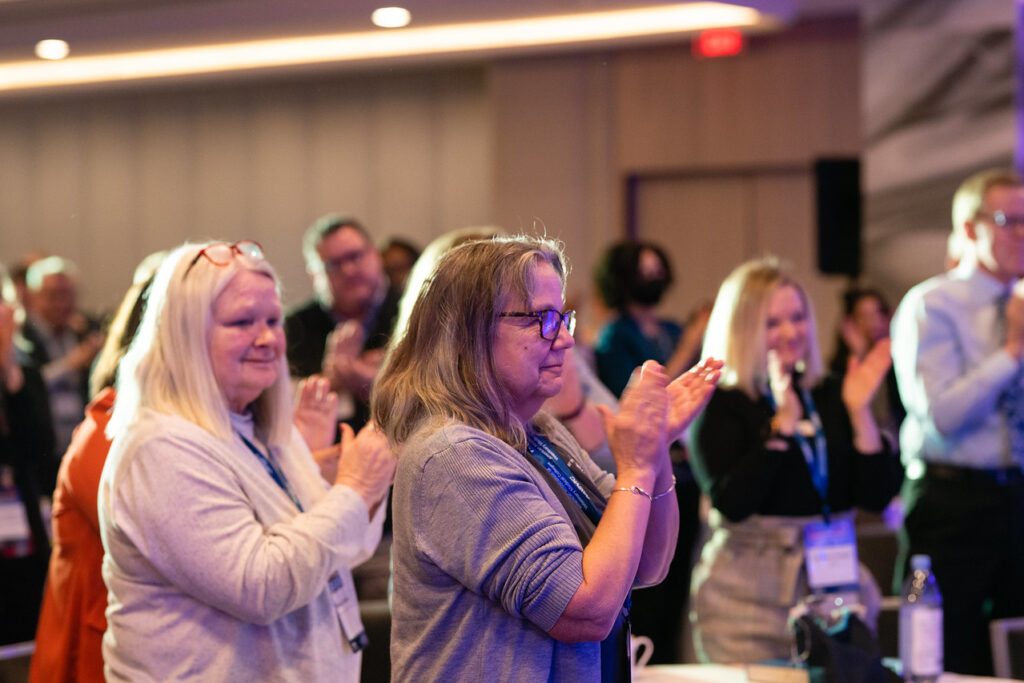
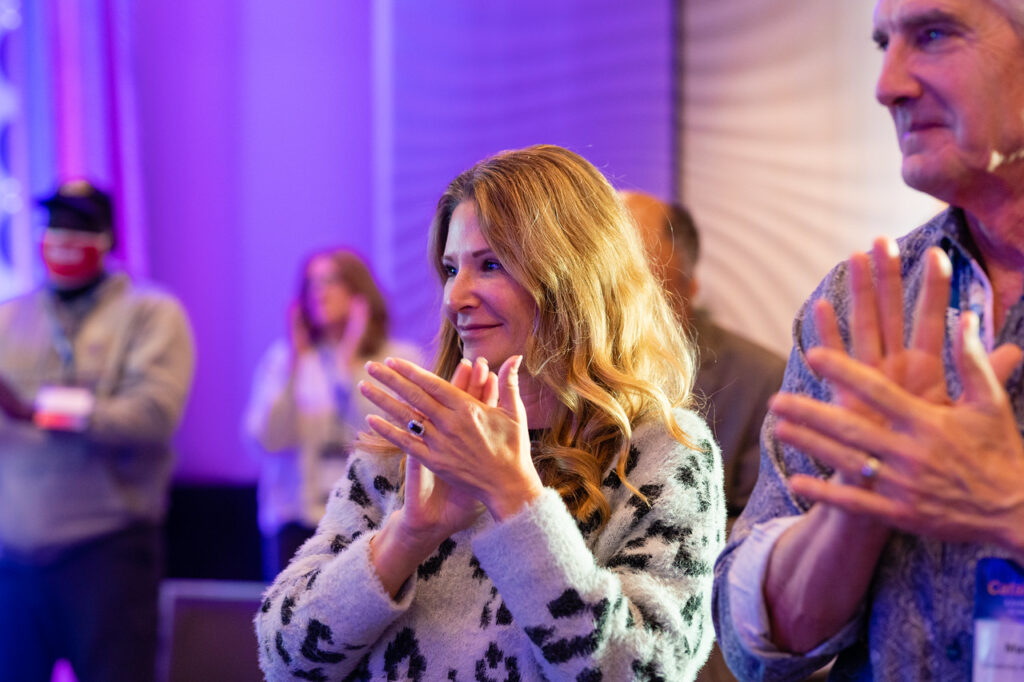
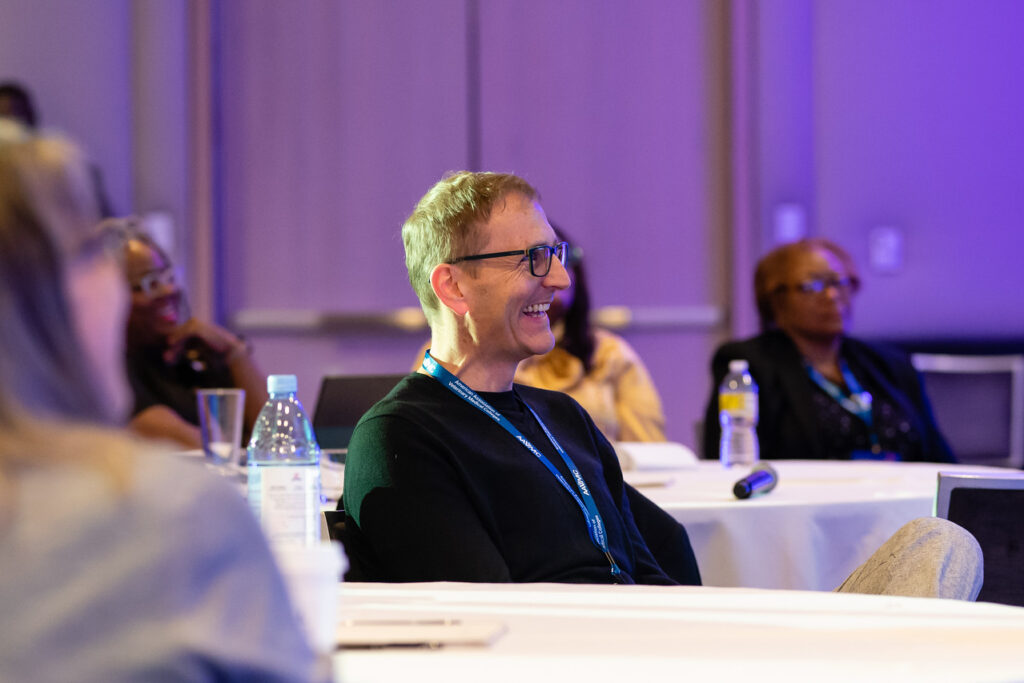
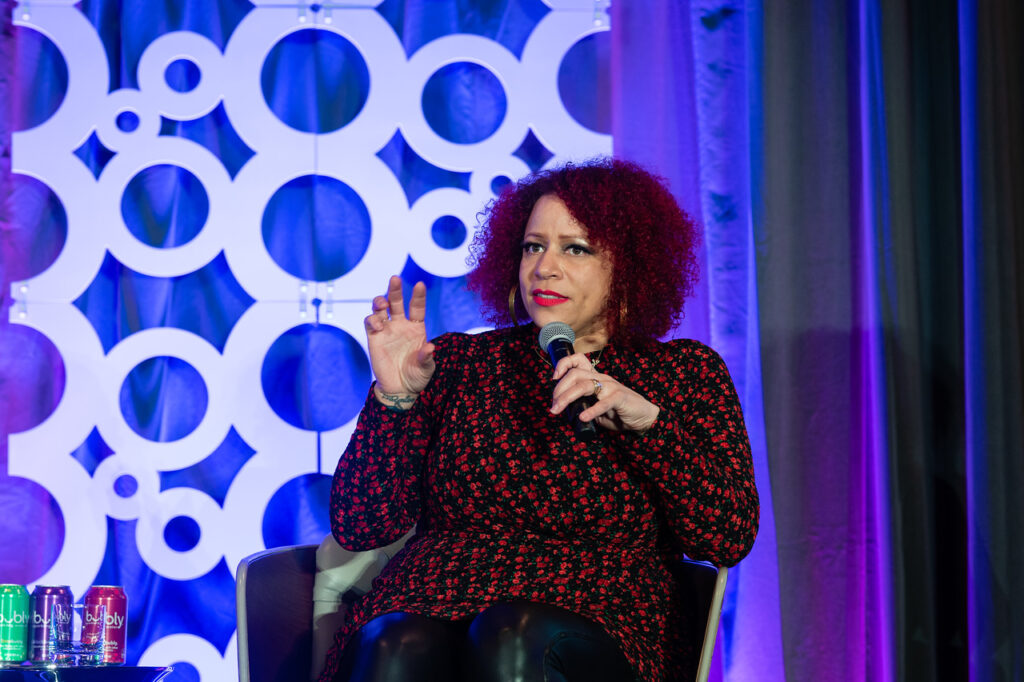
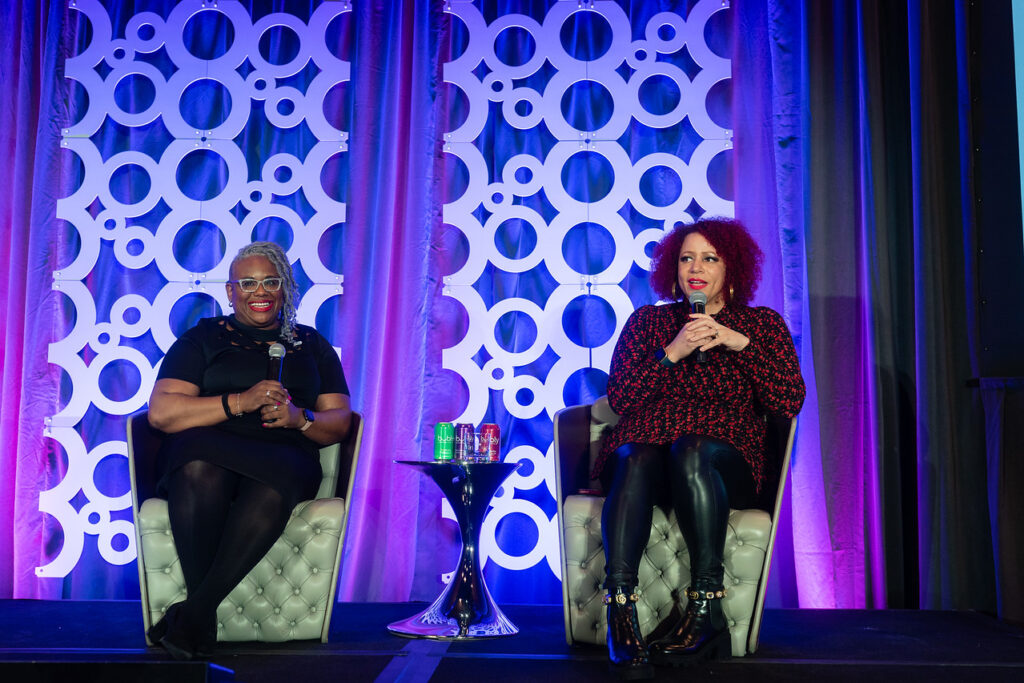
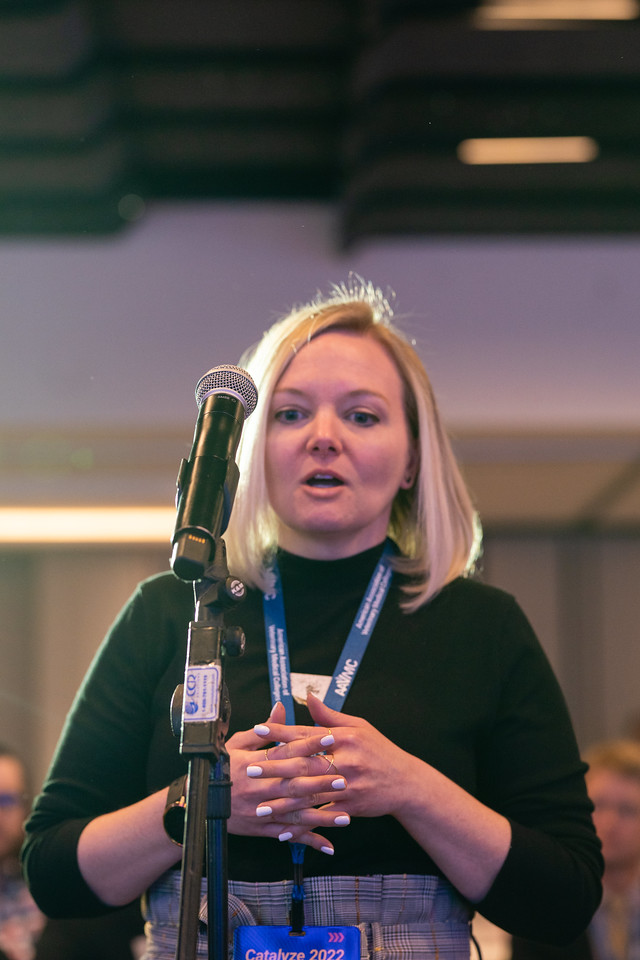
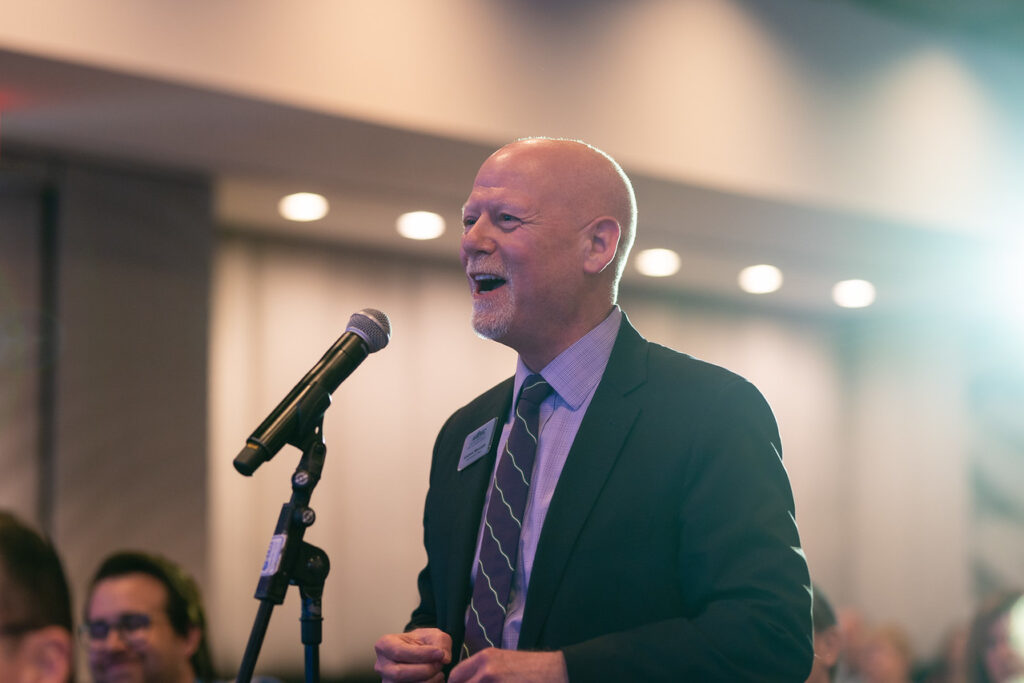
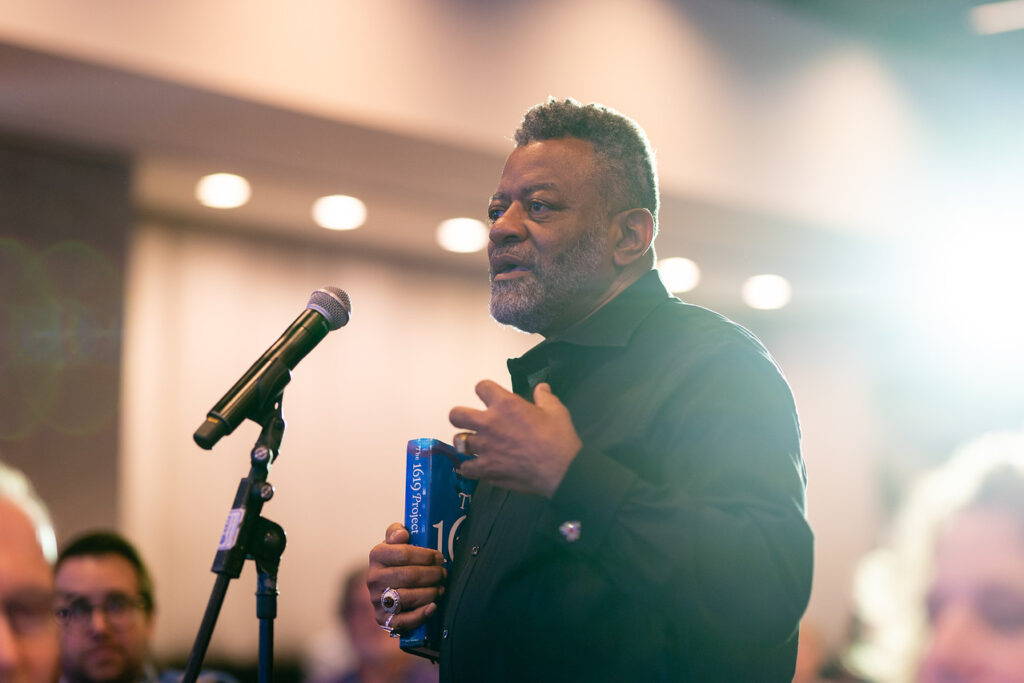
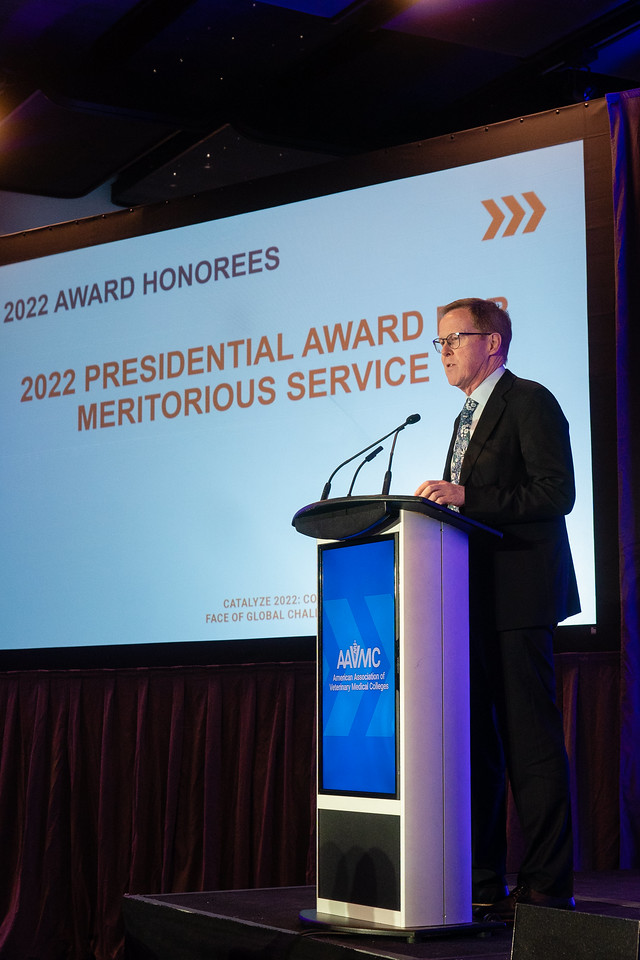
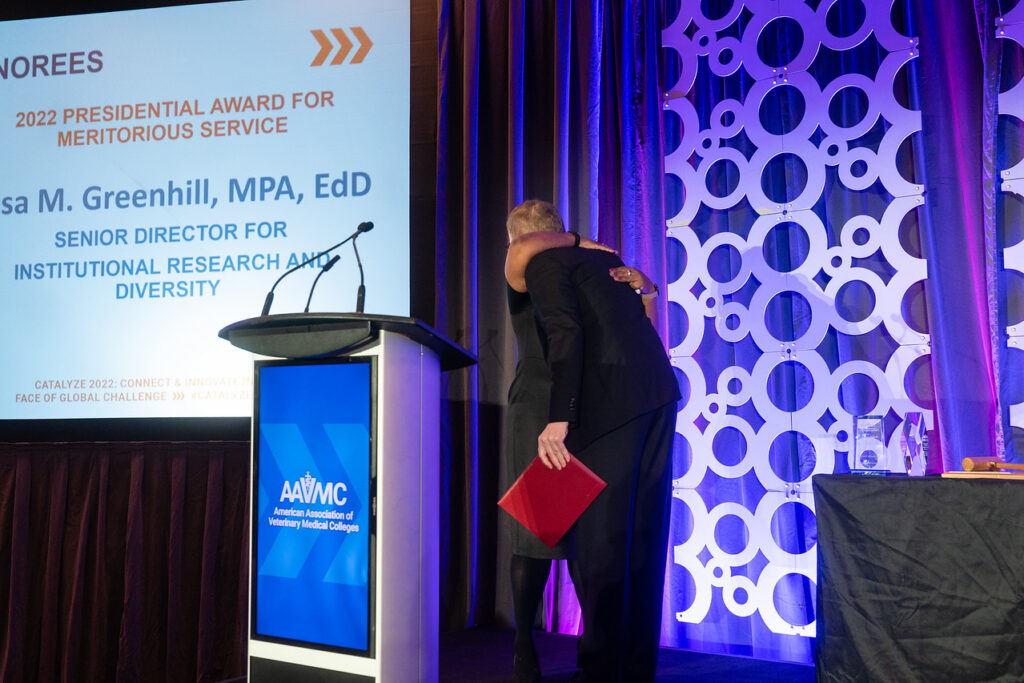

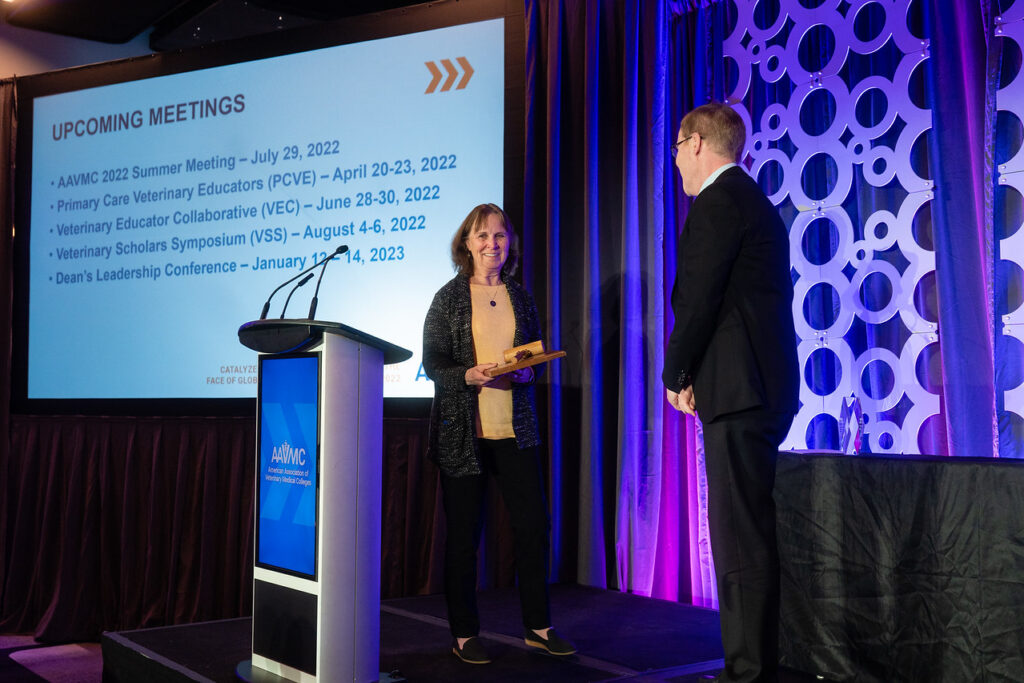
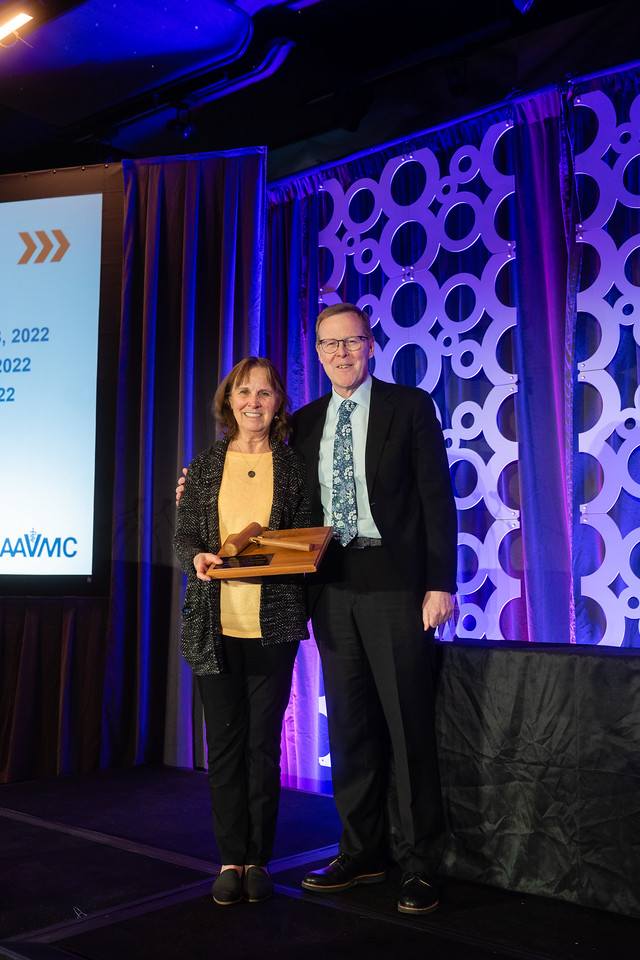
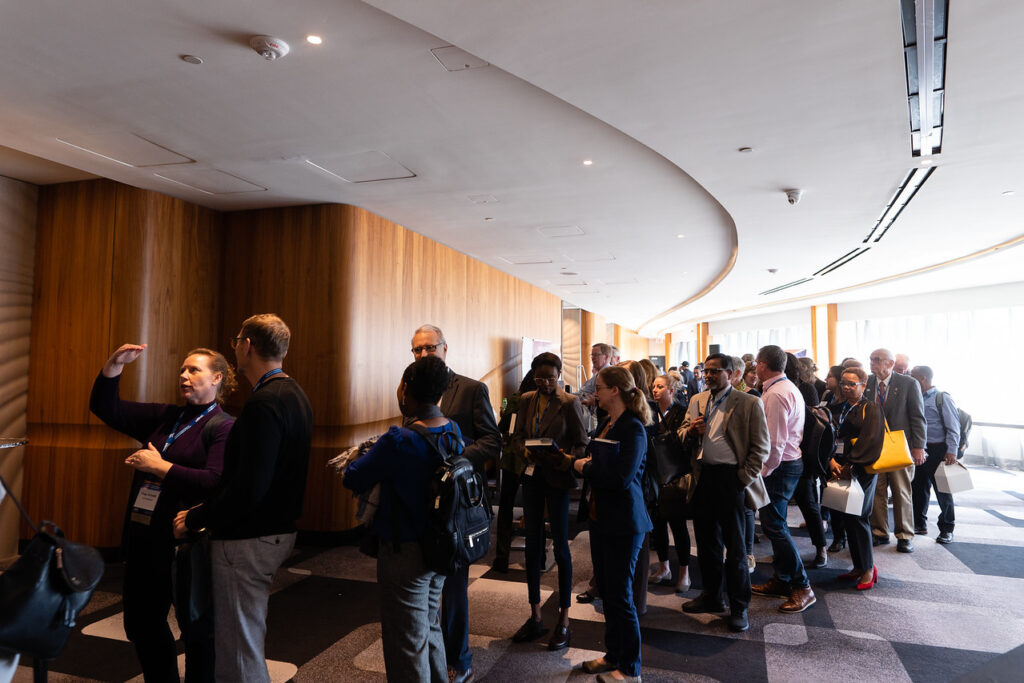
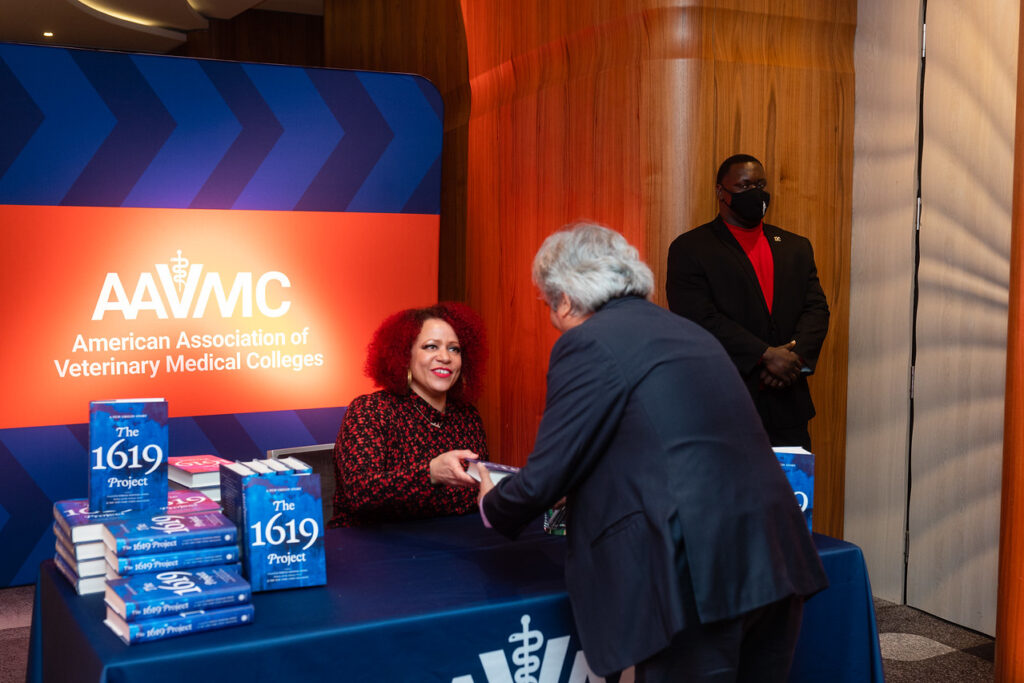
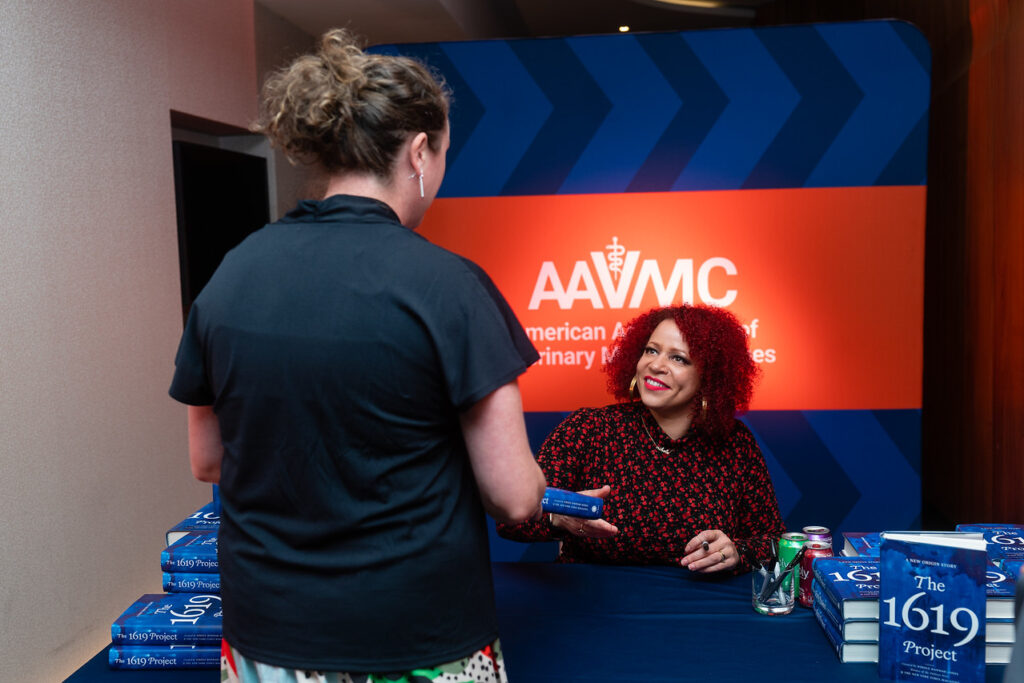
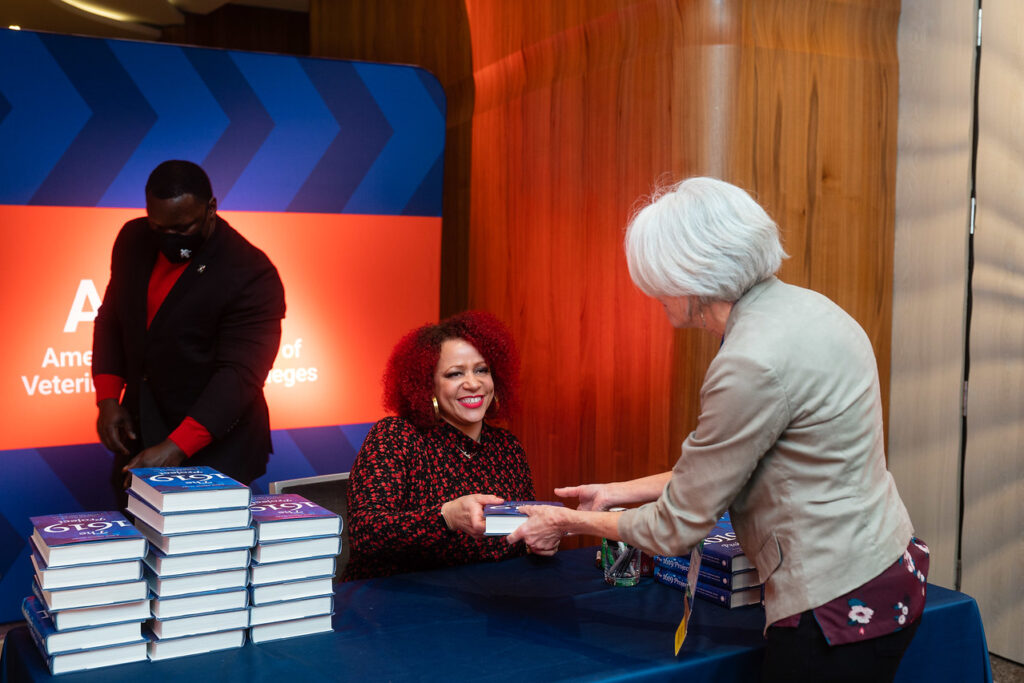
SHARE